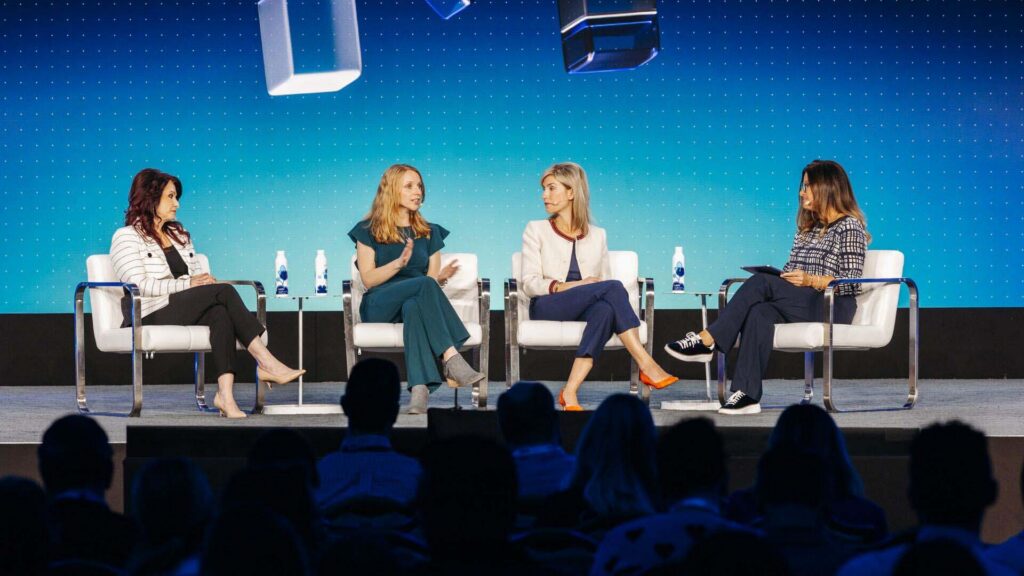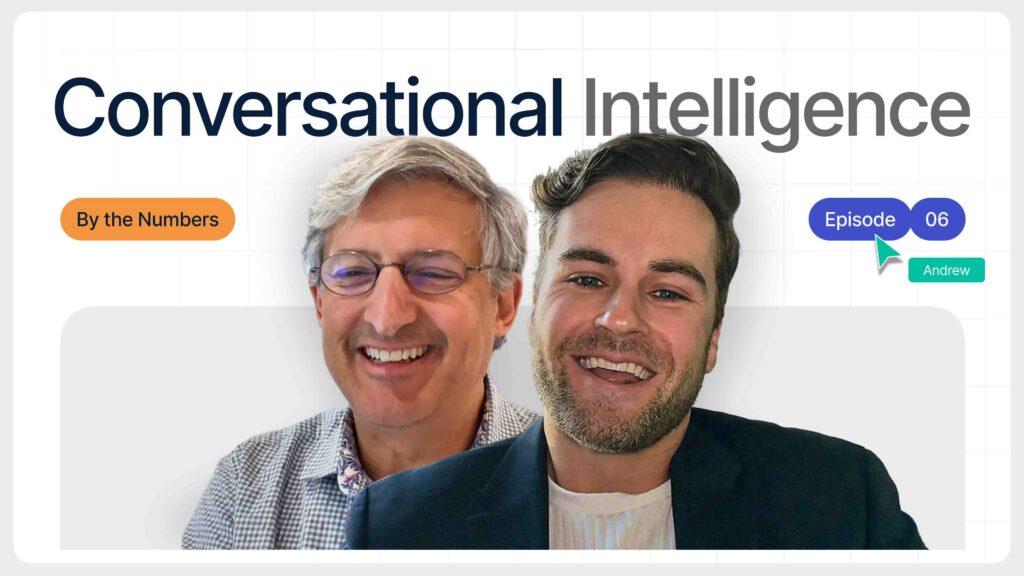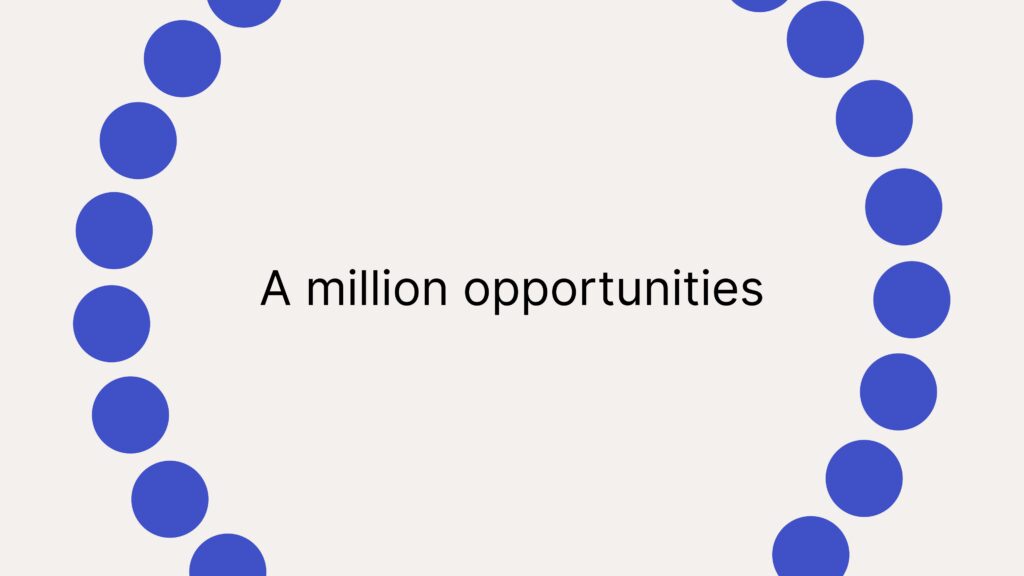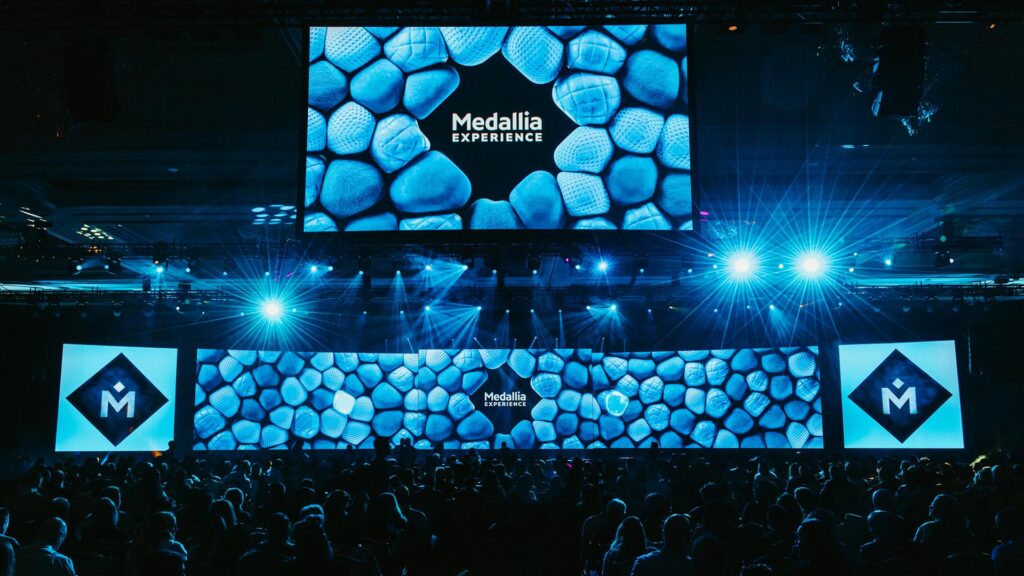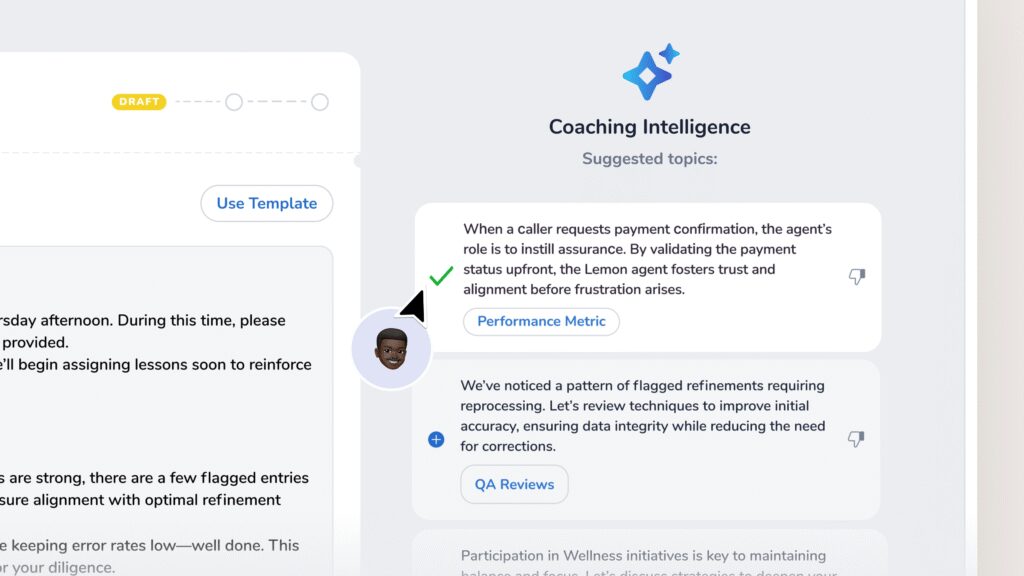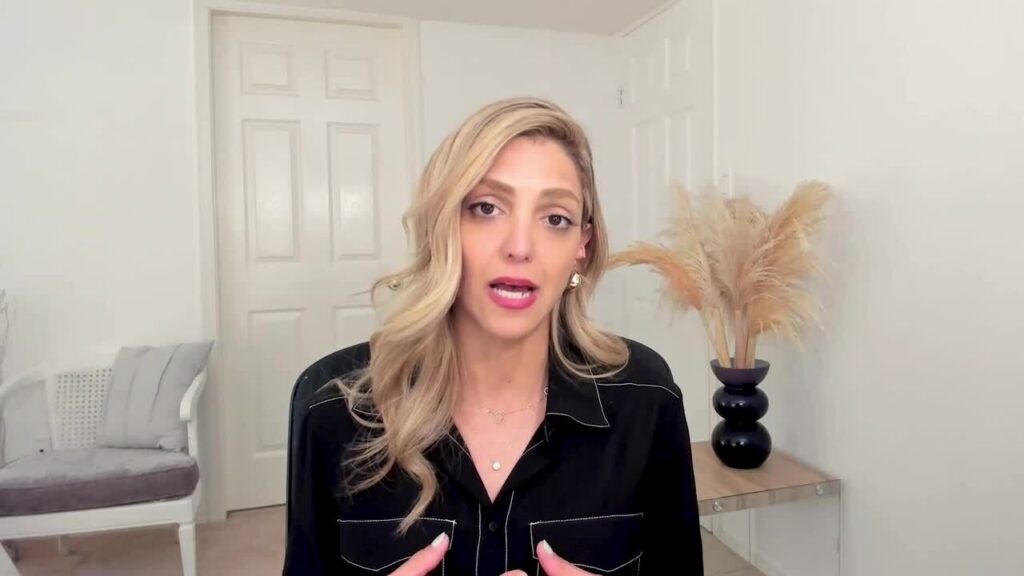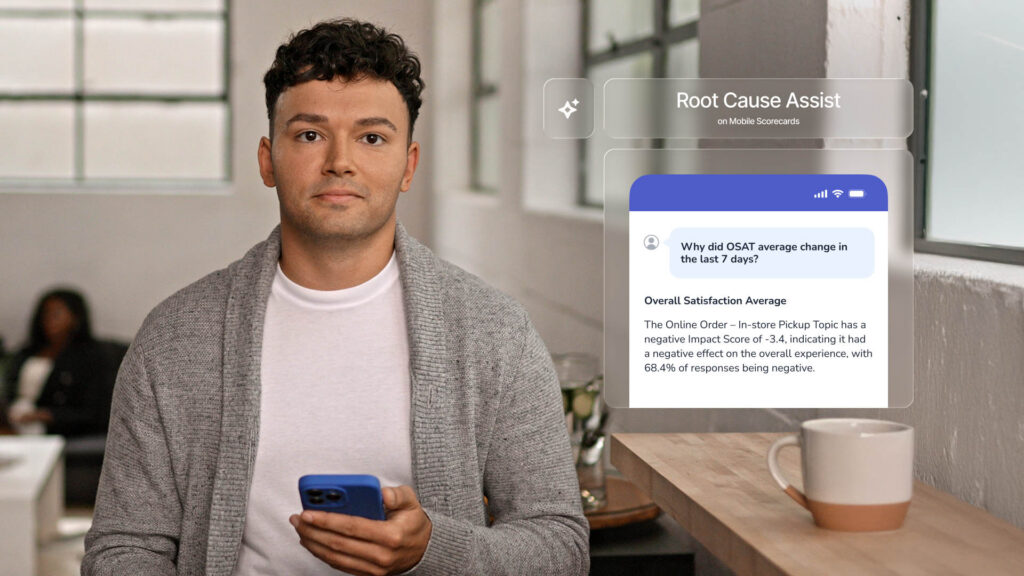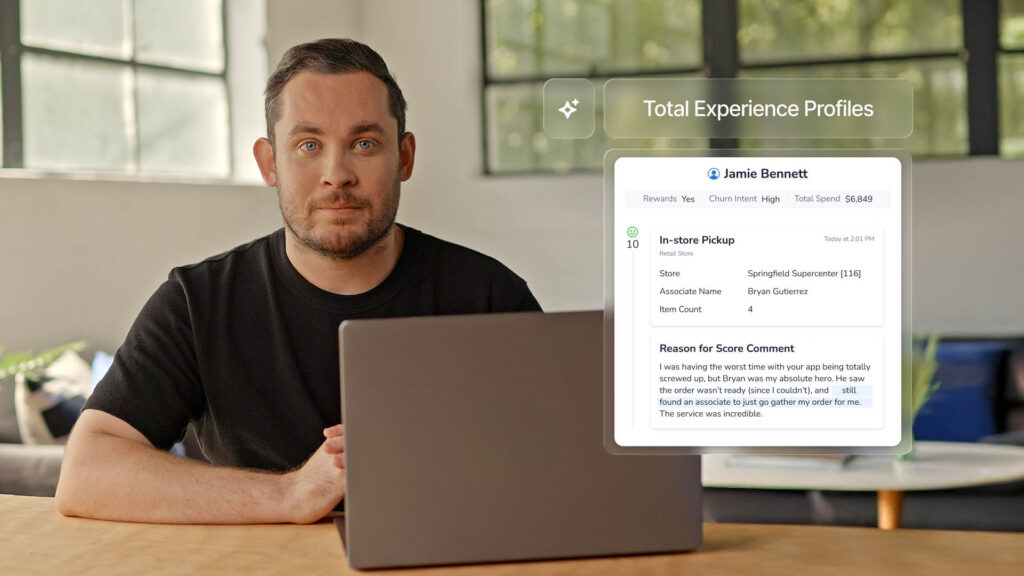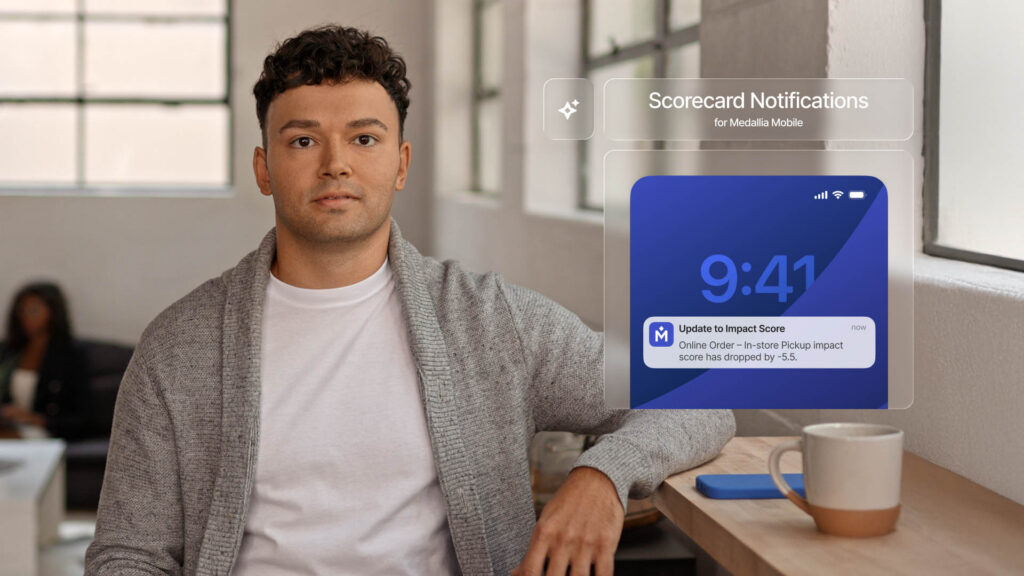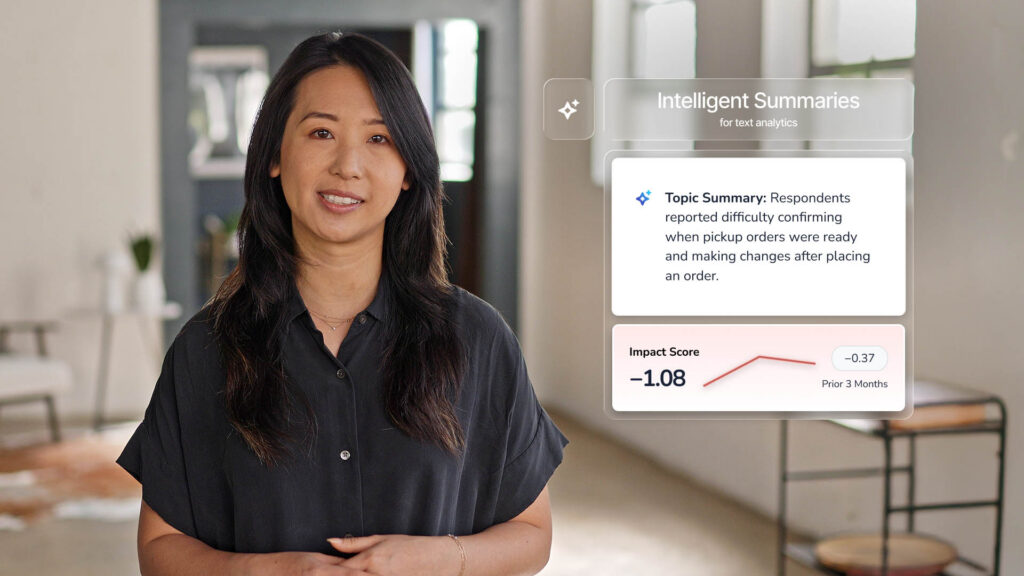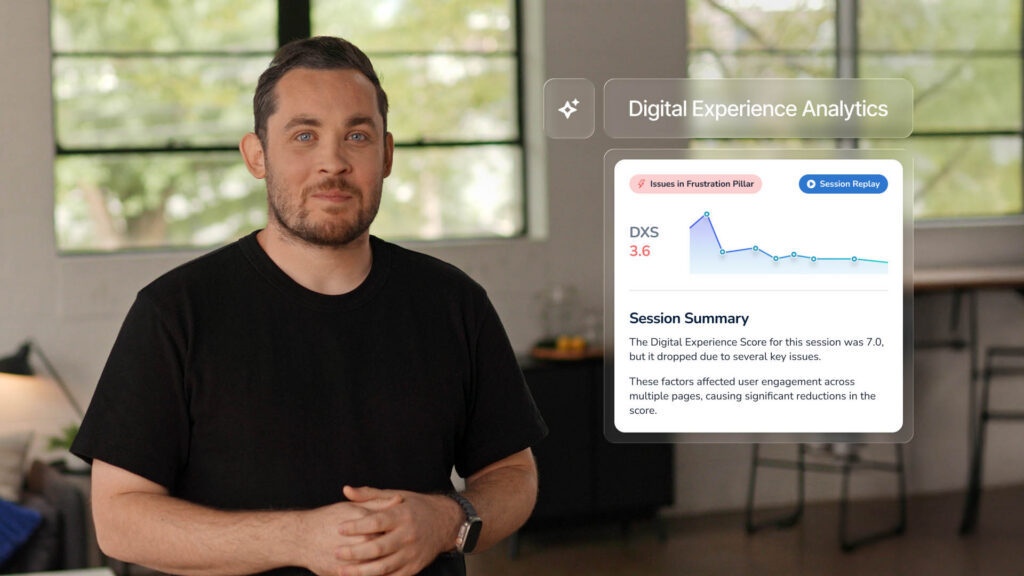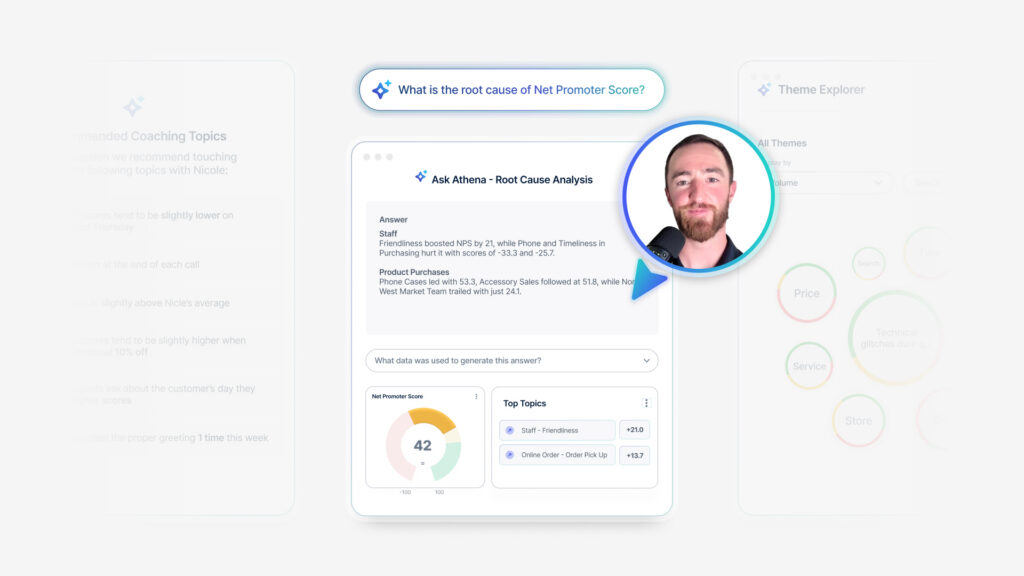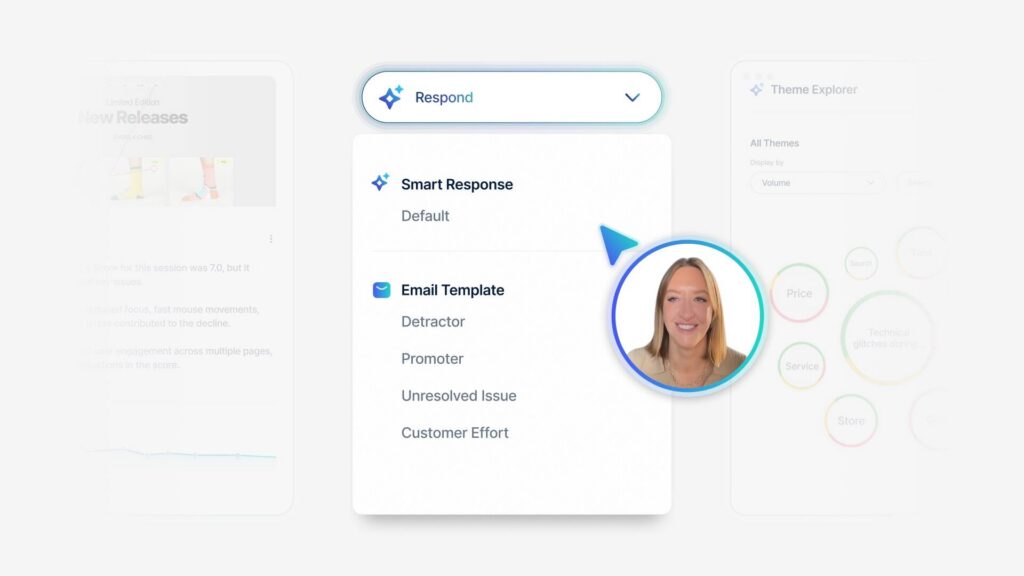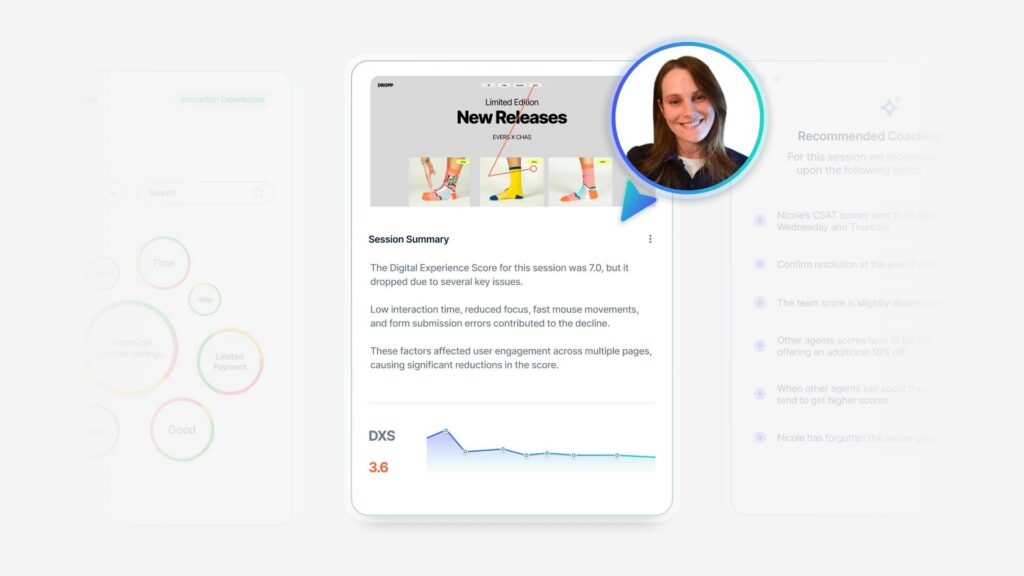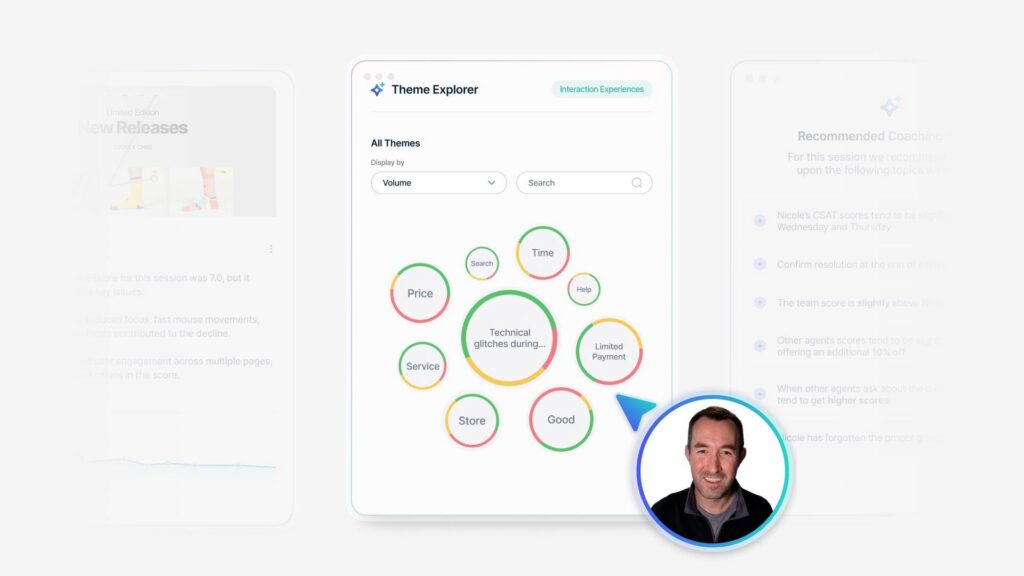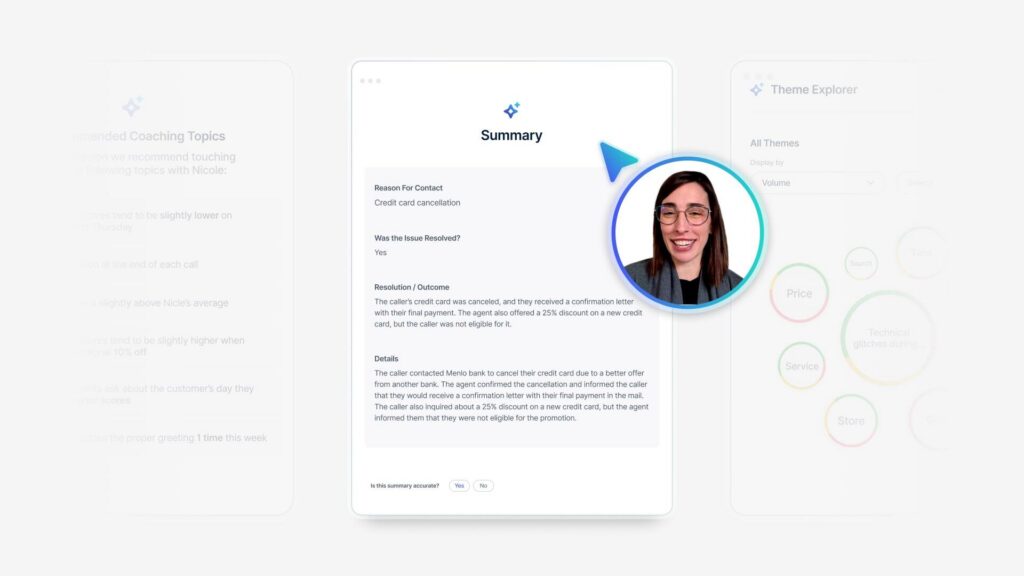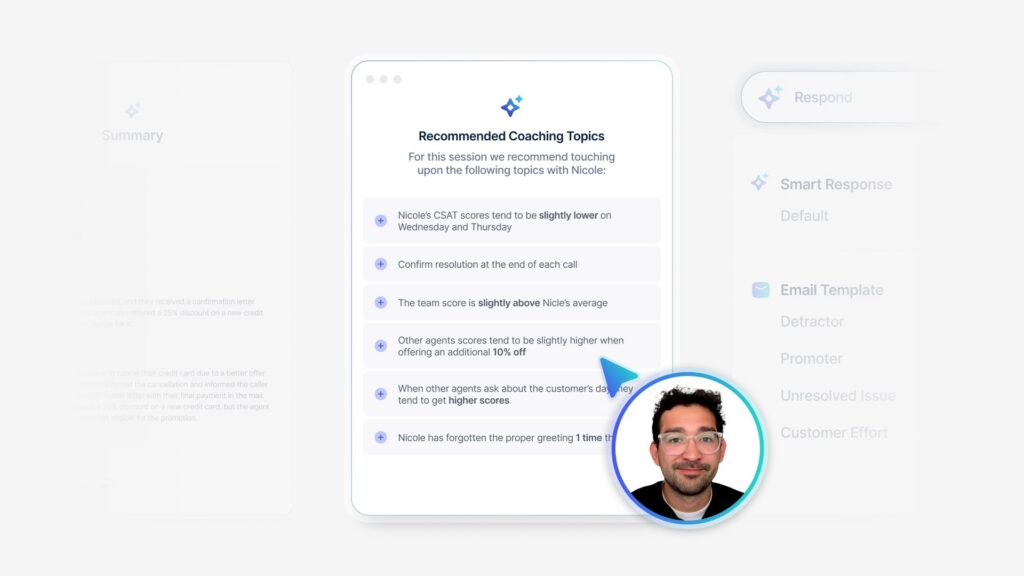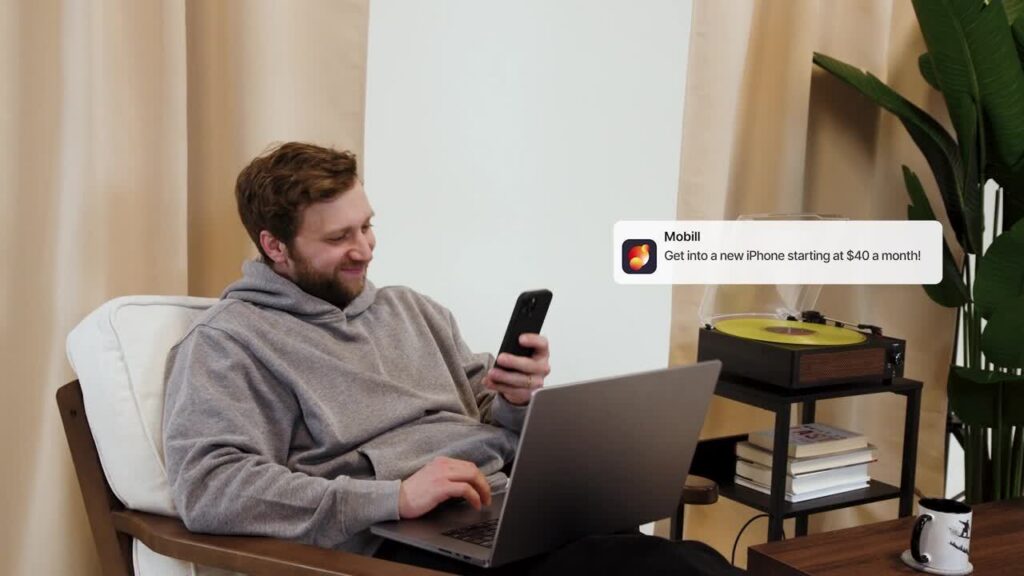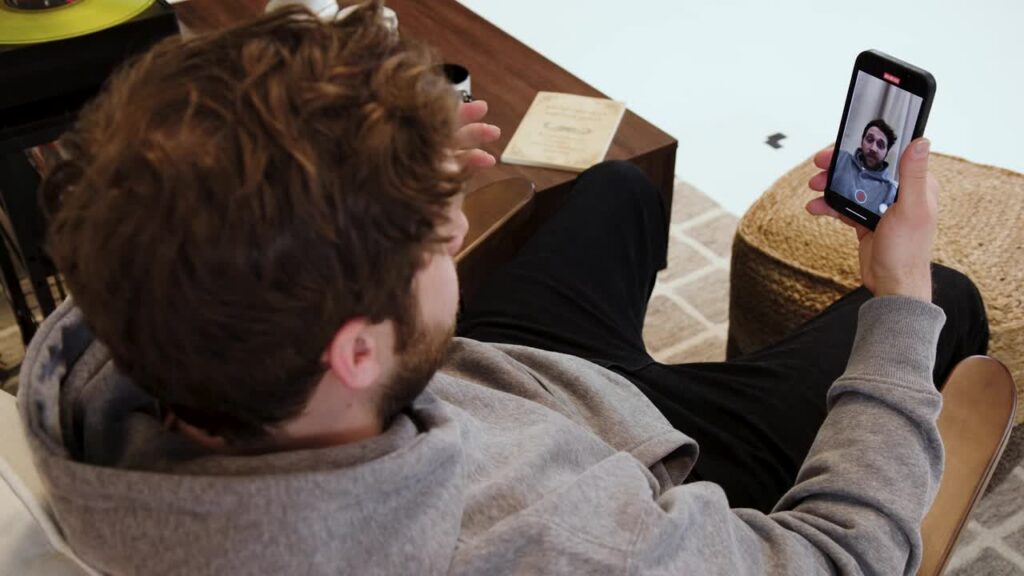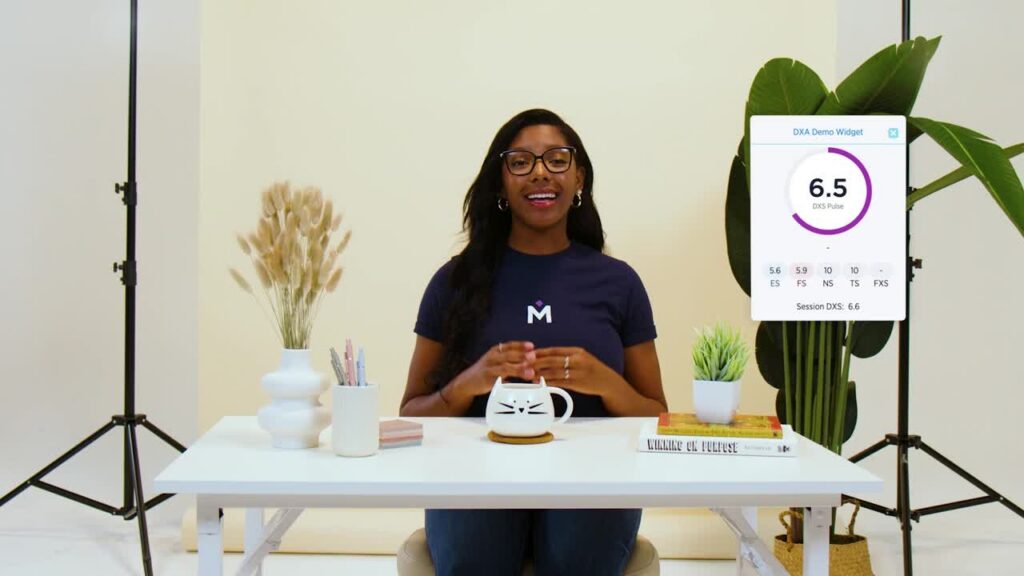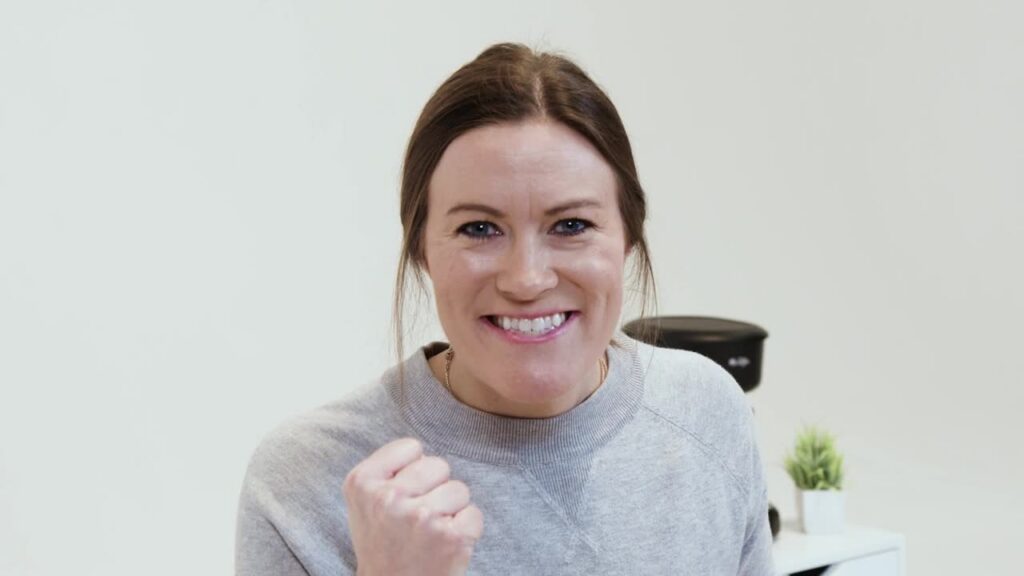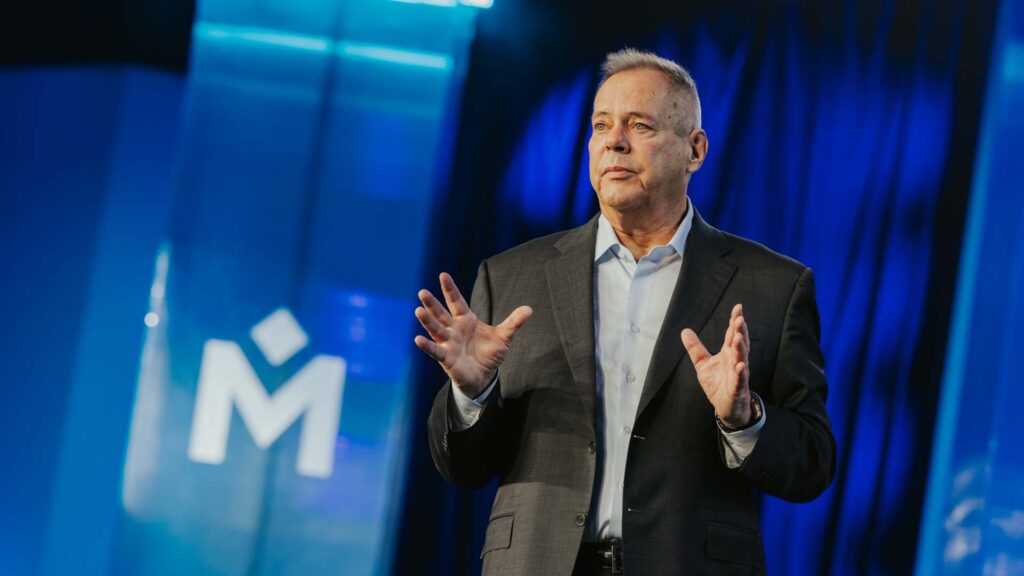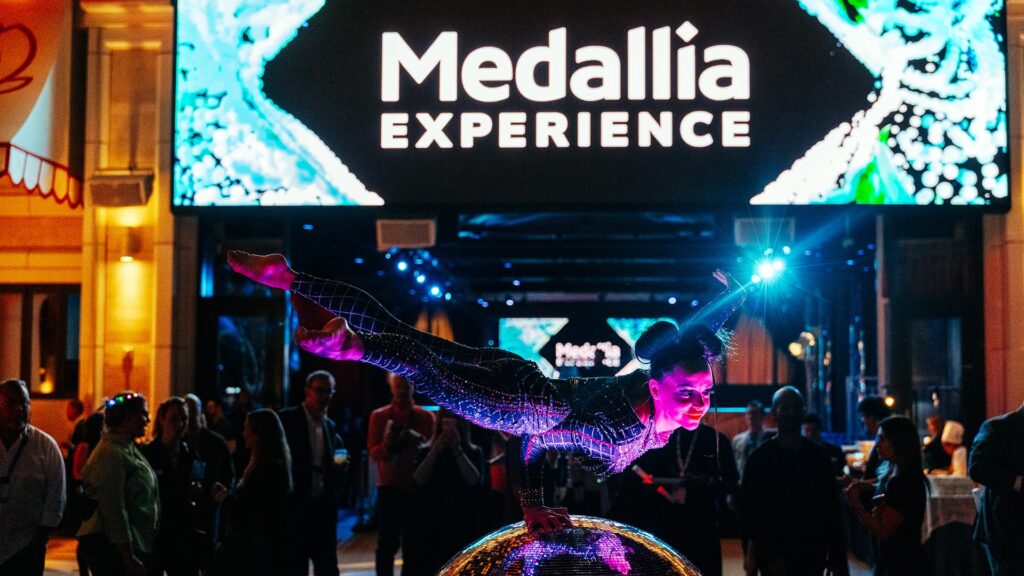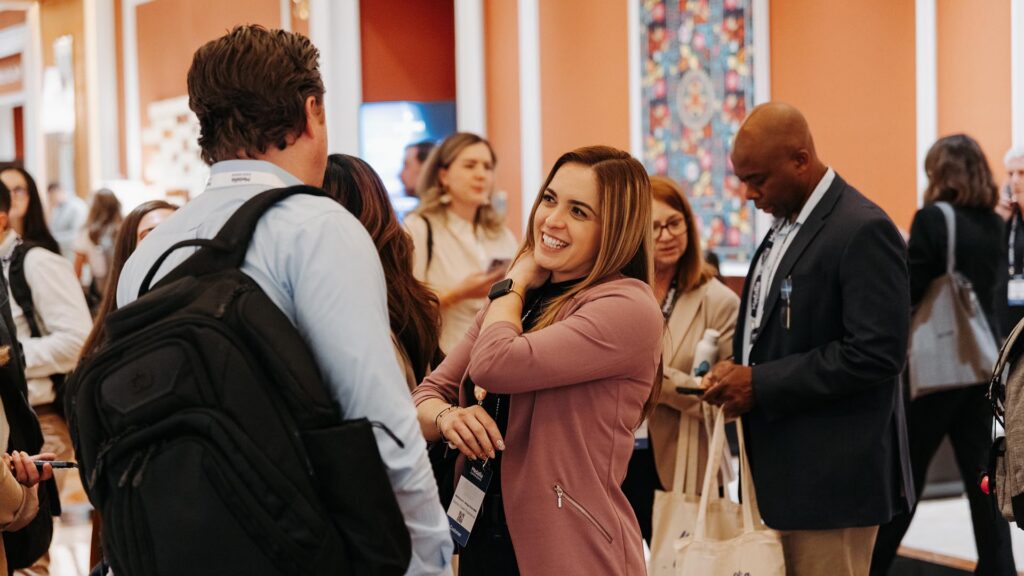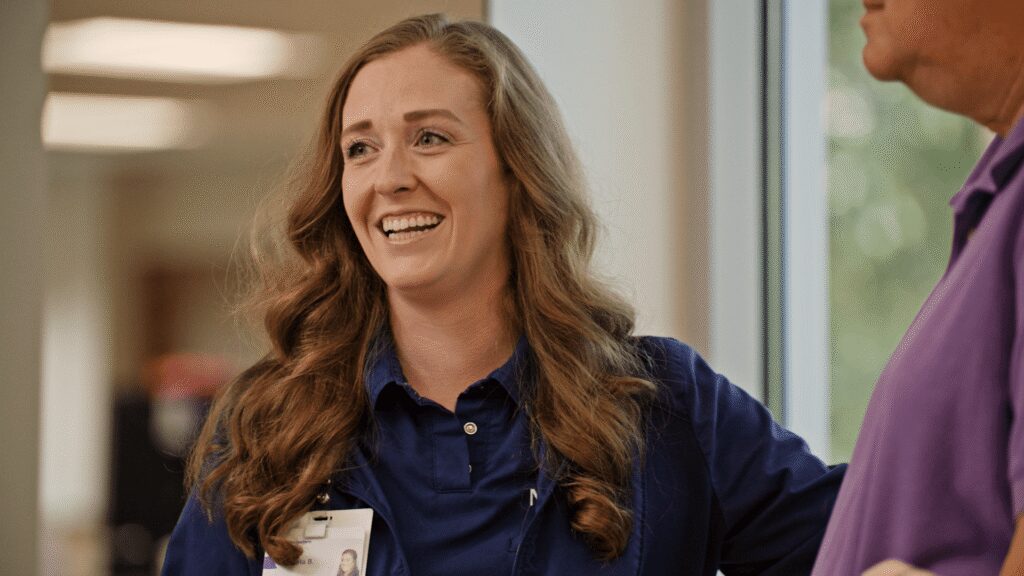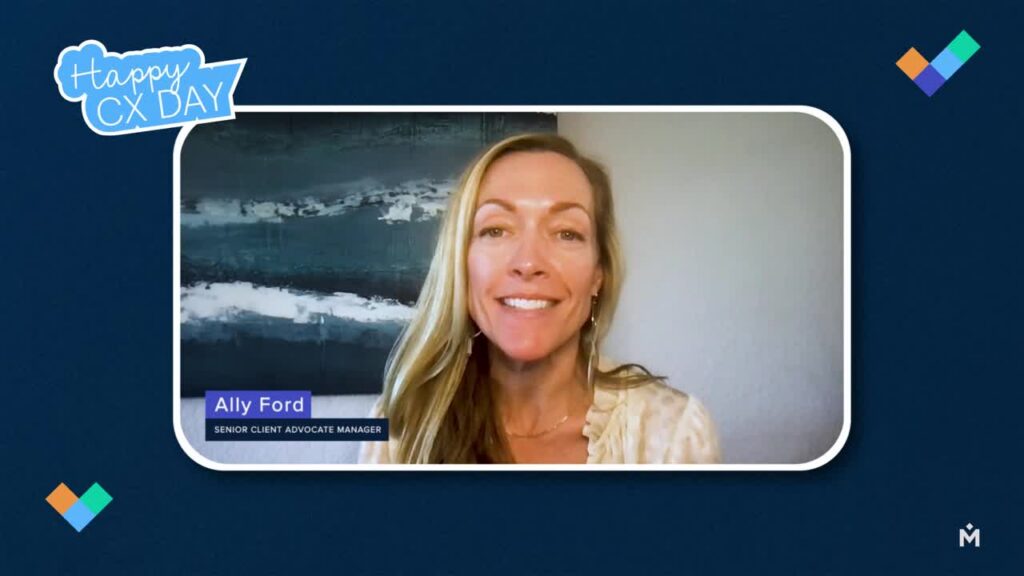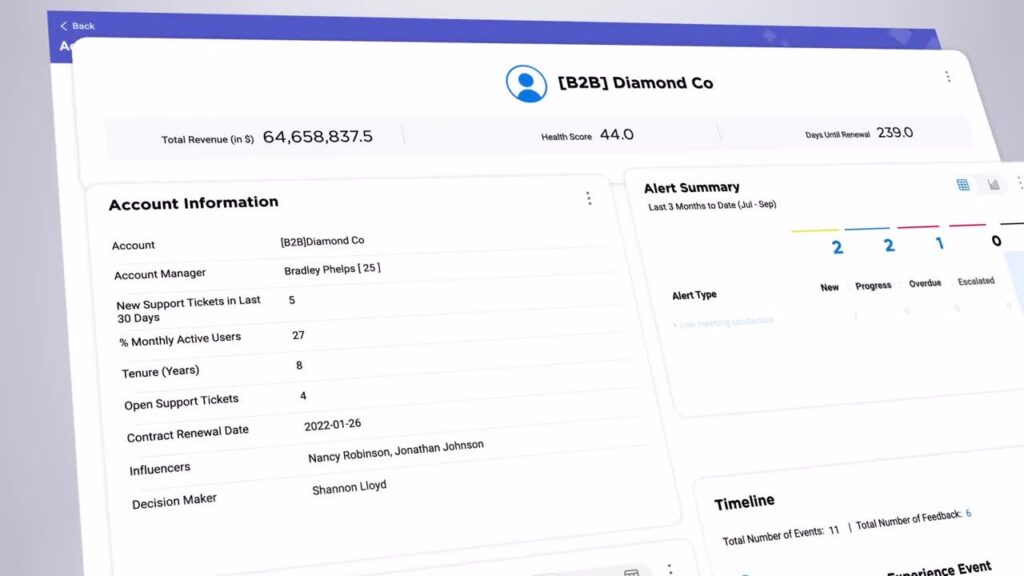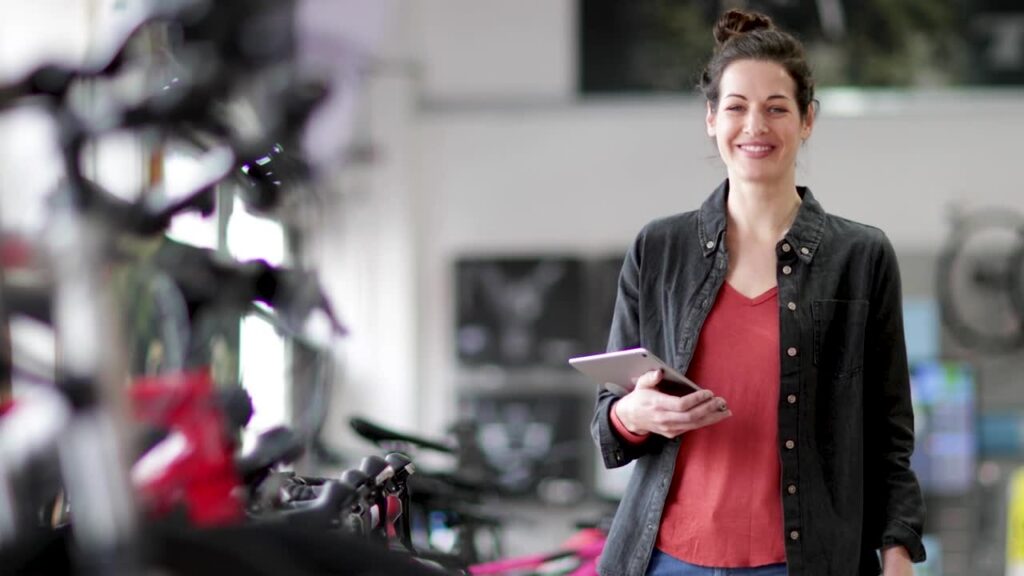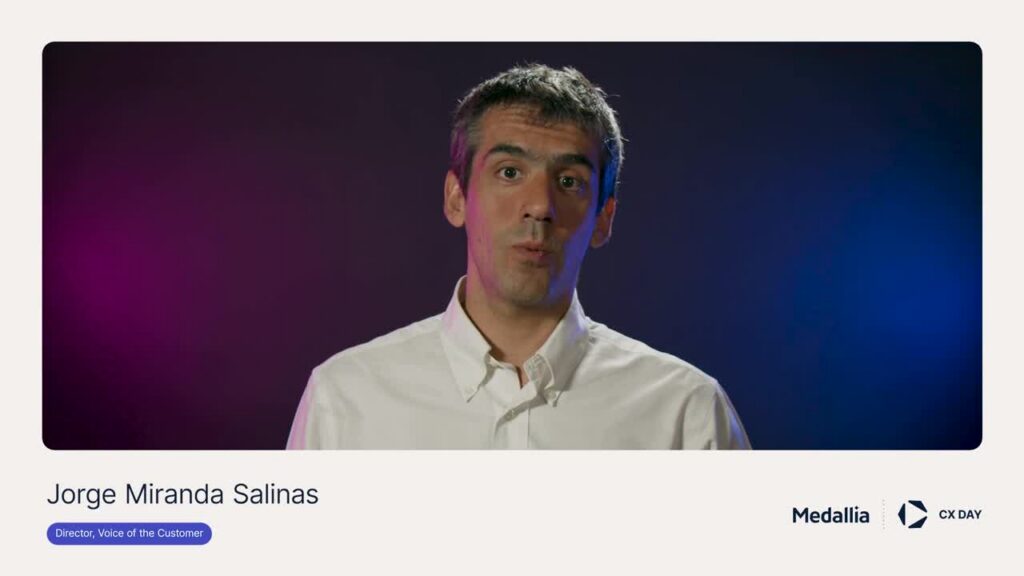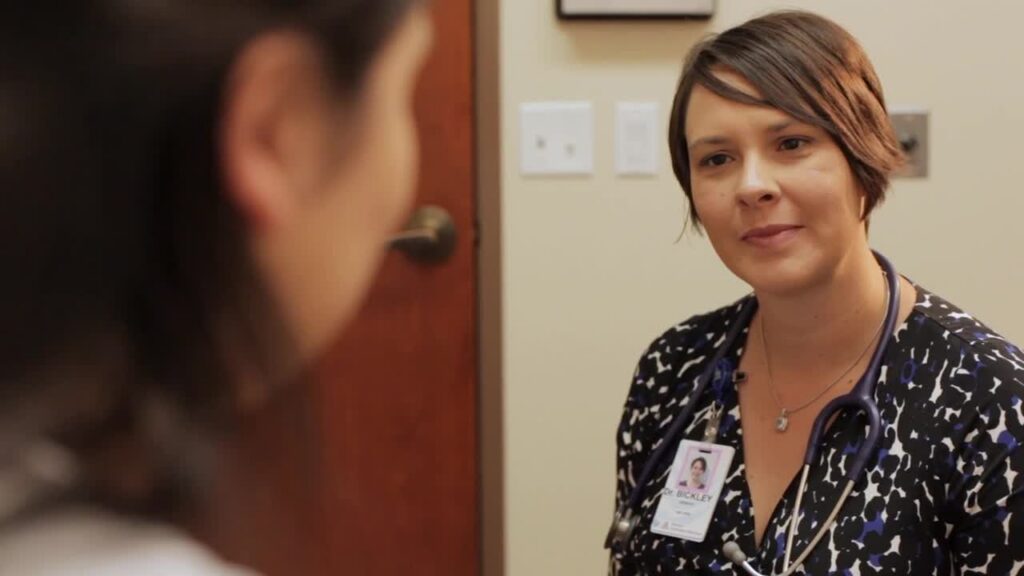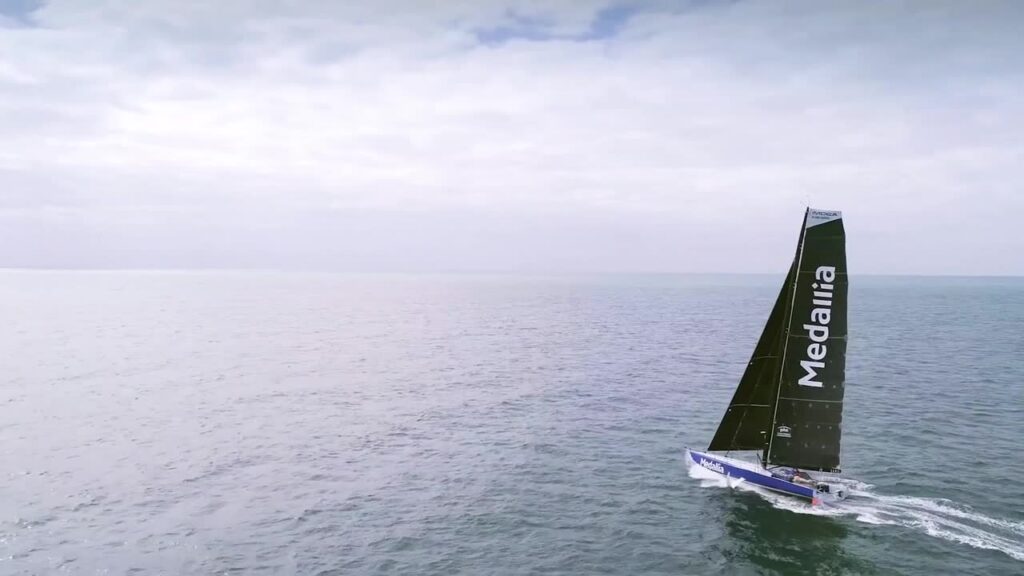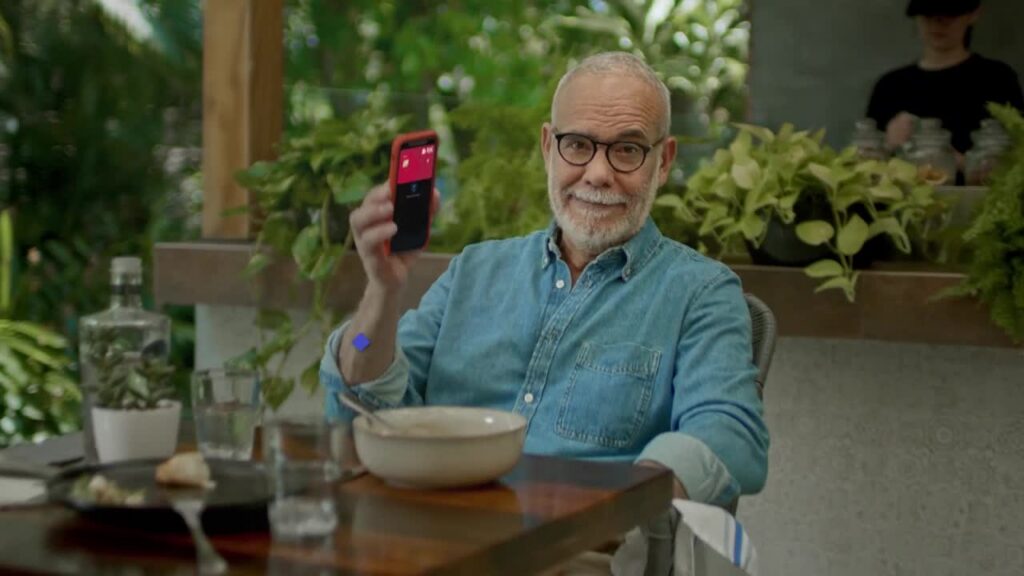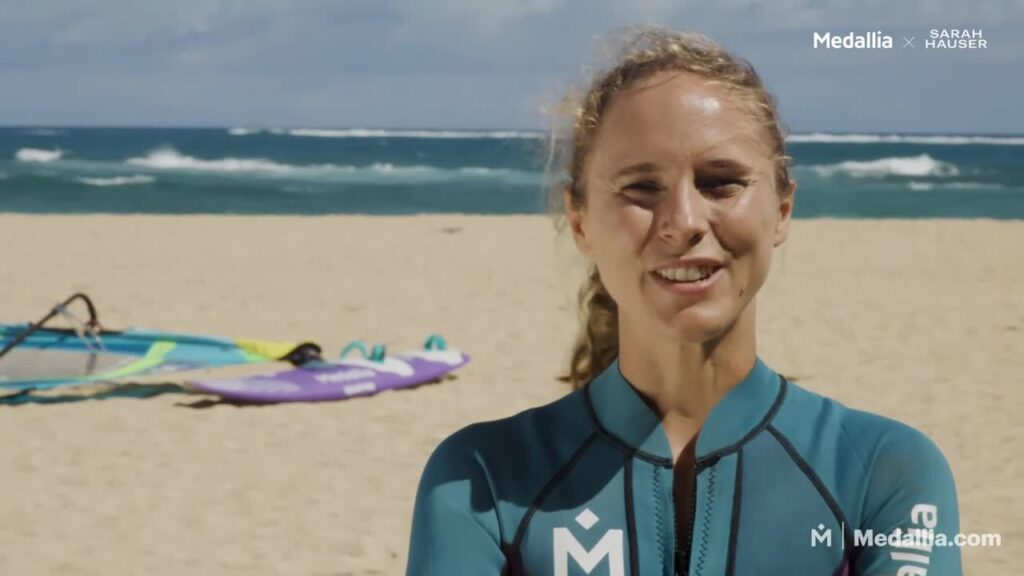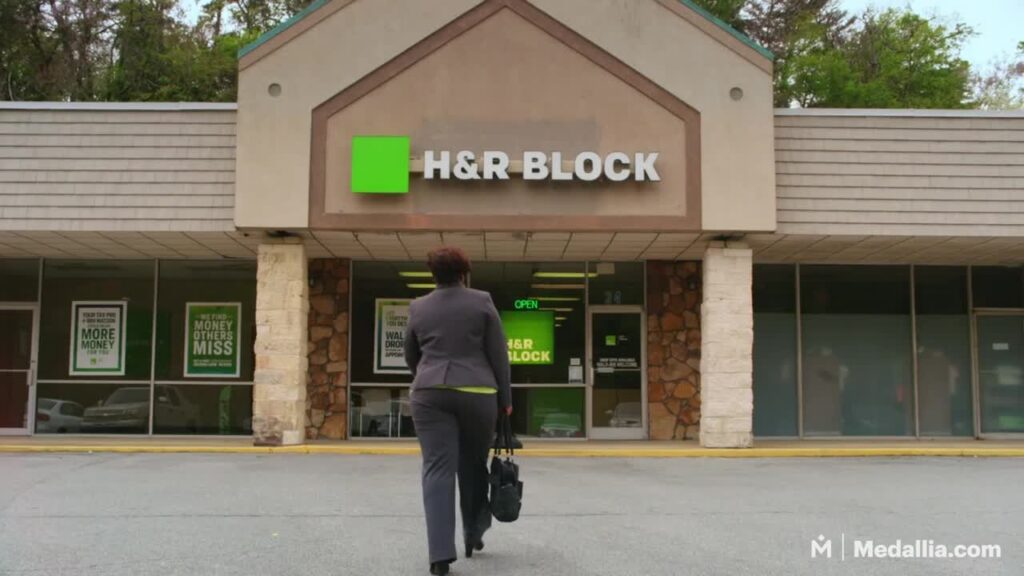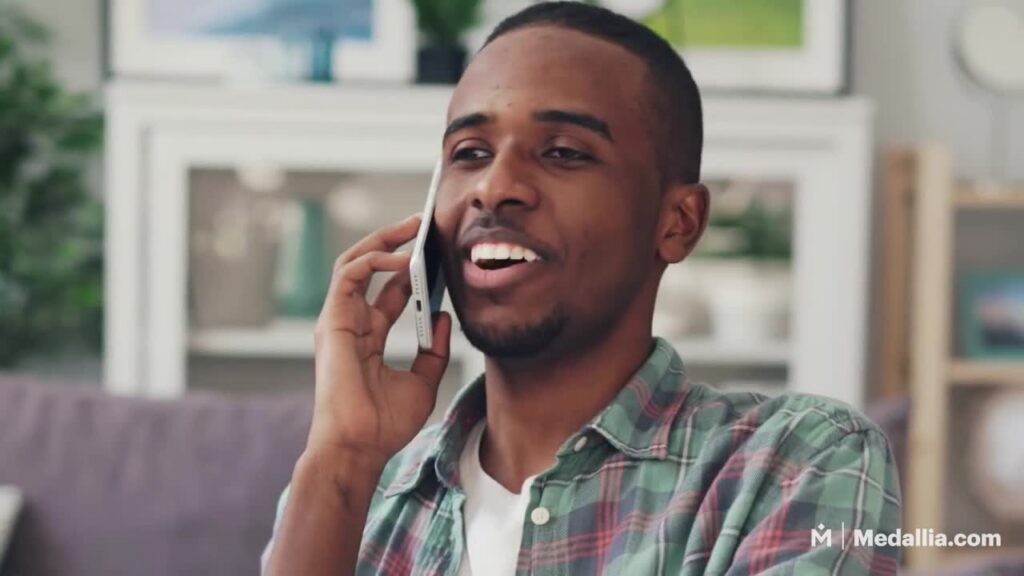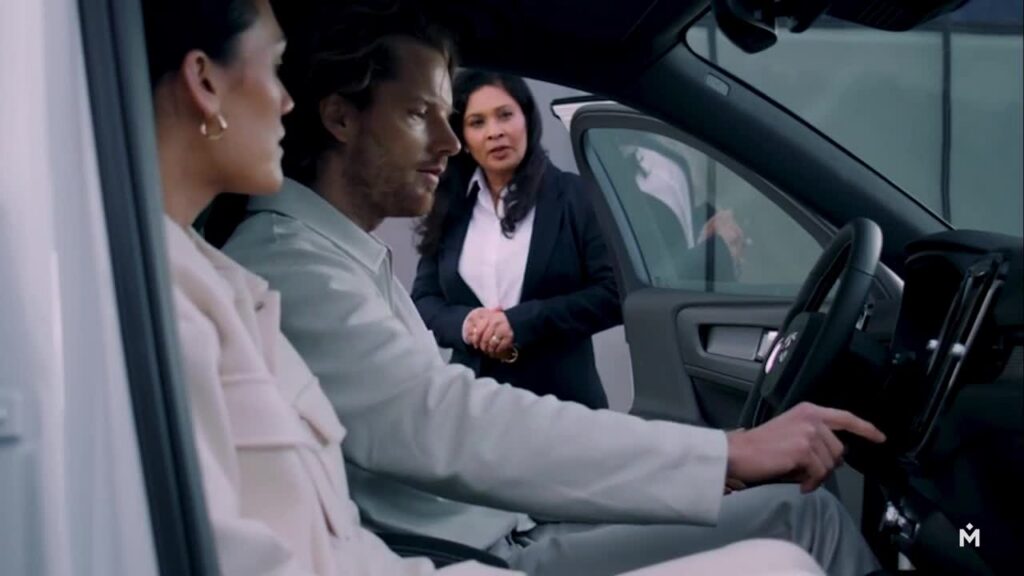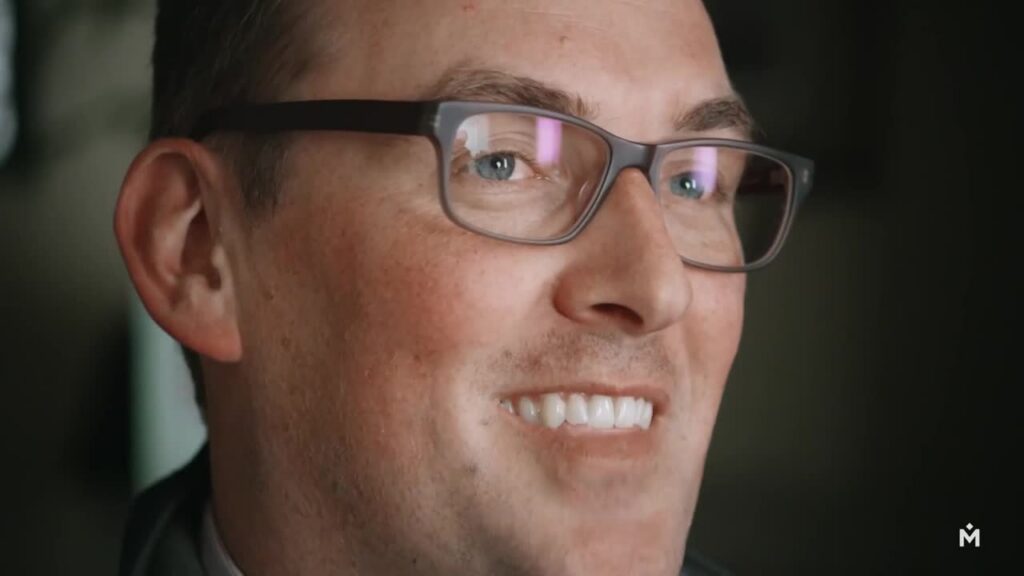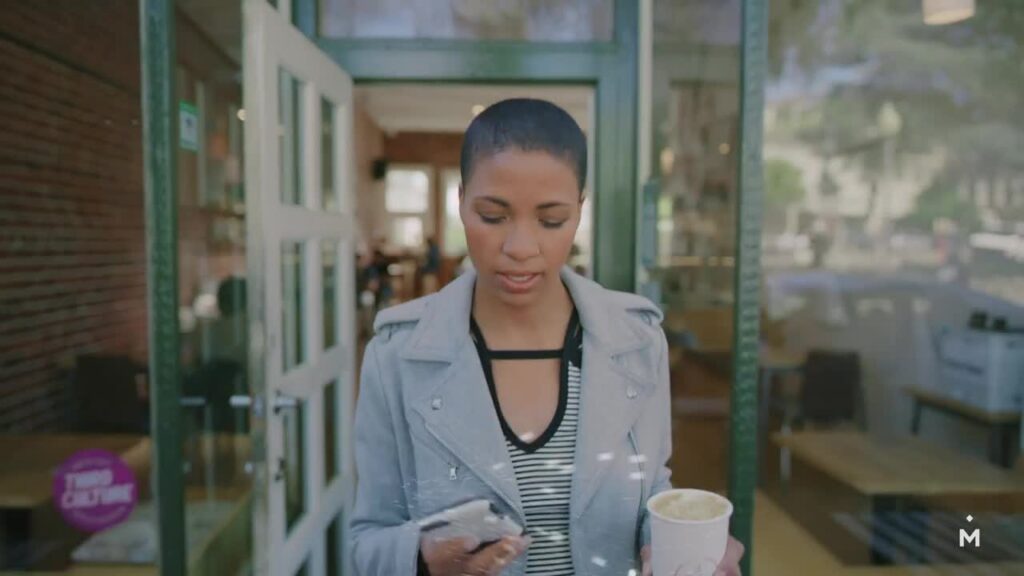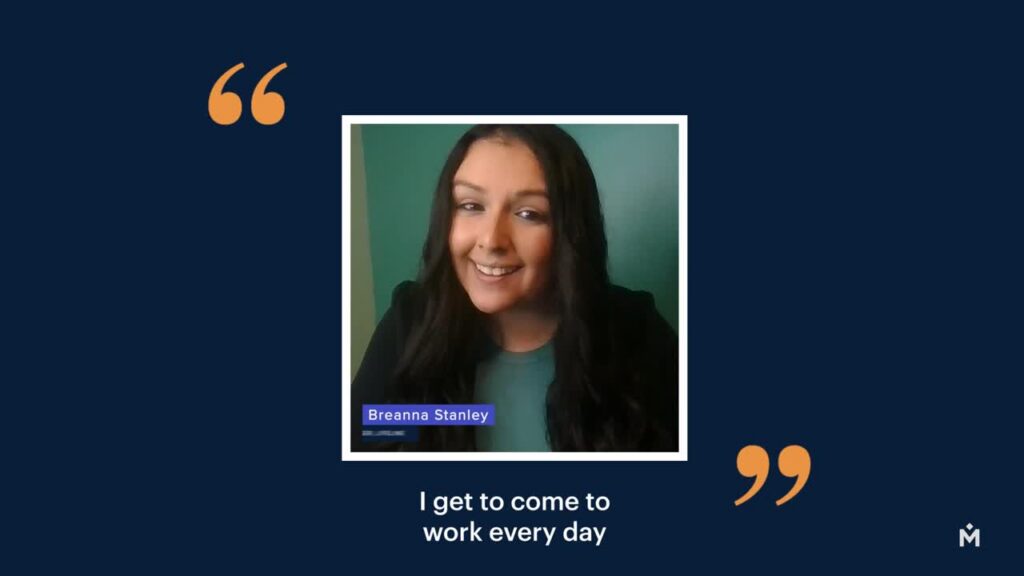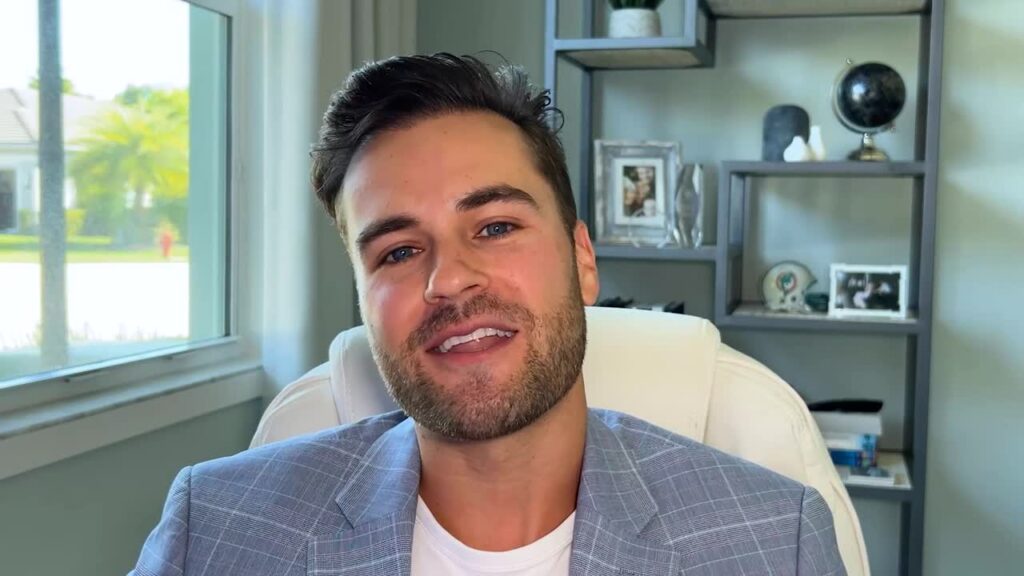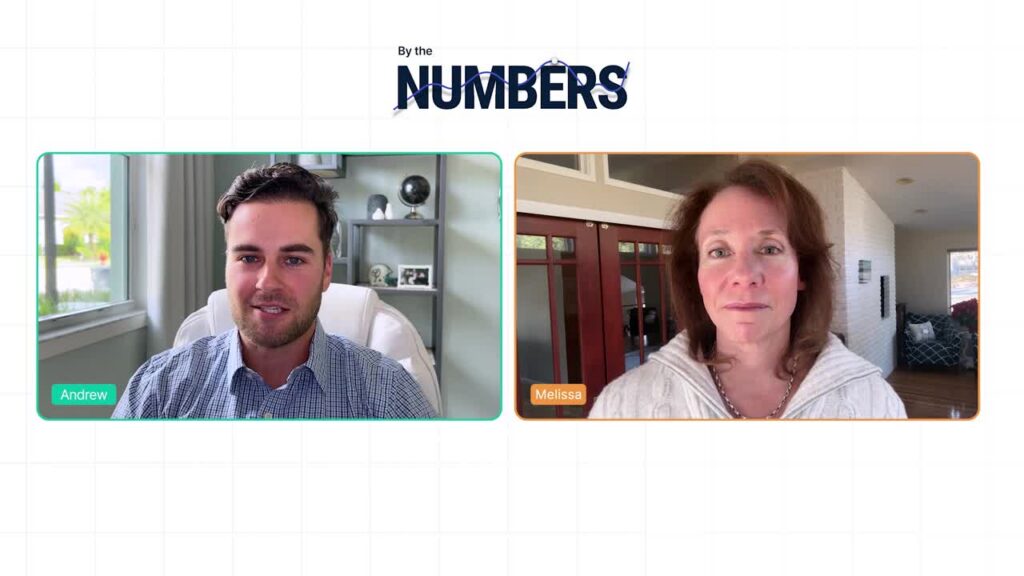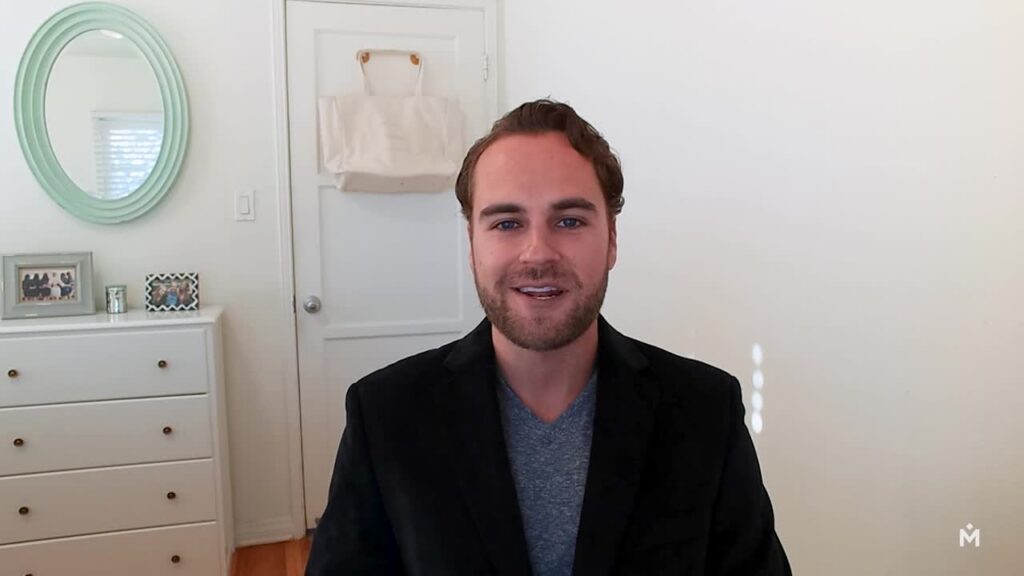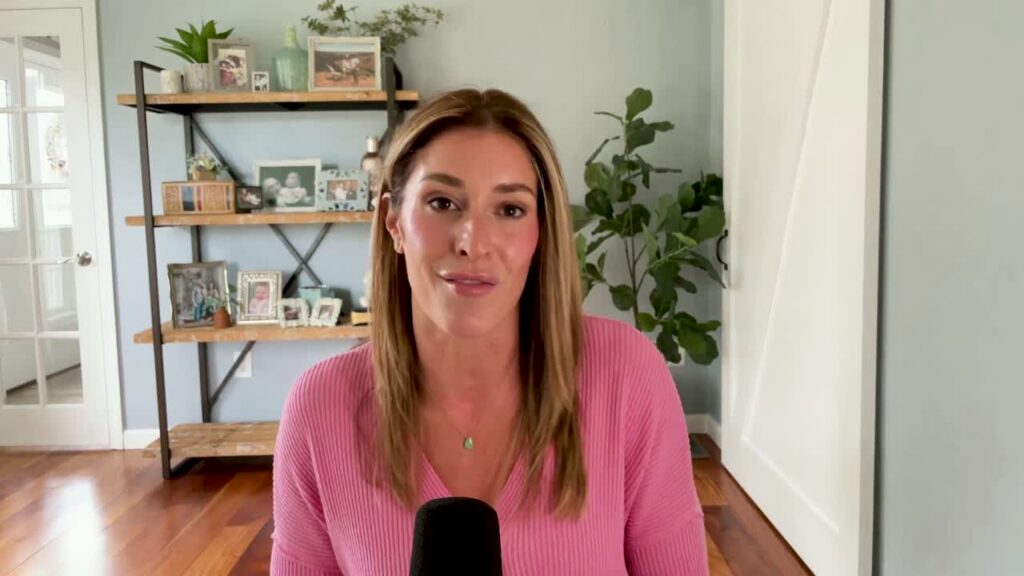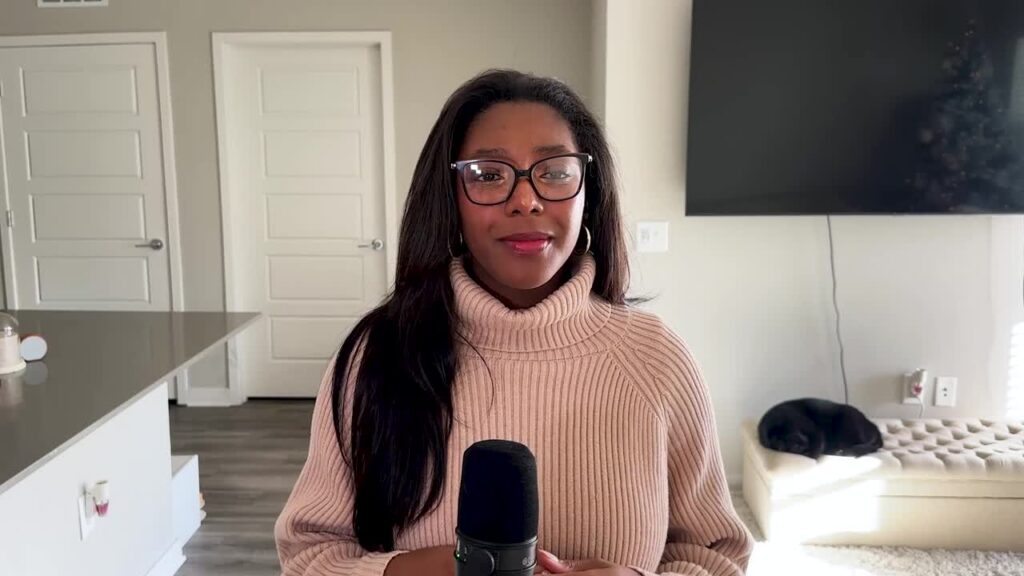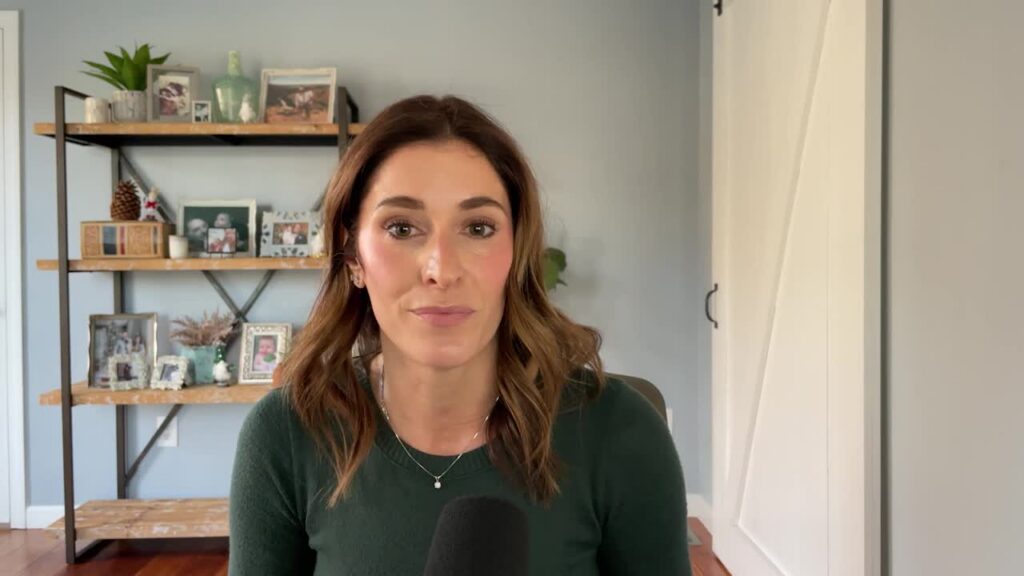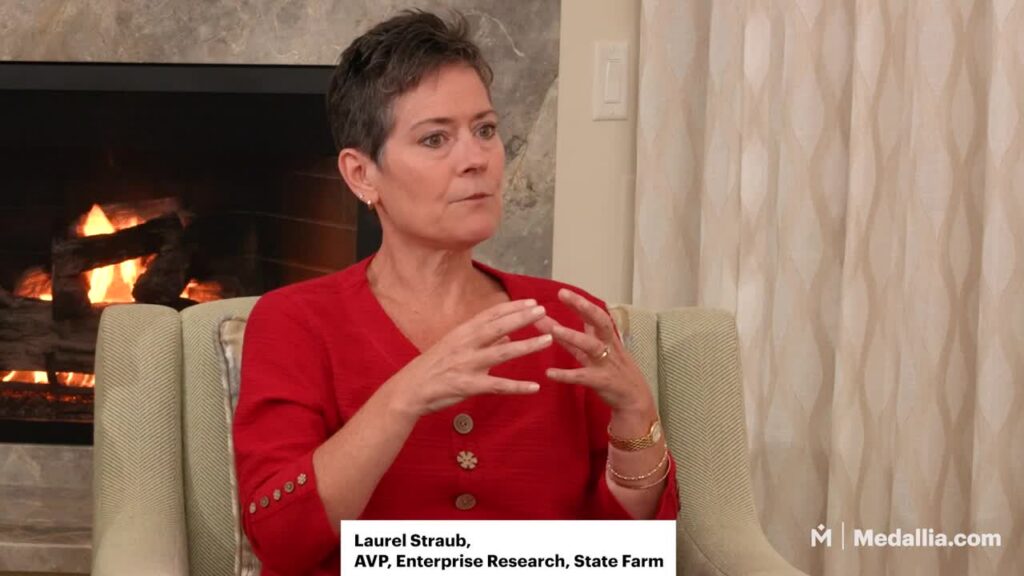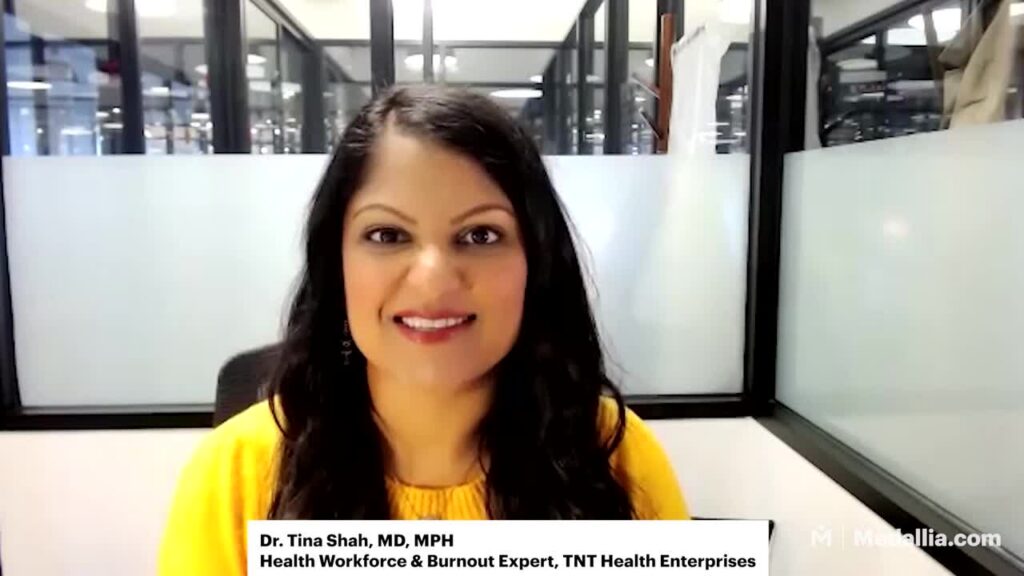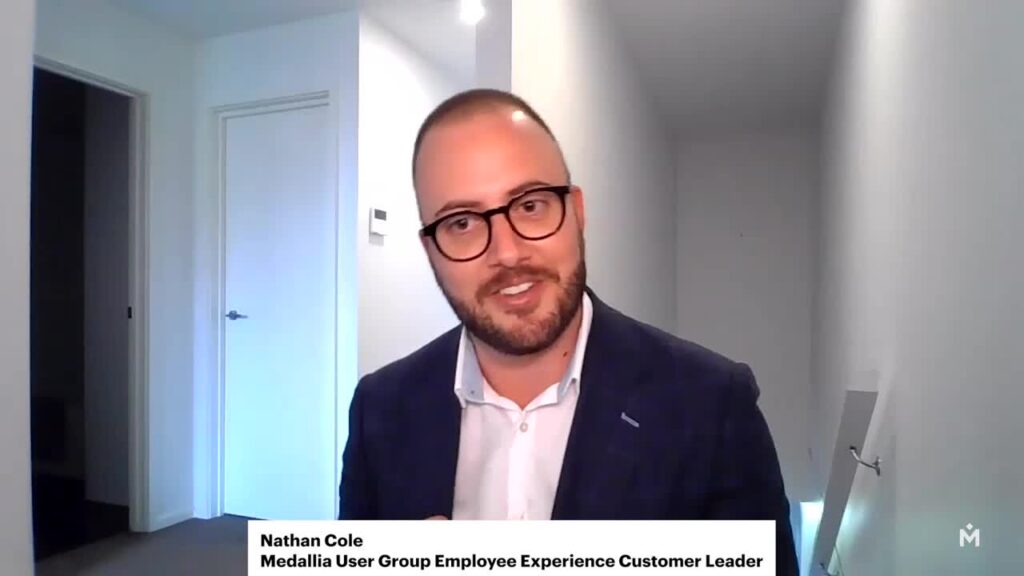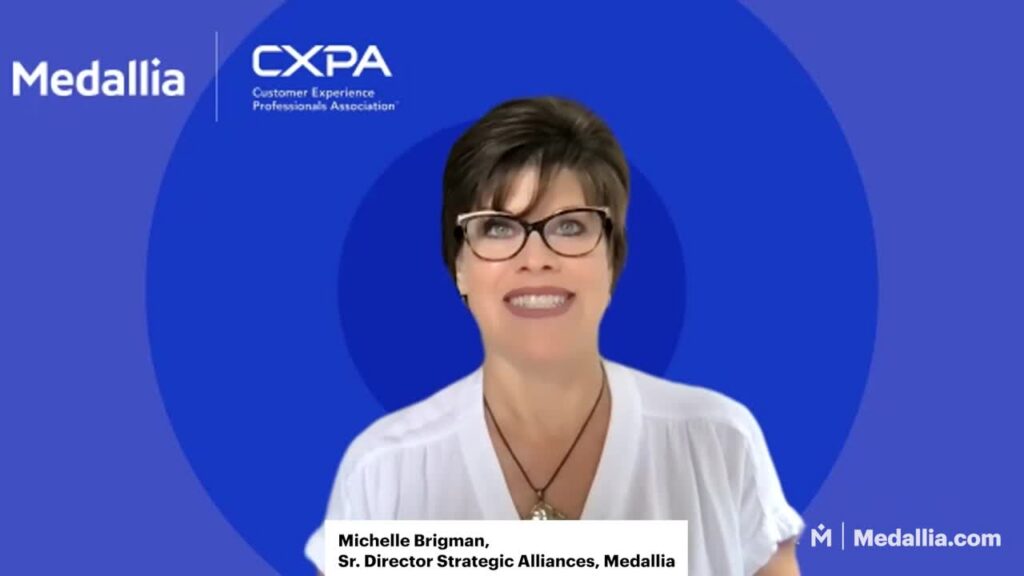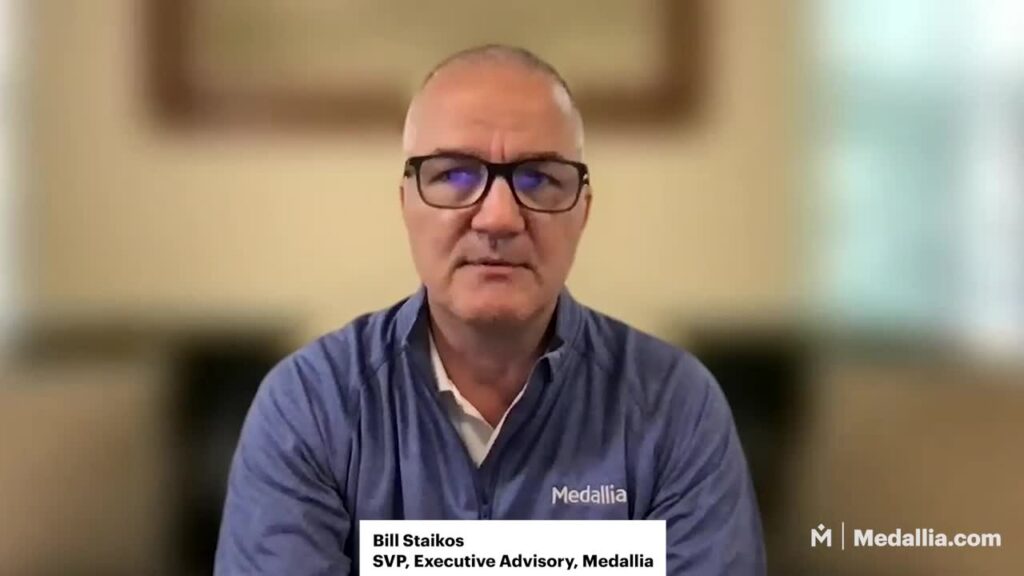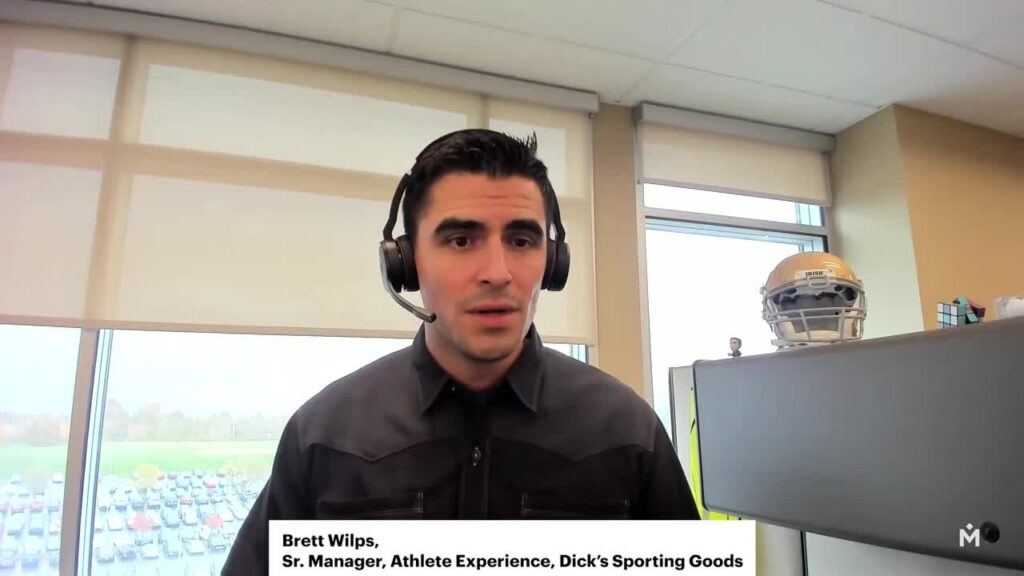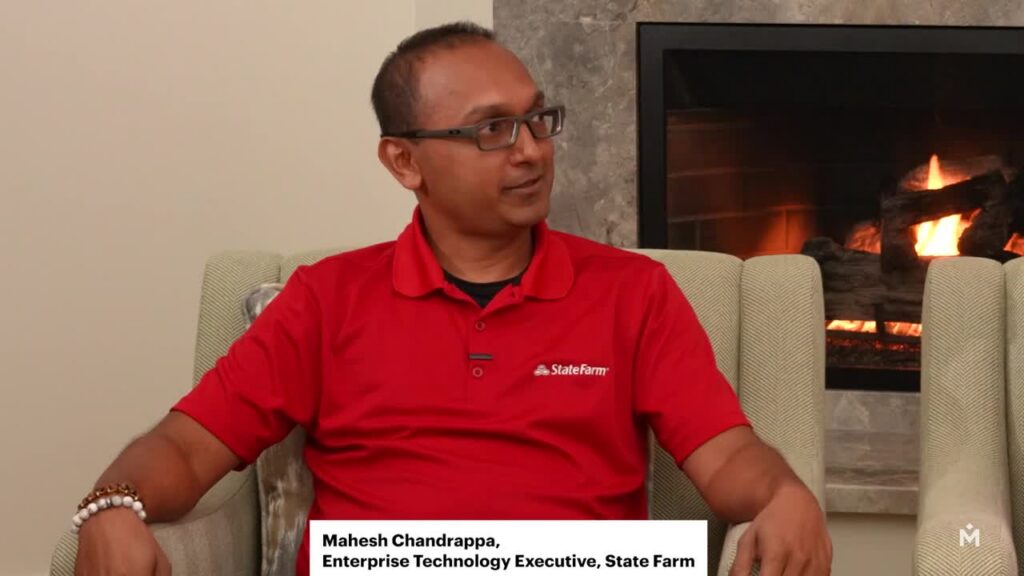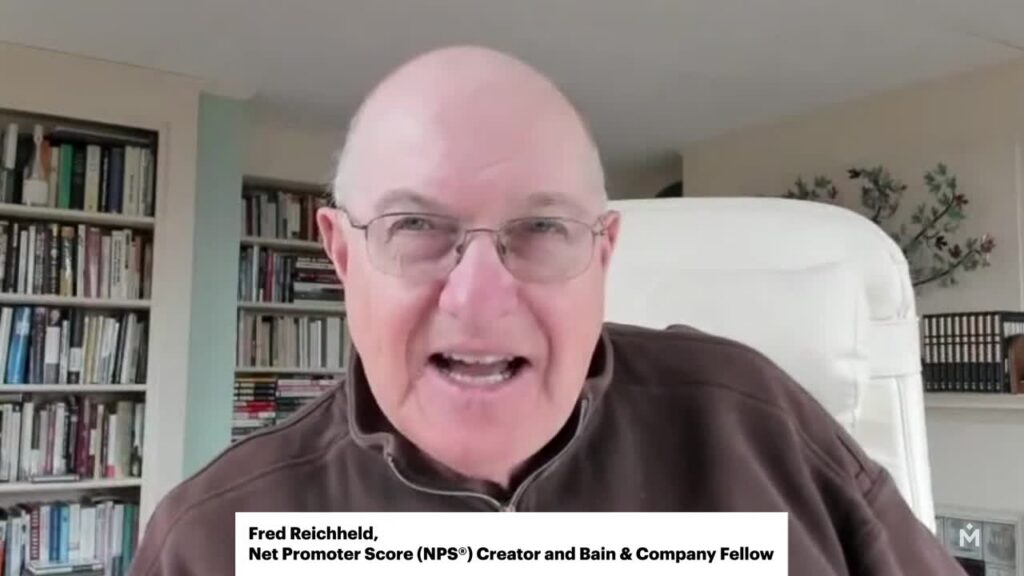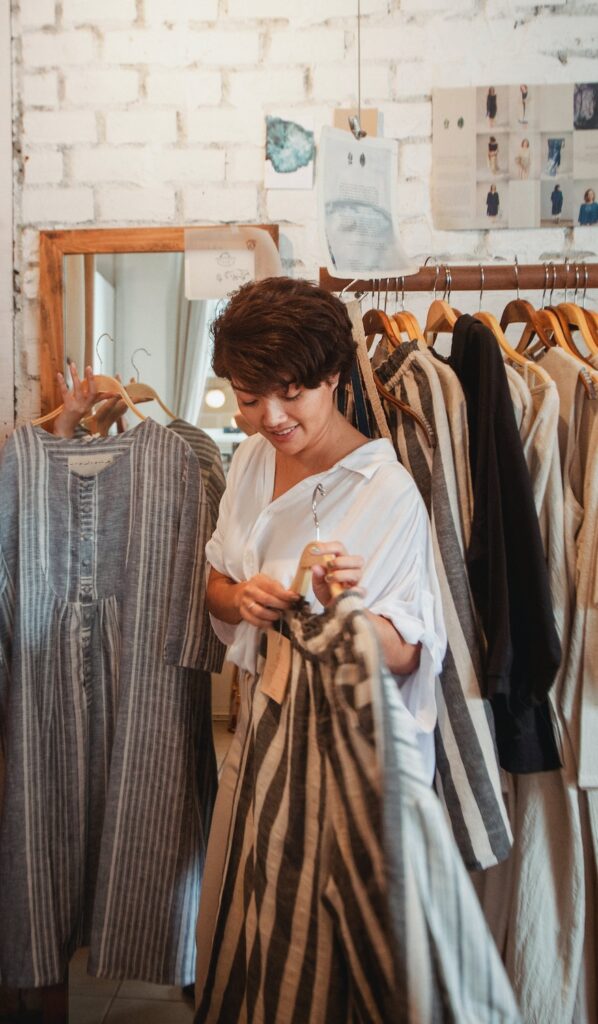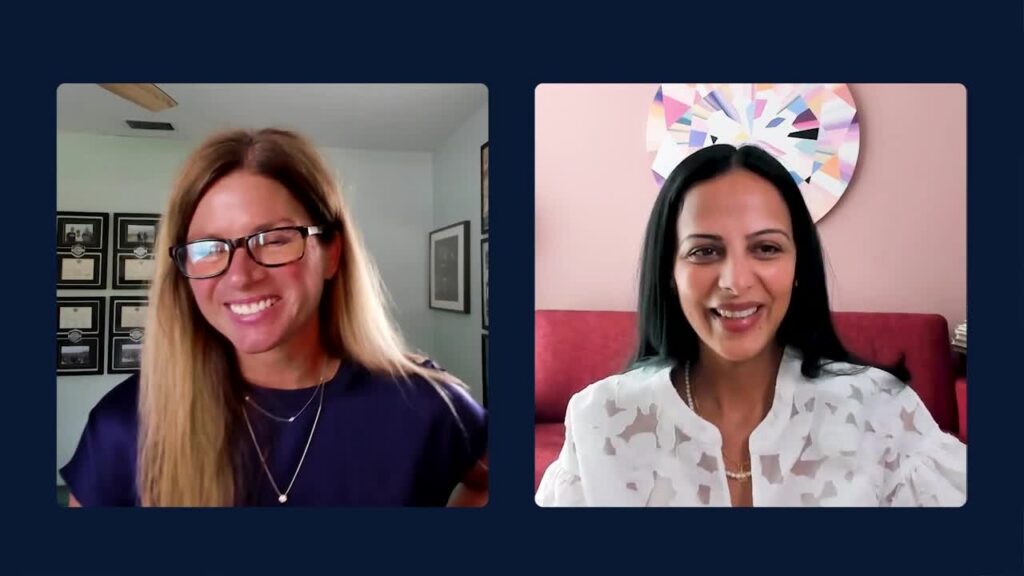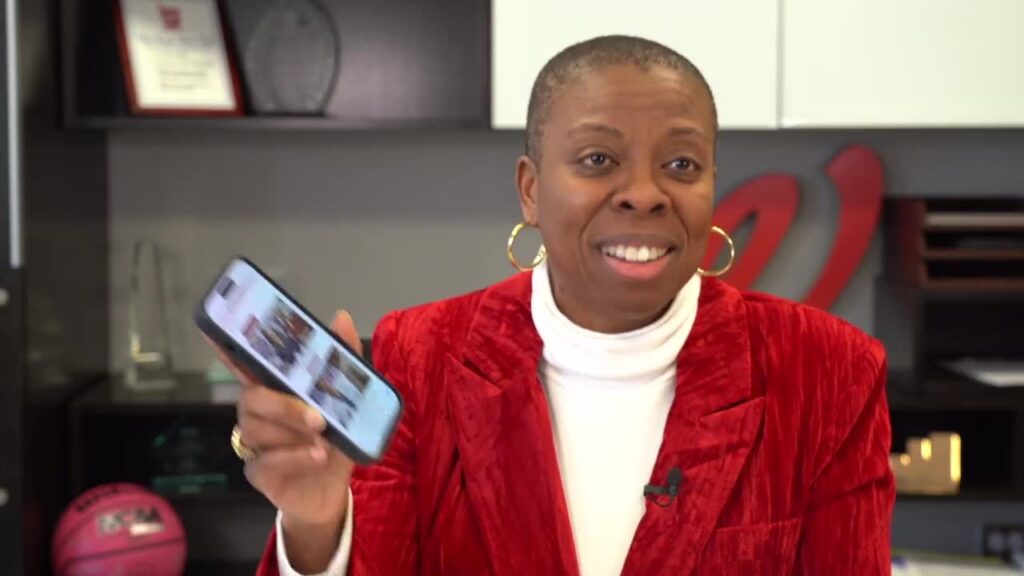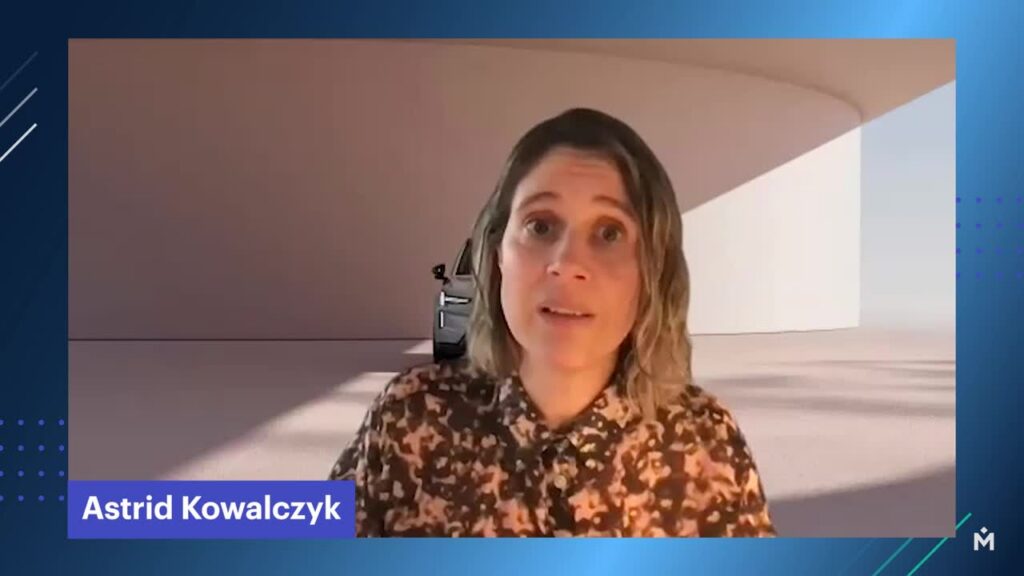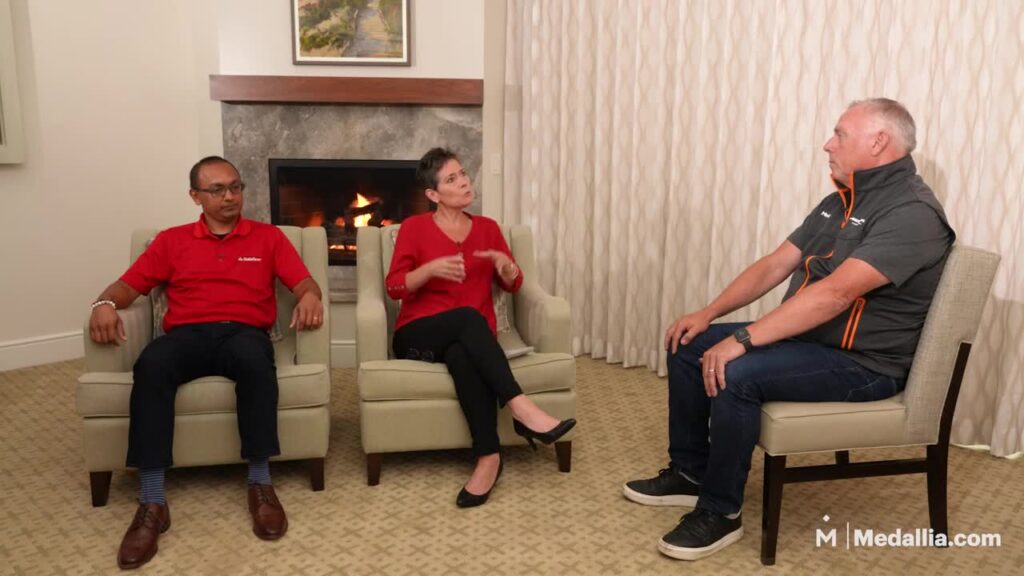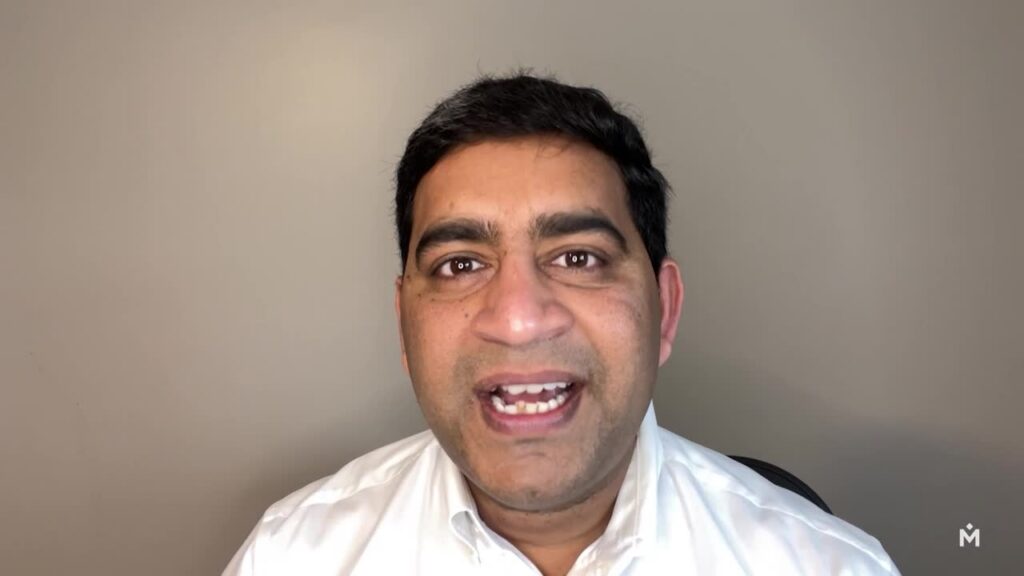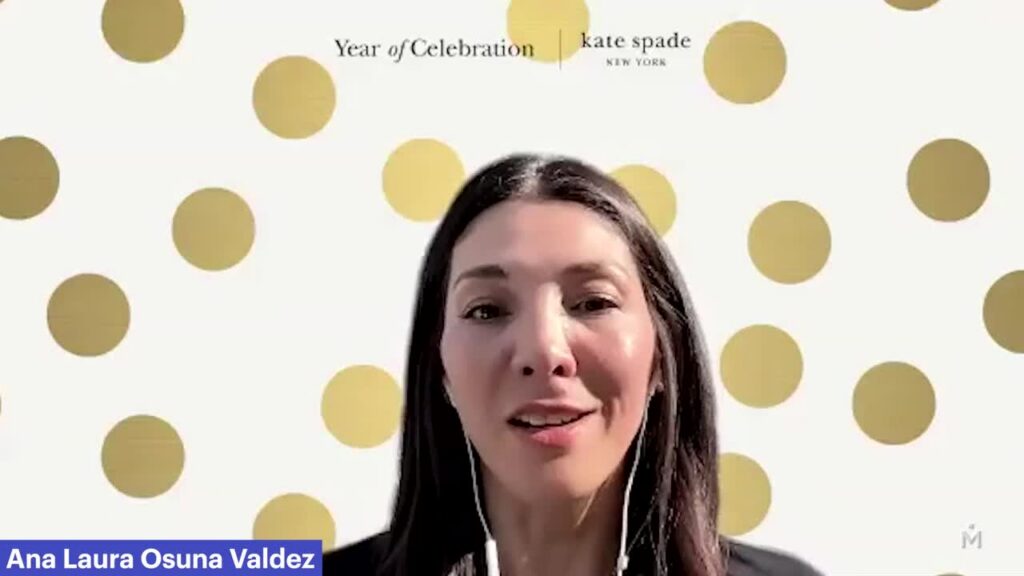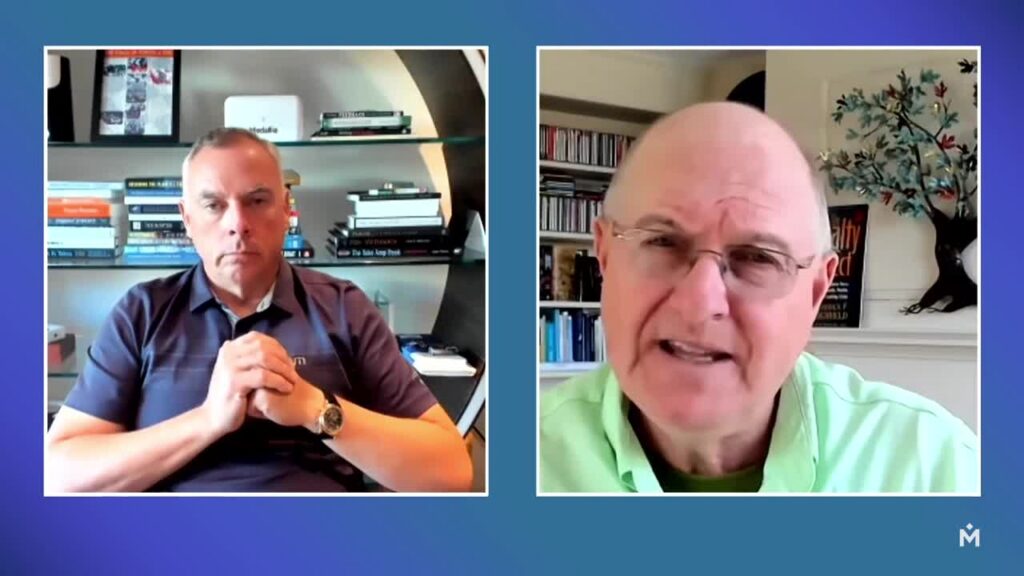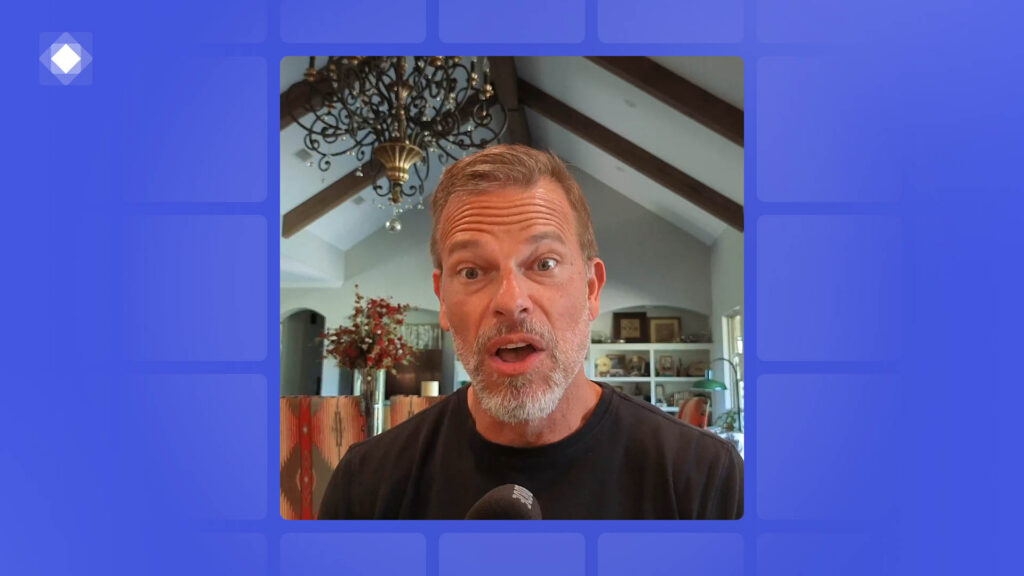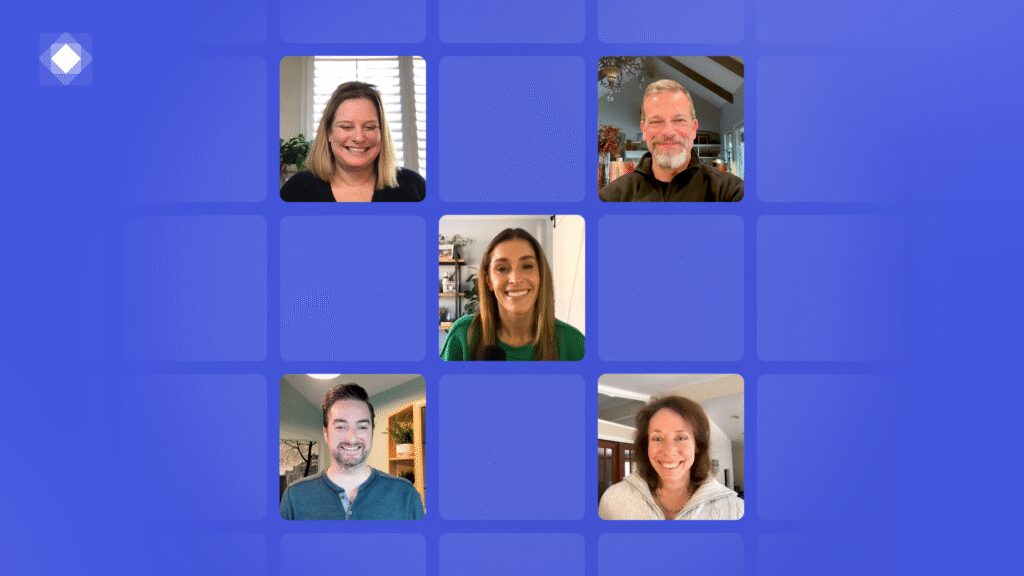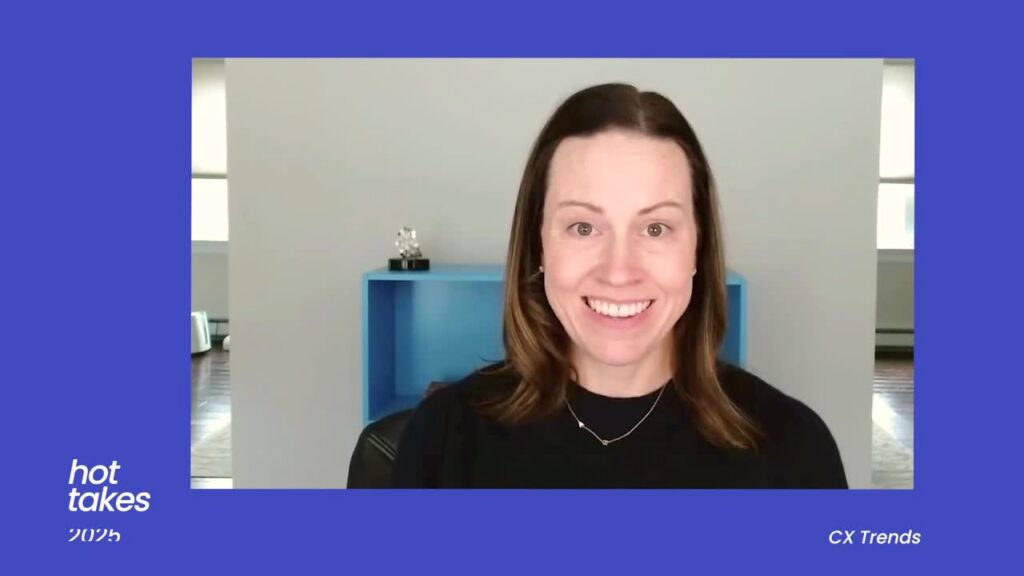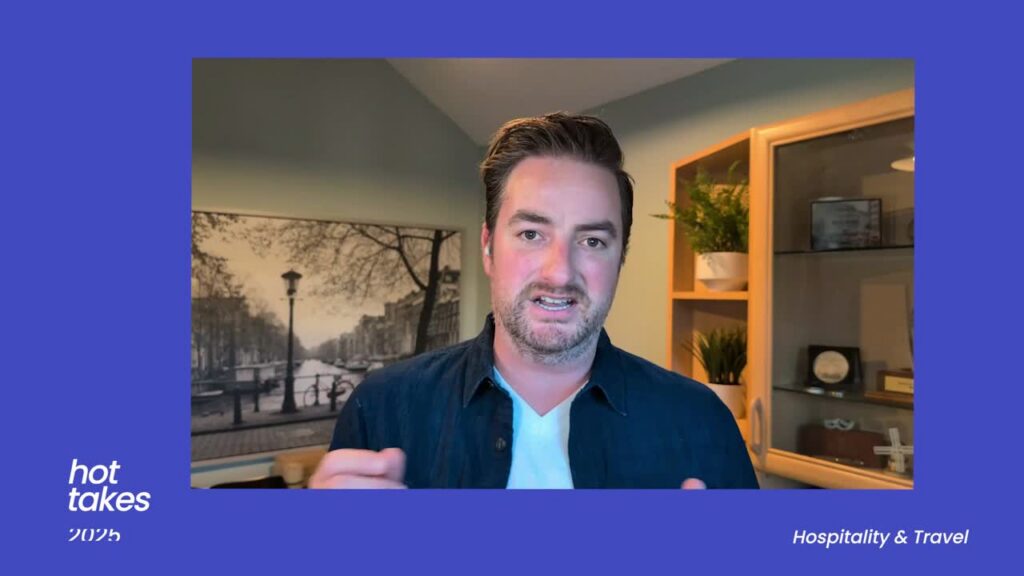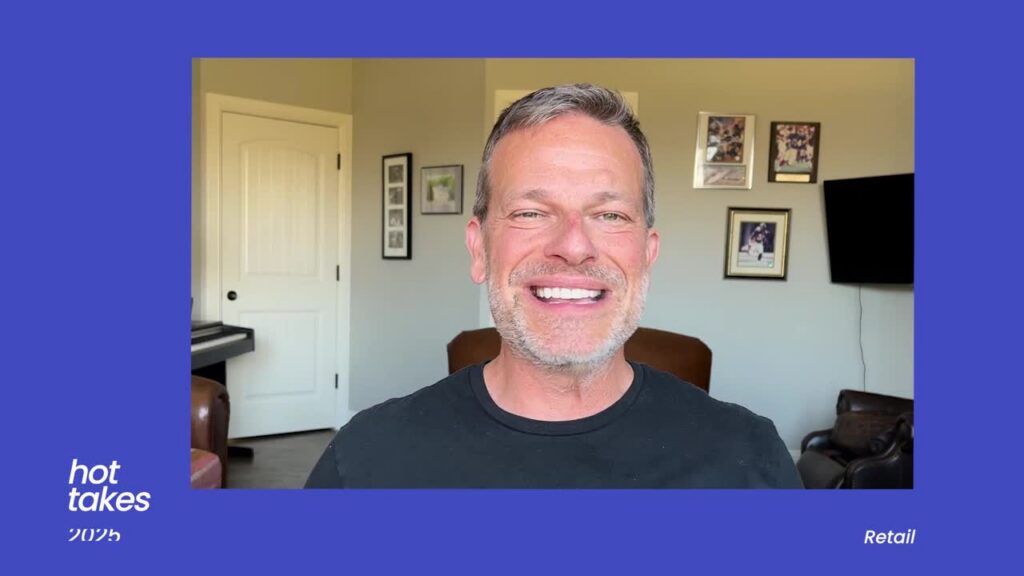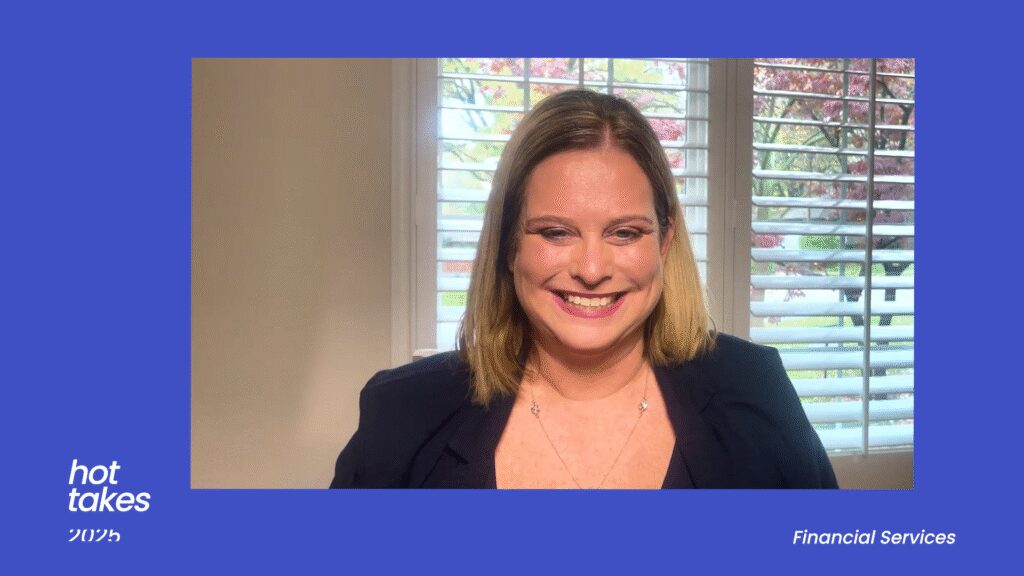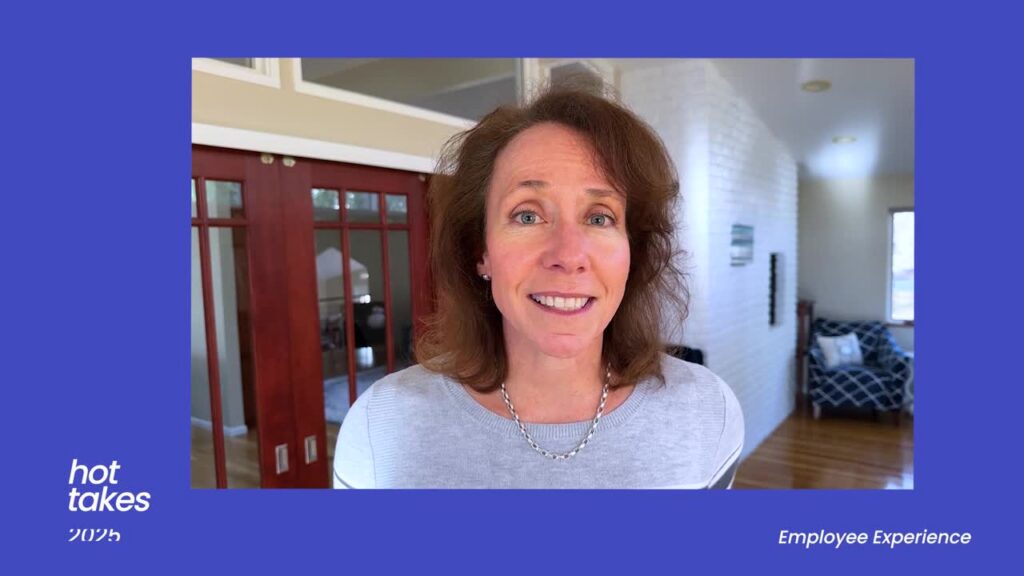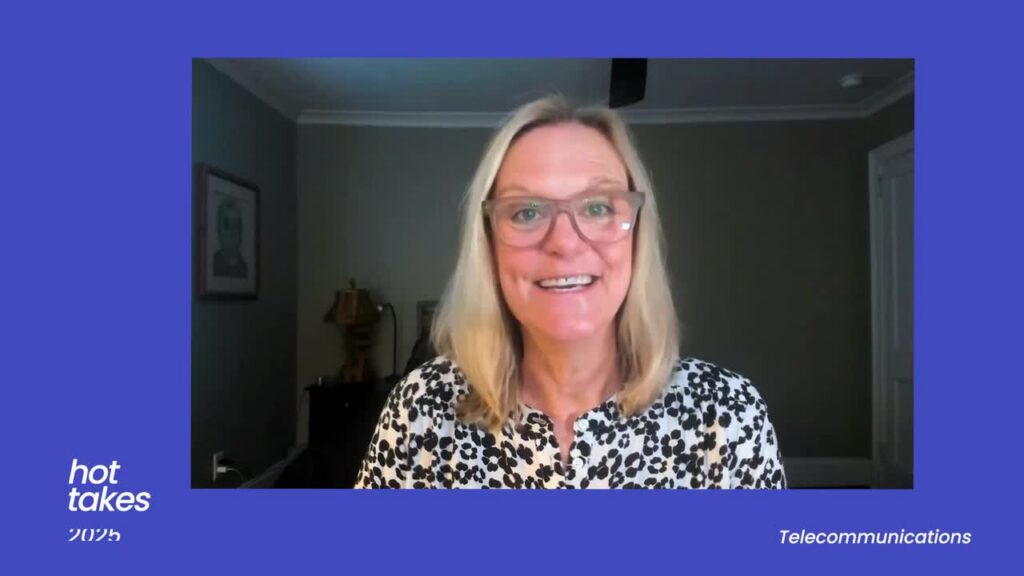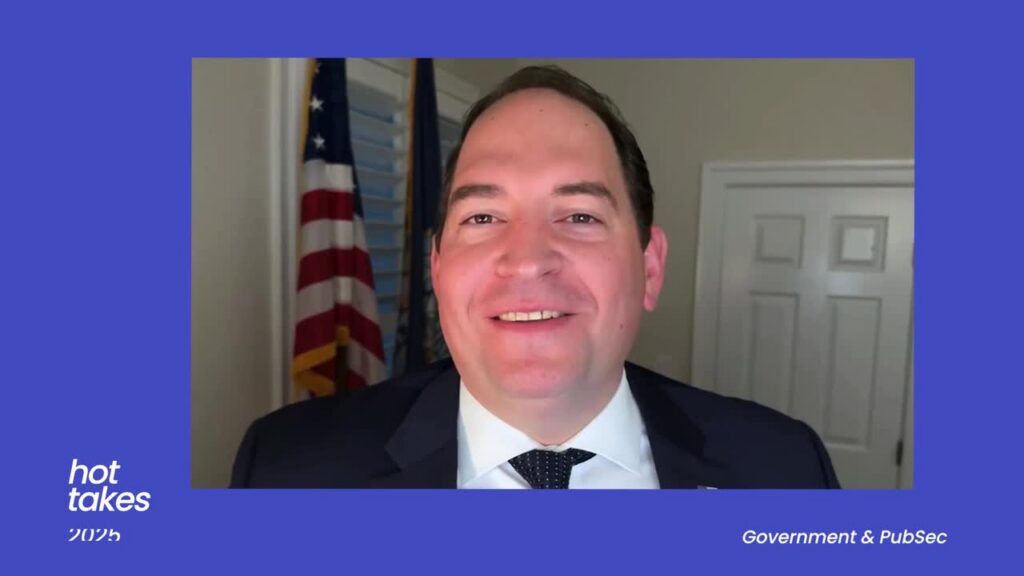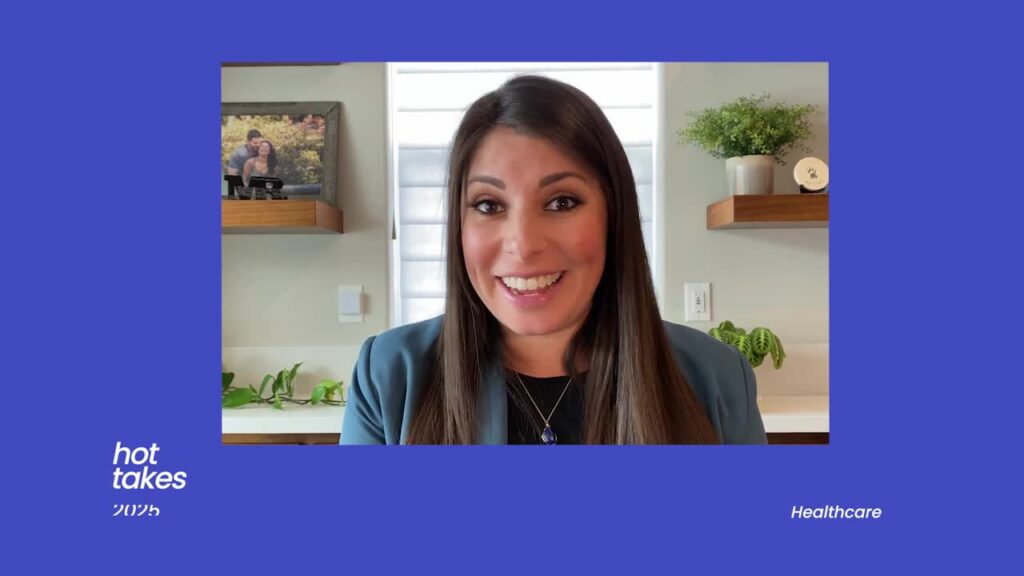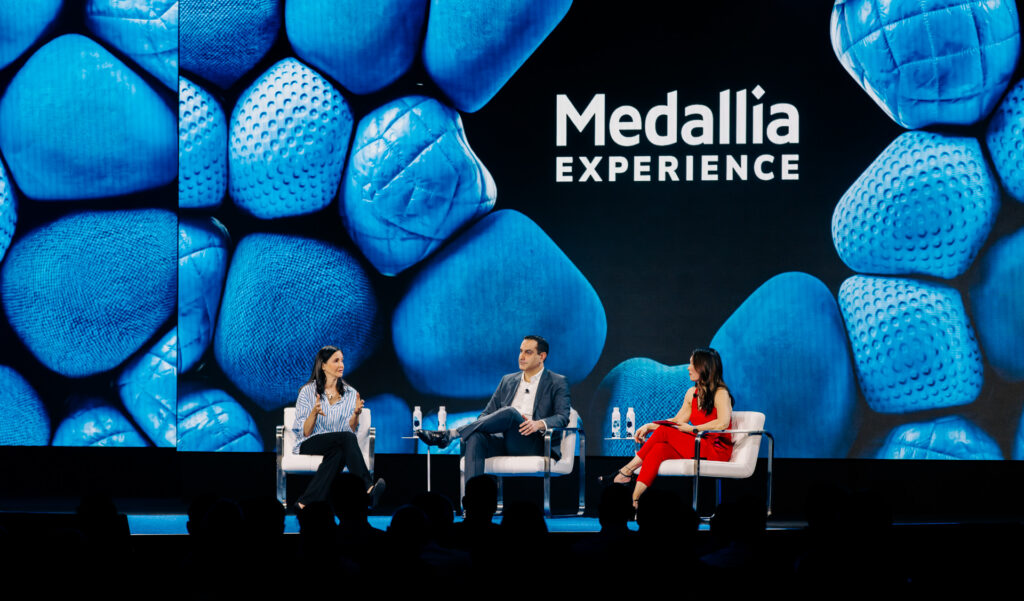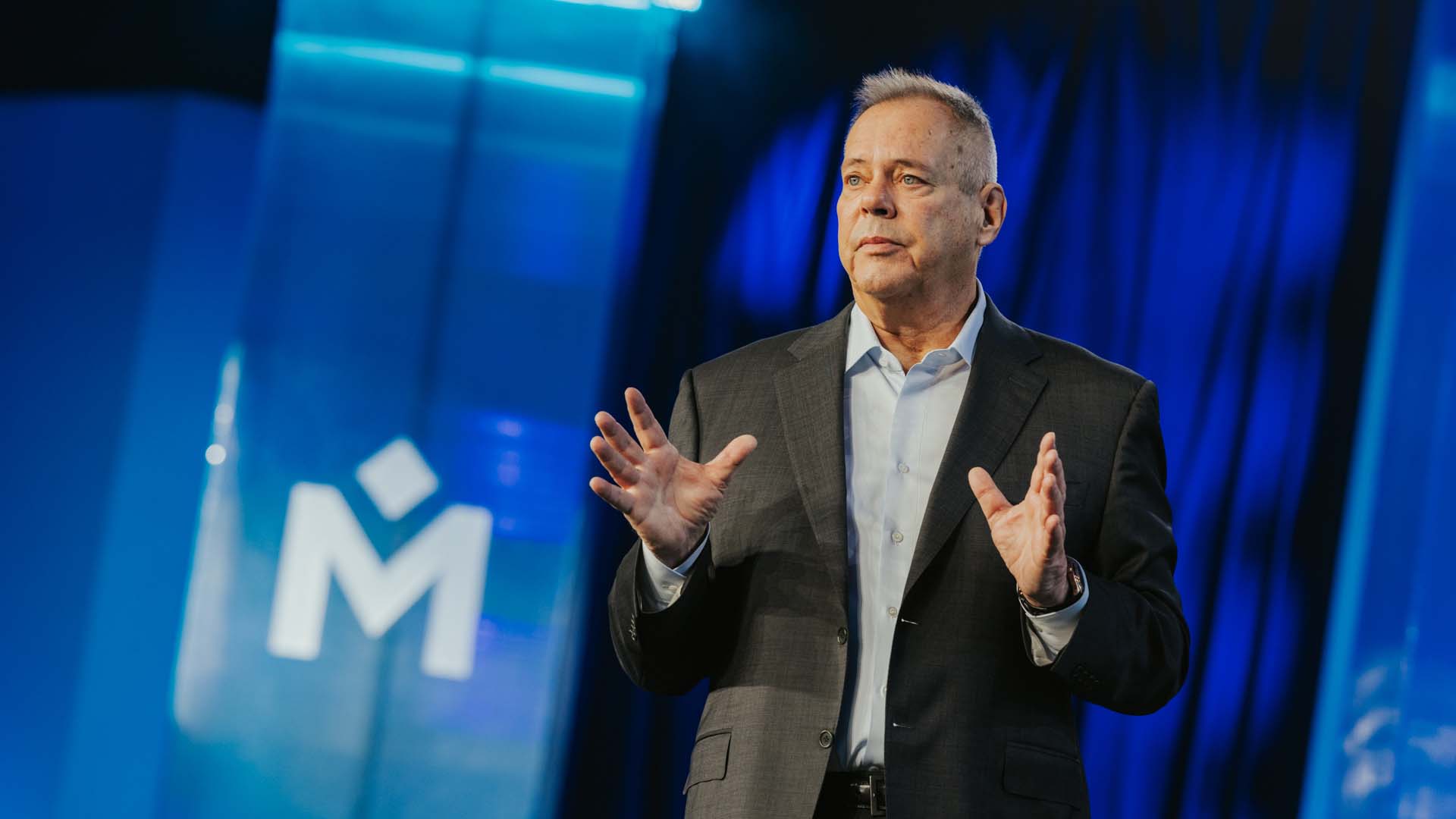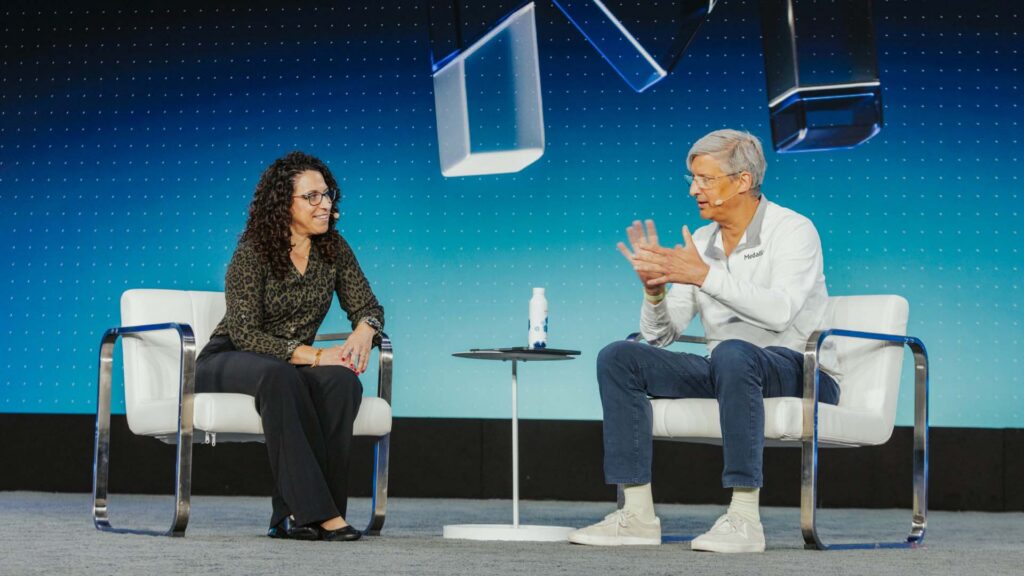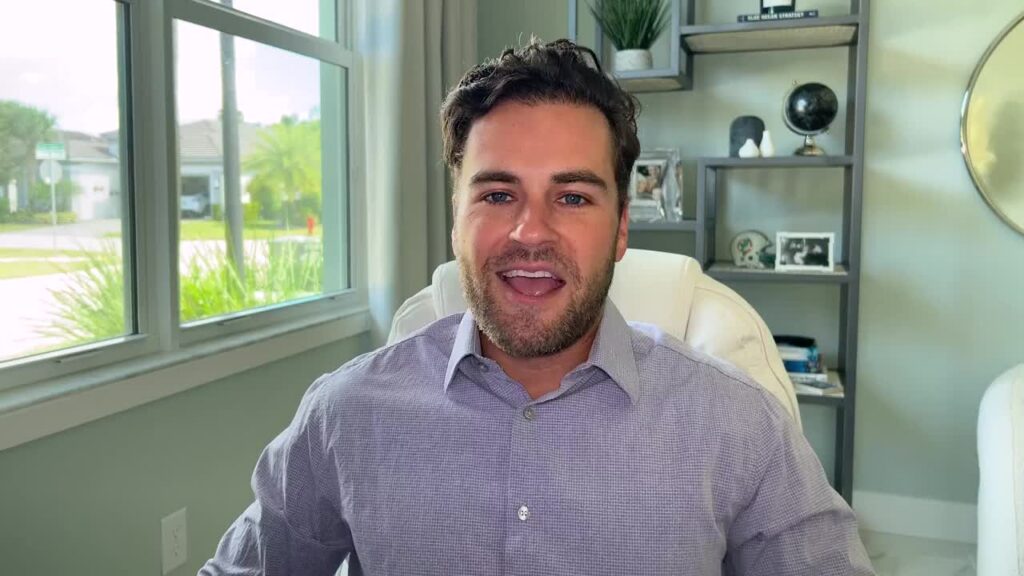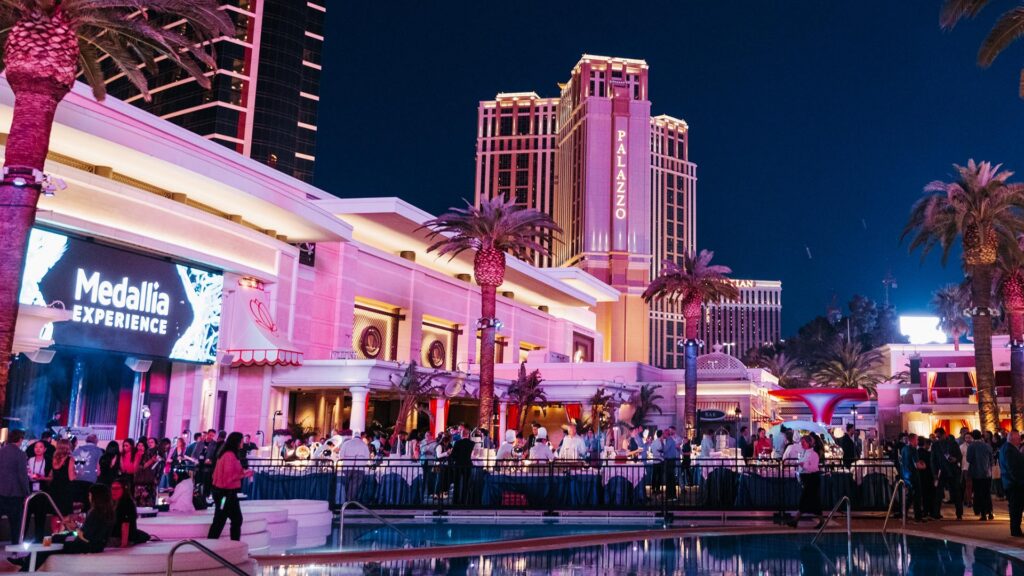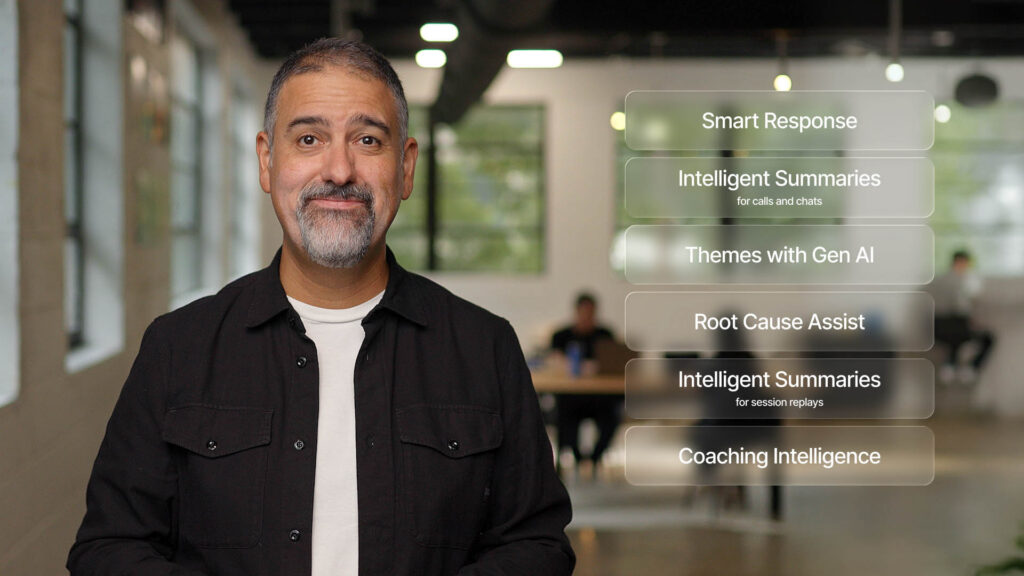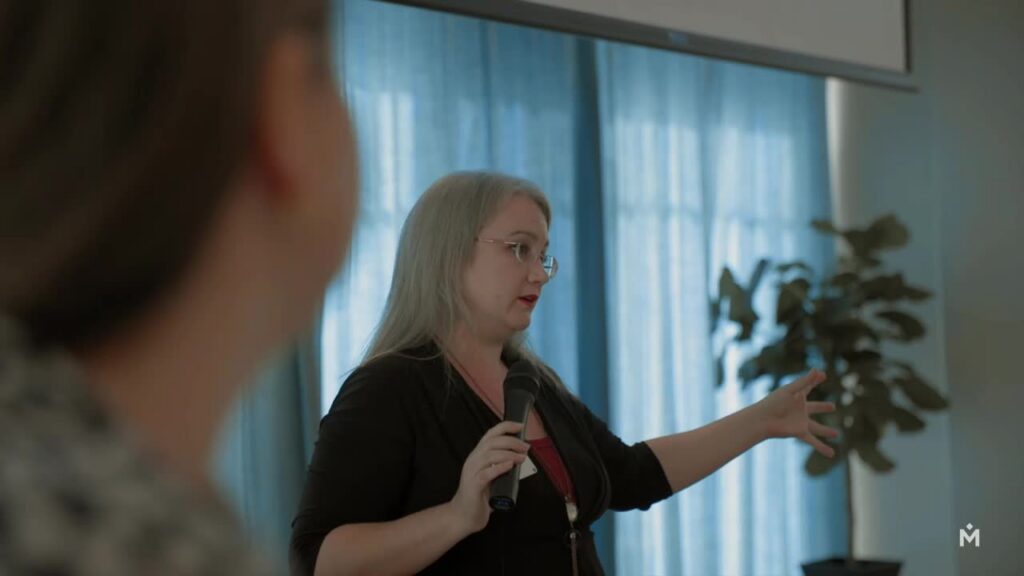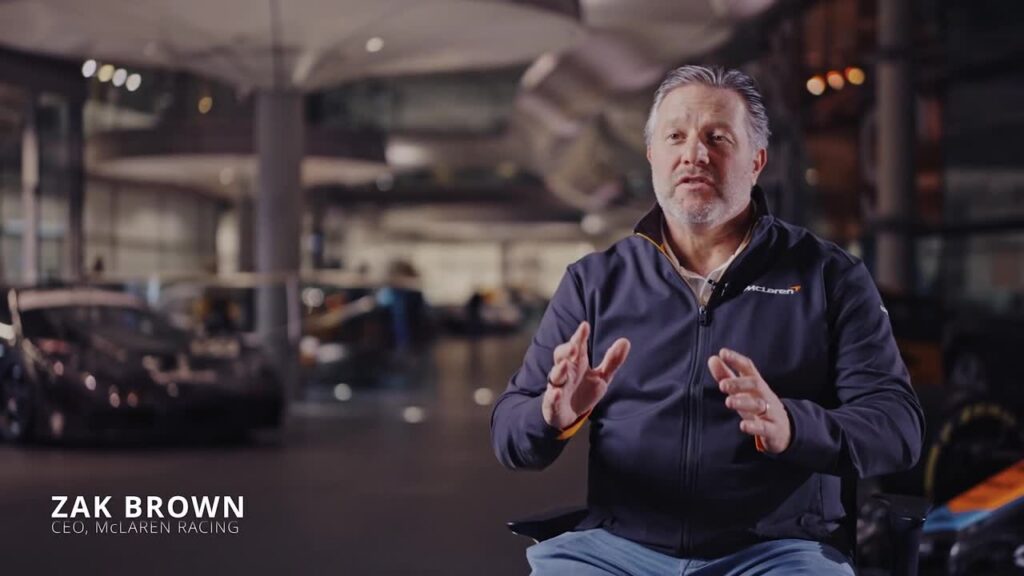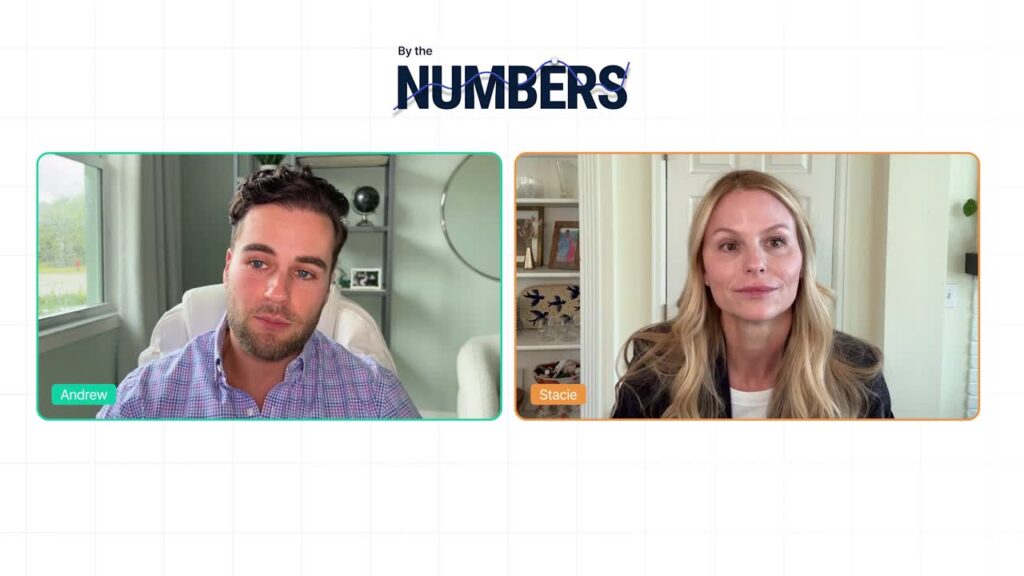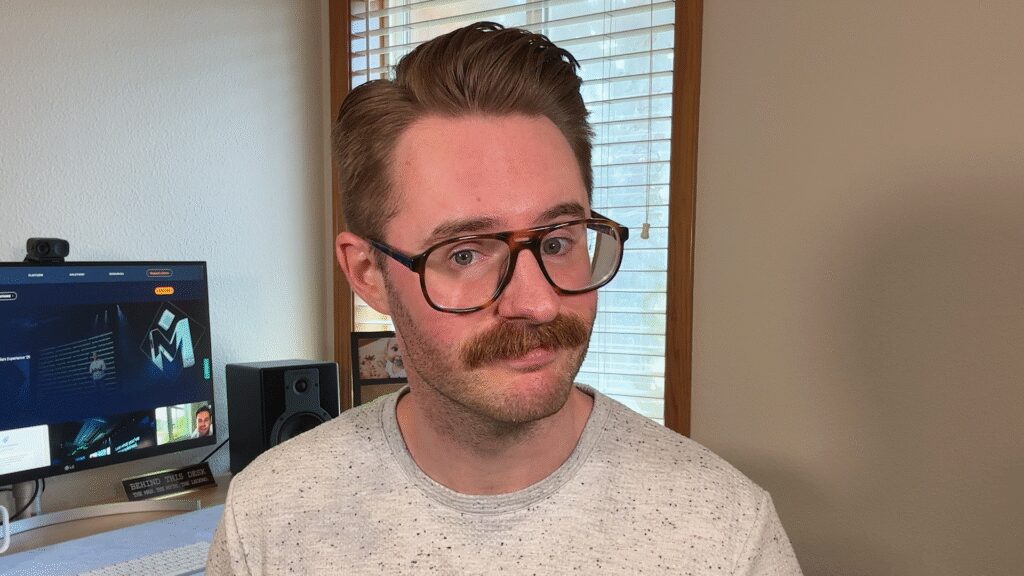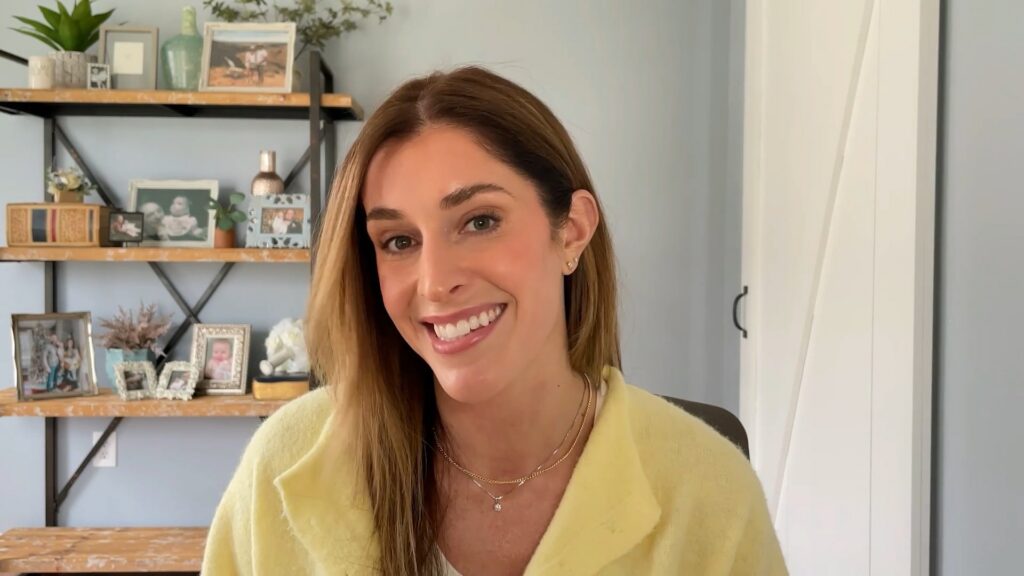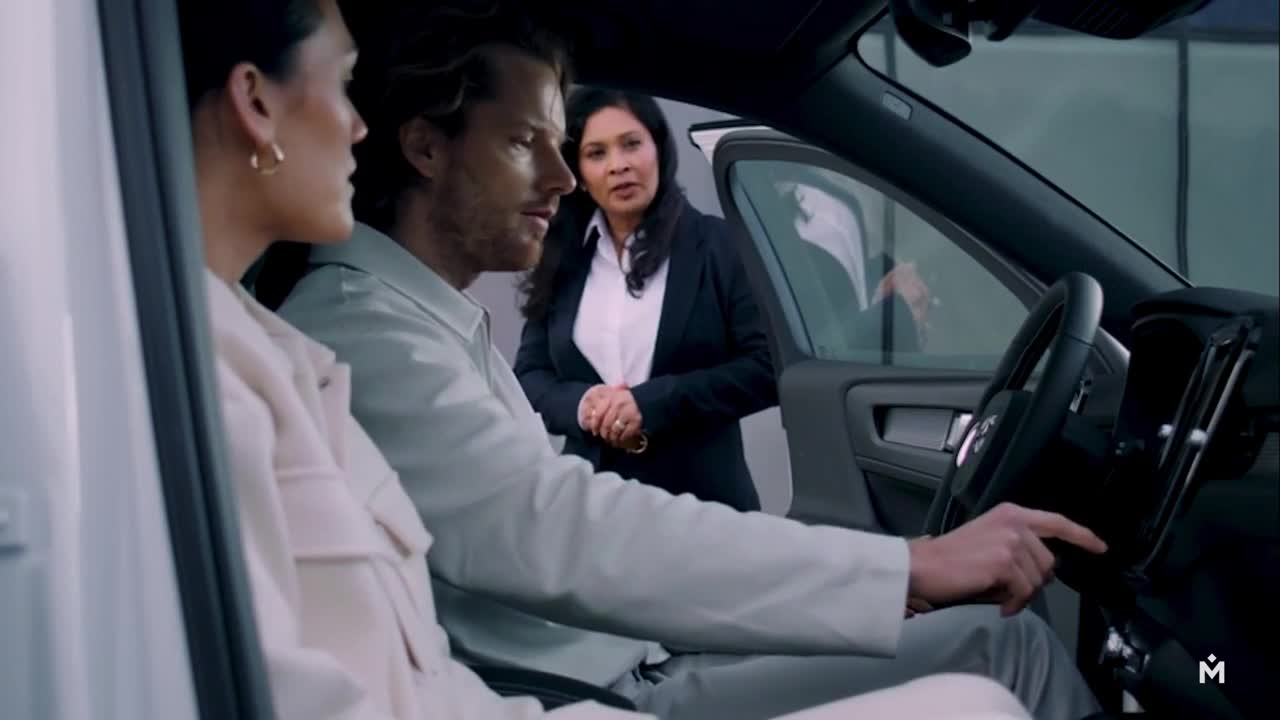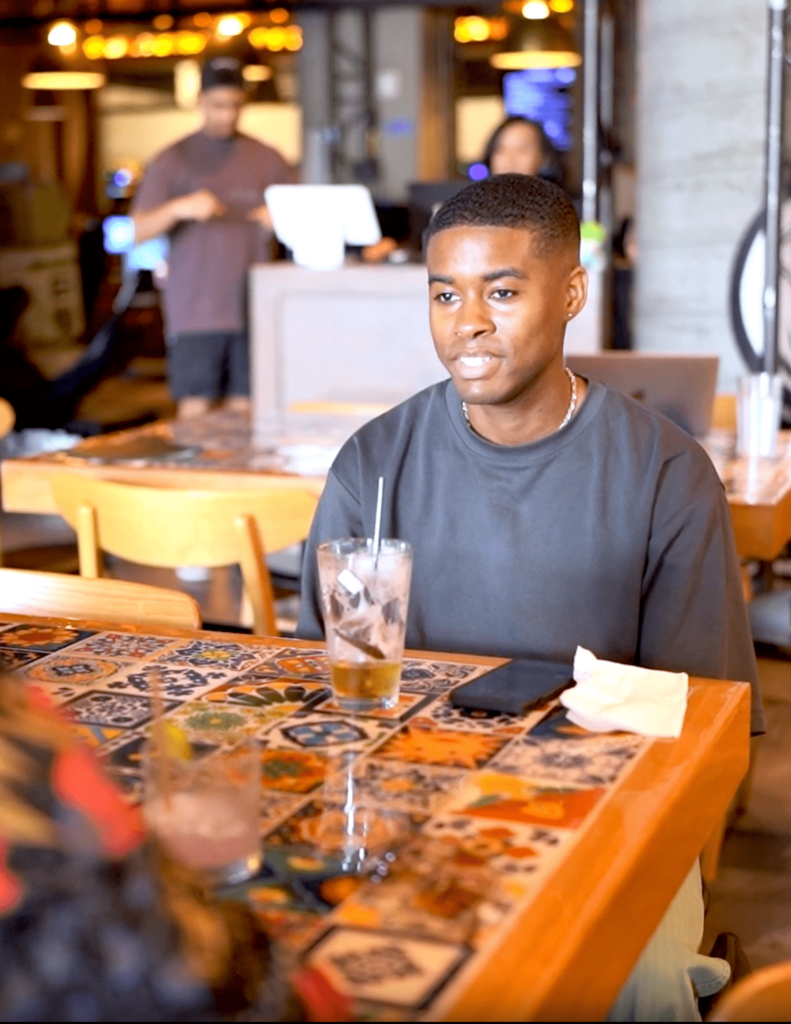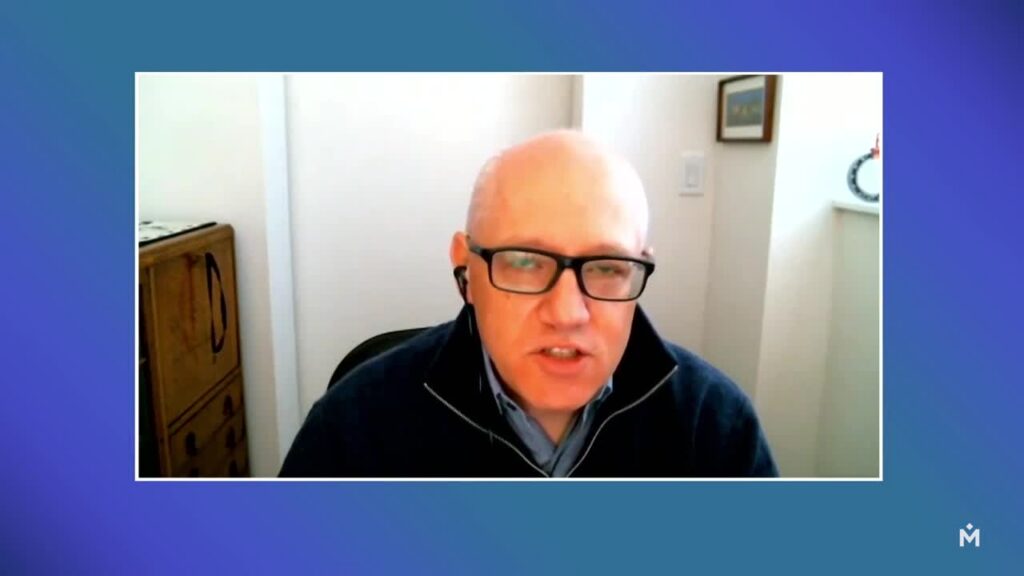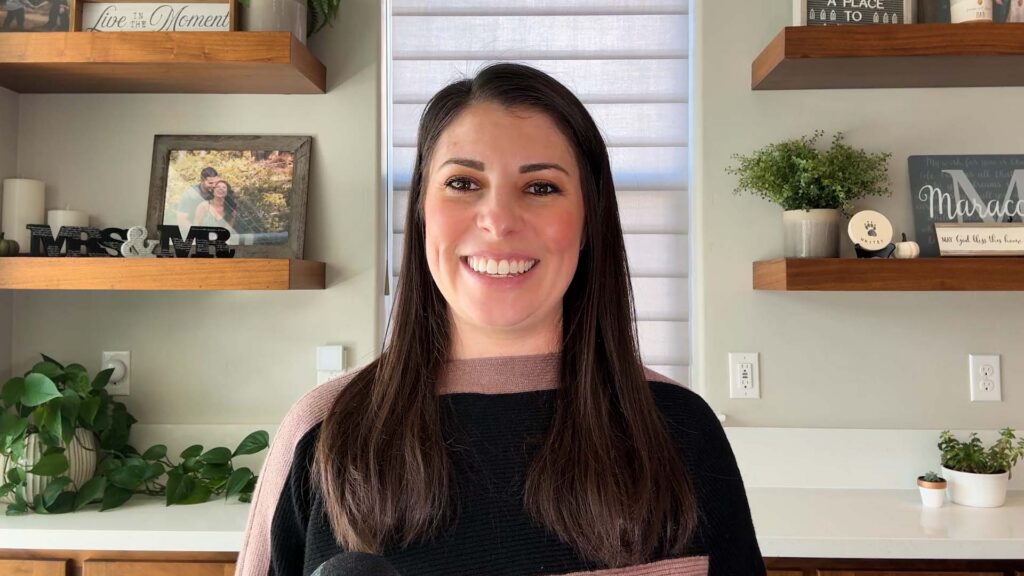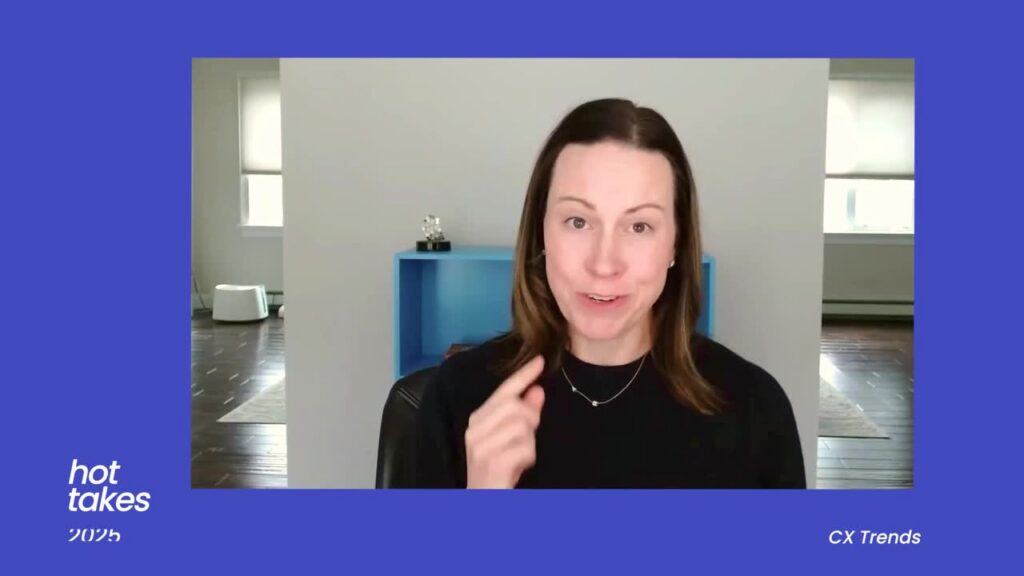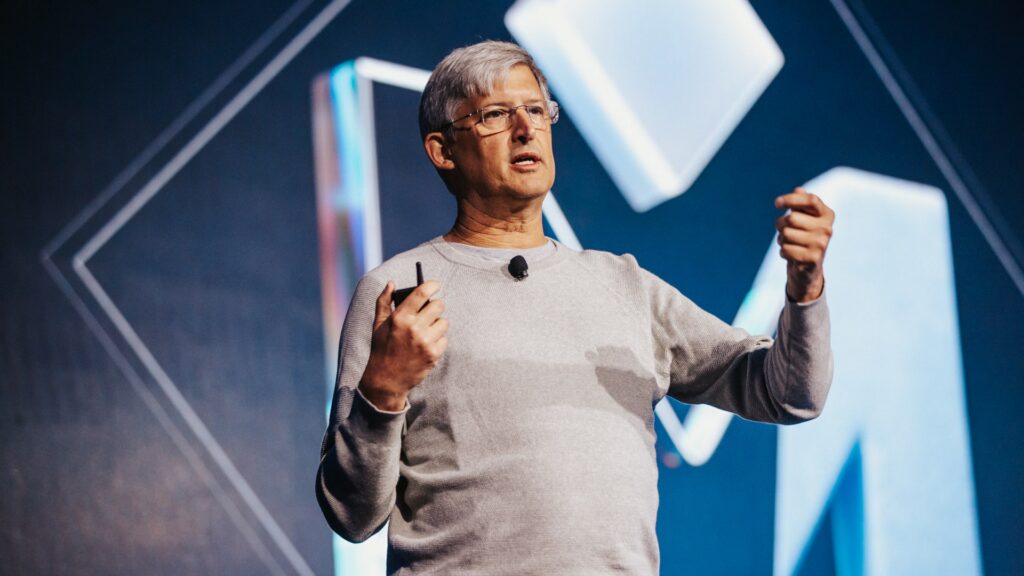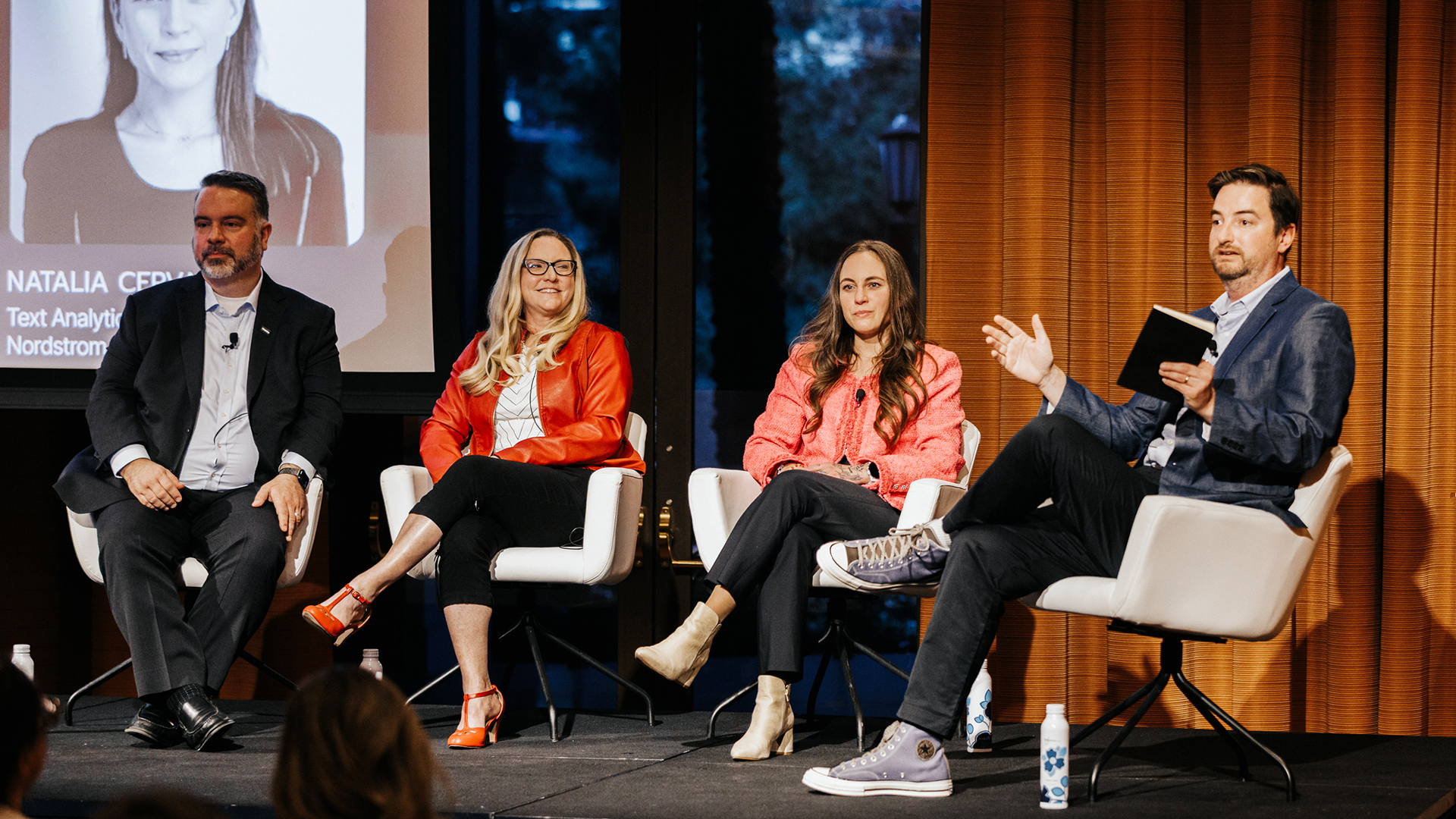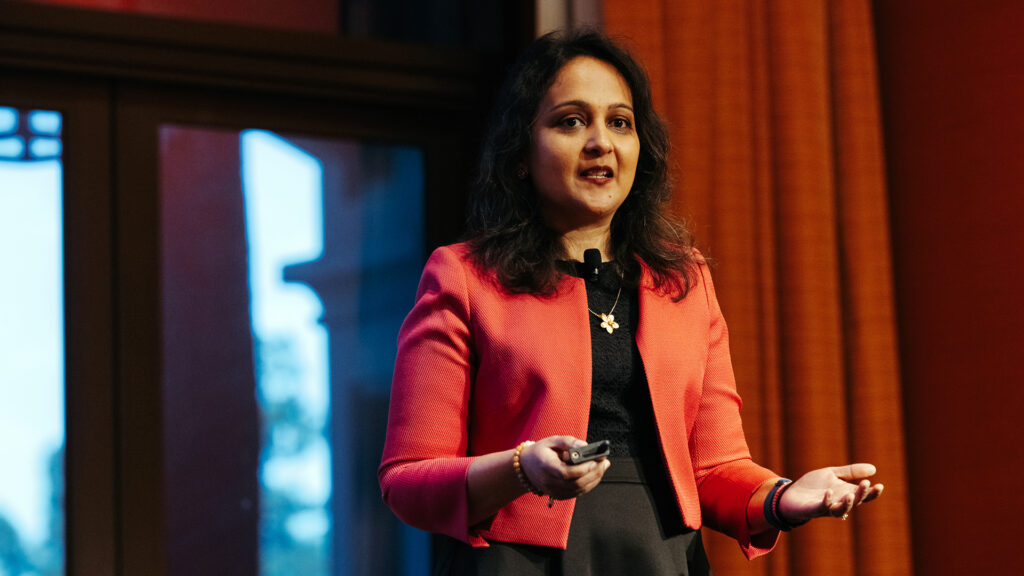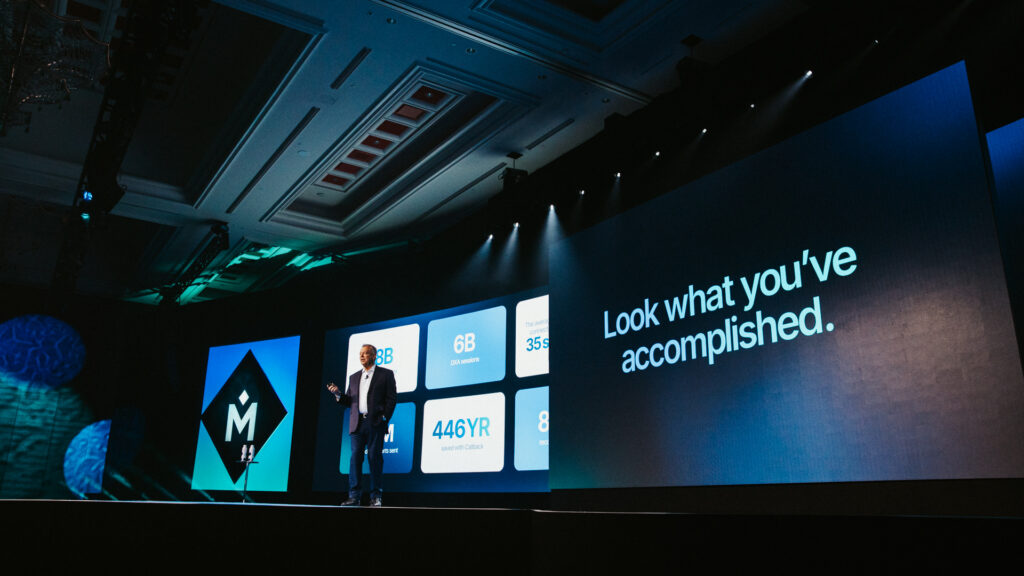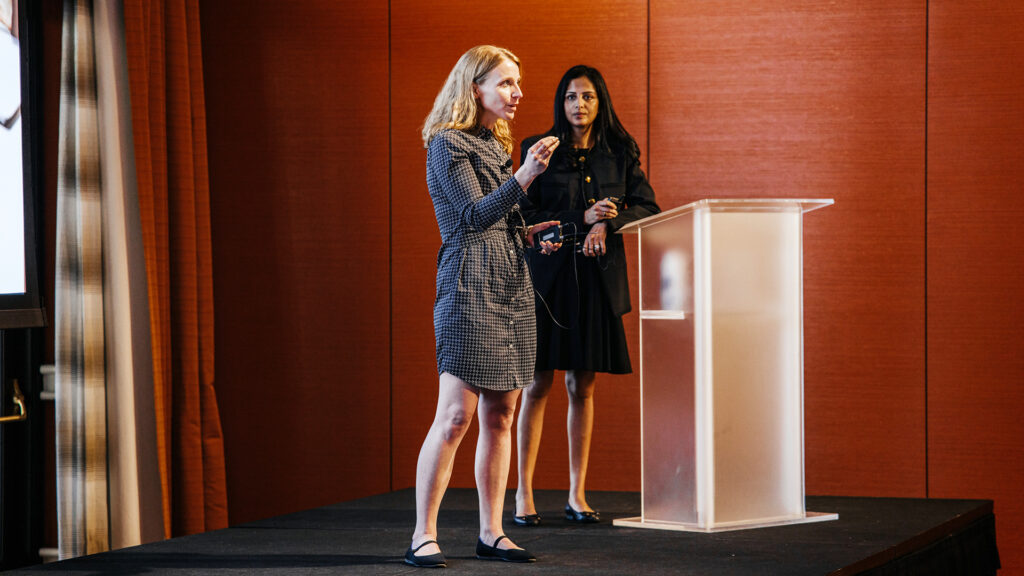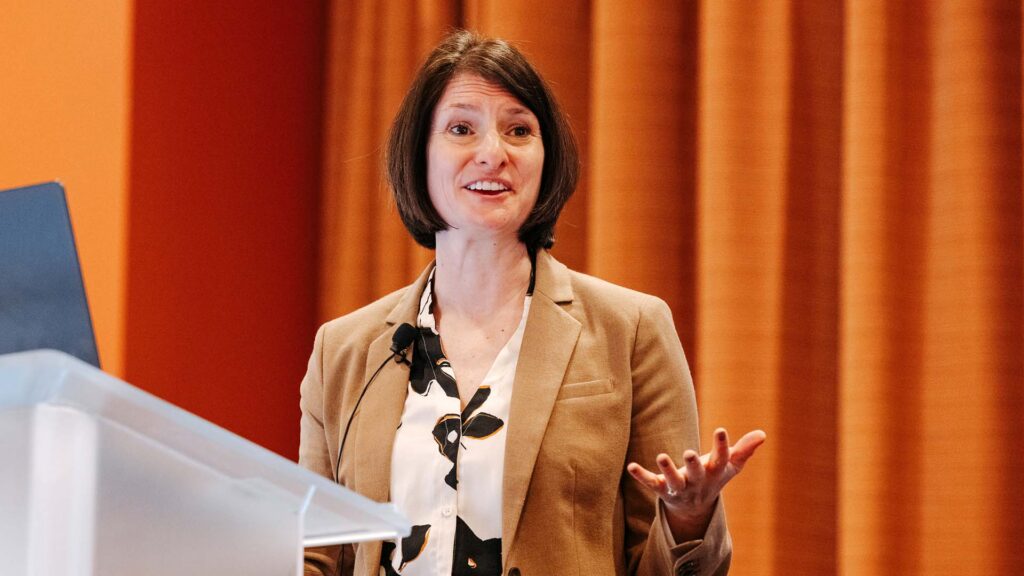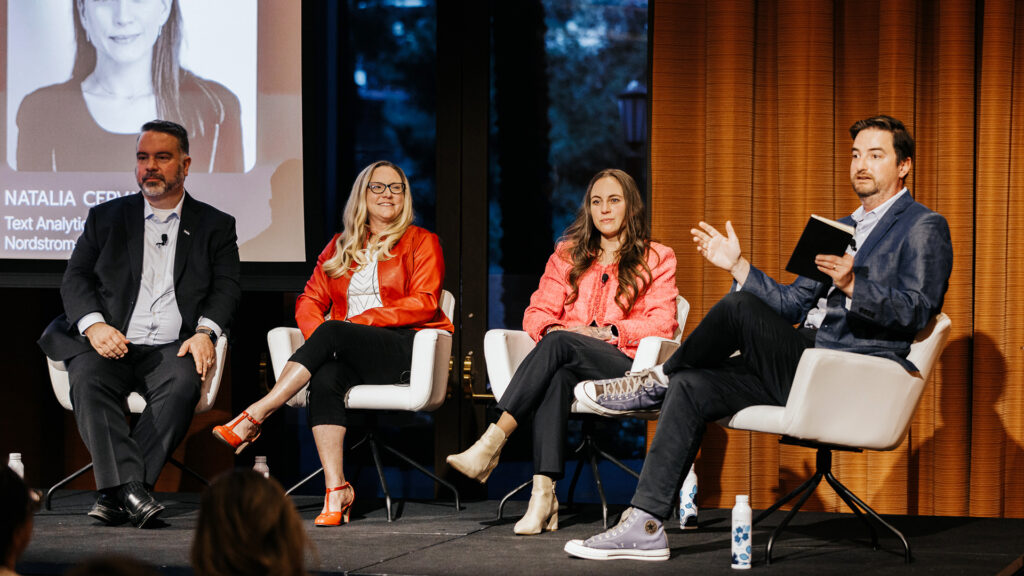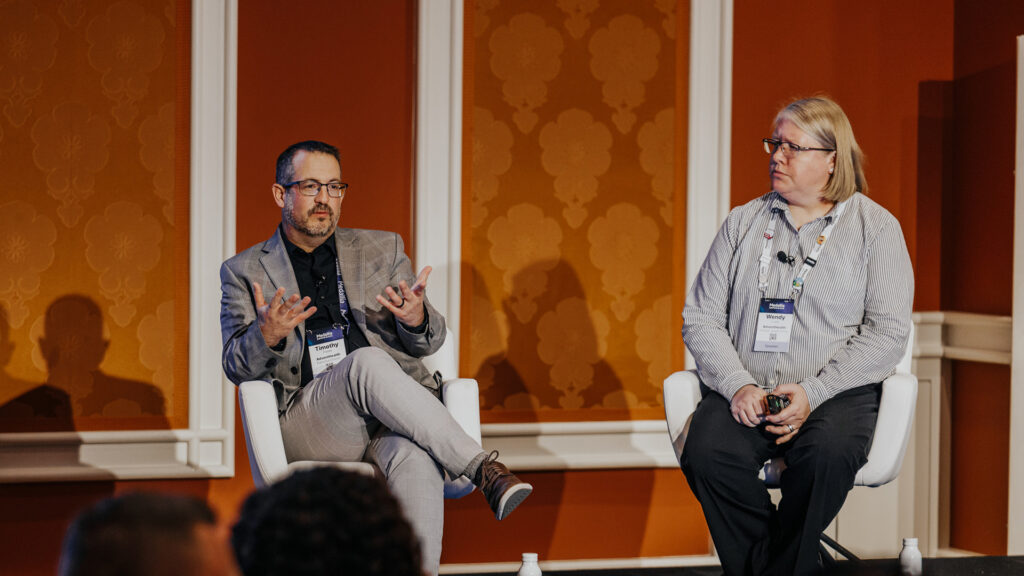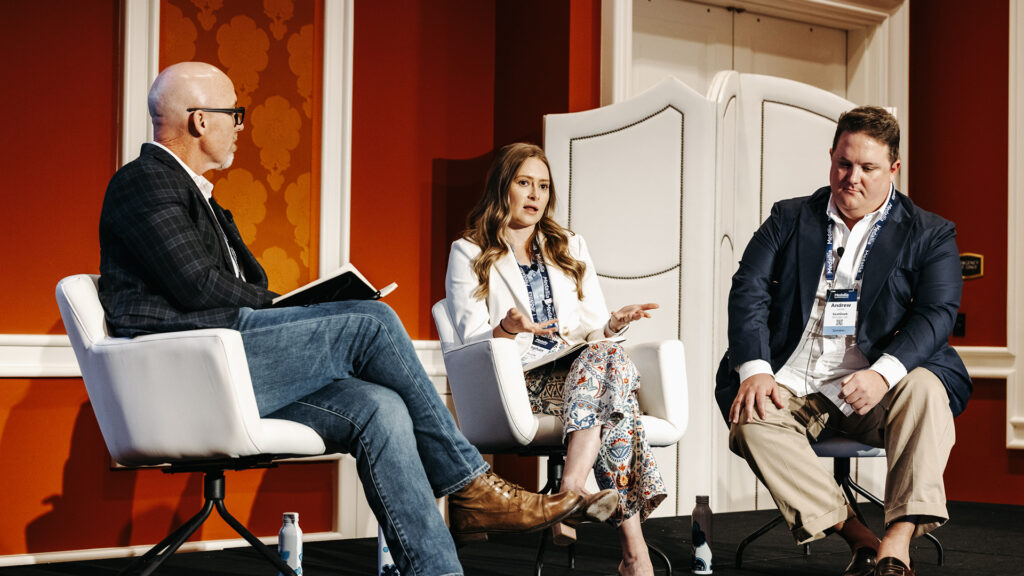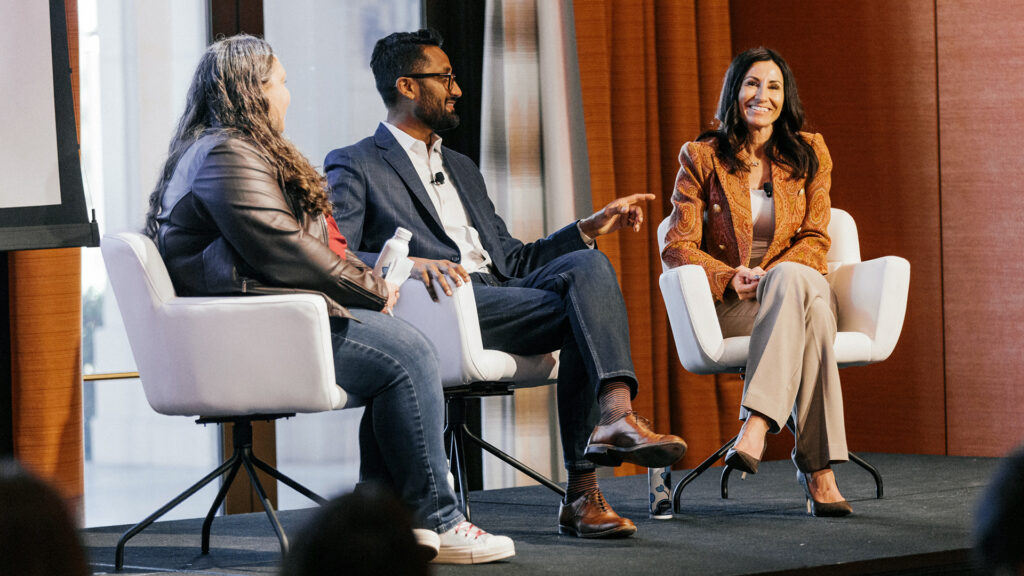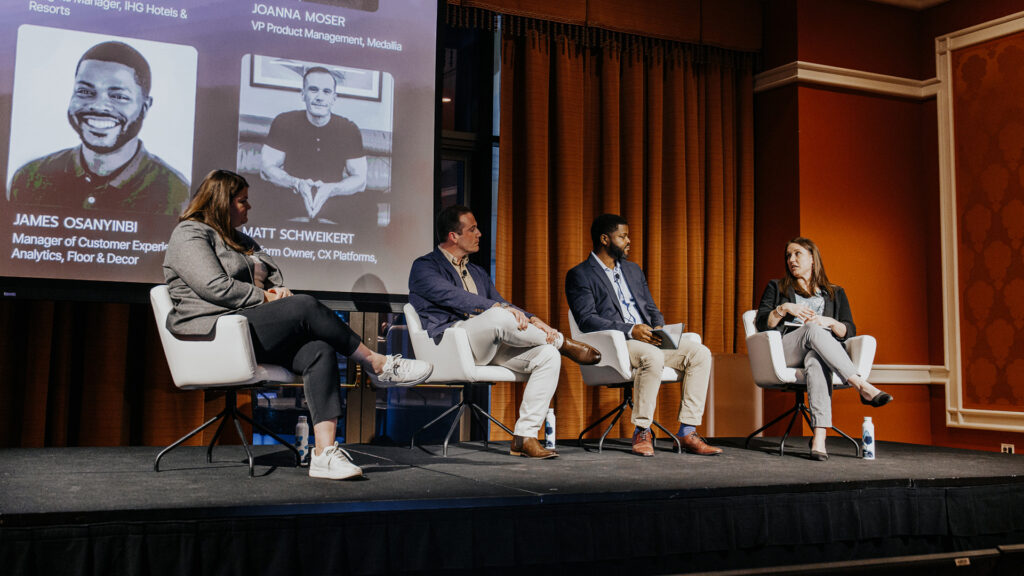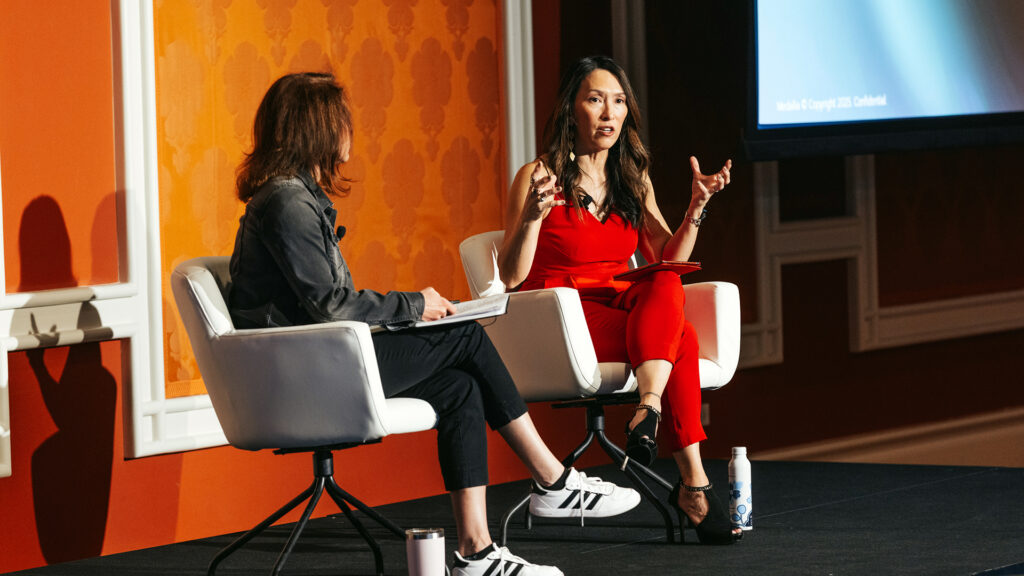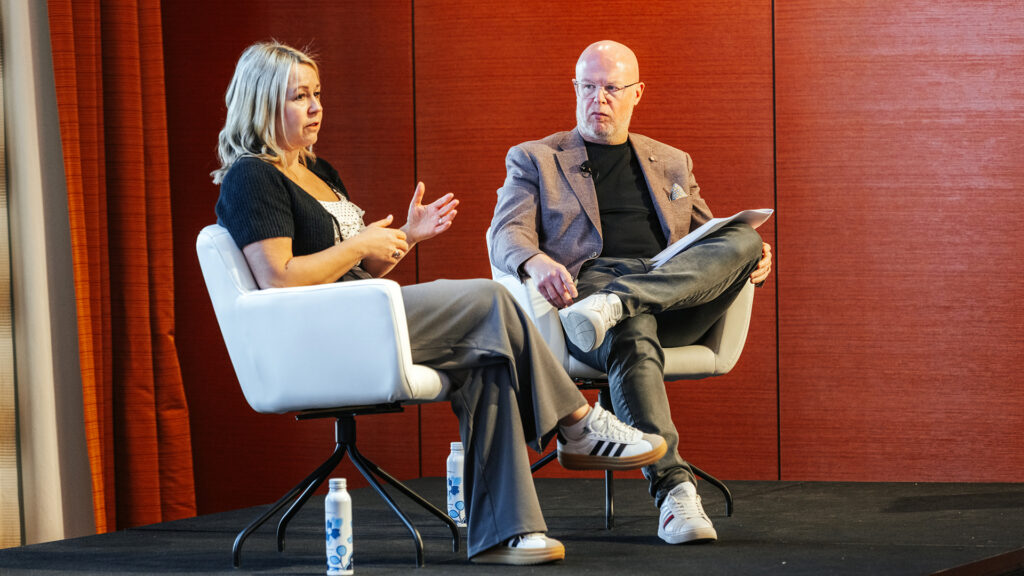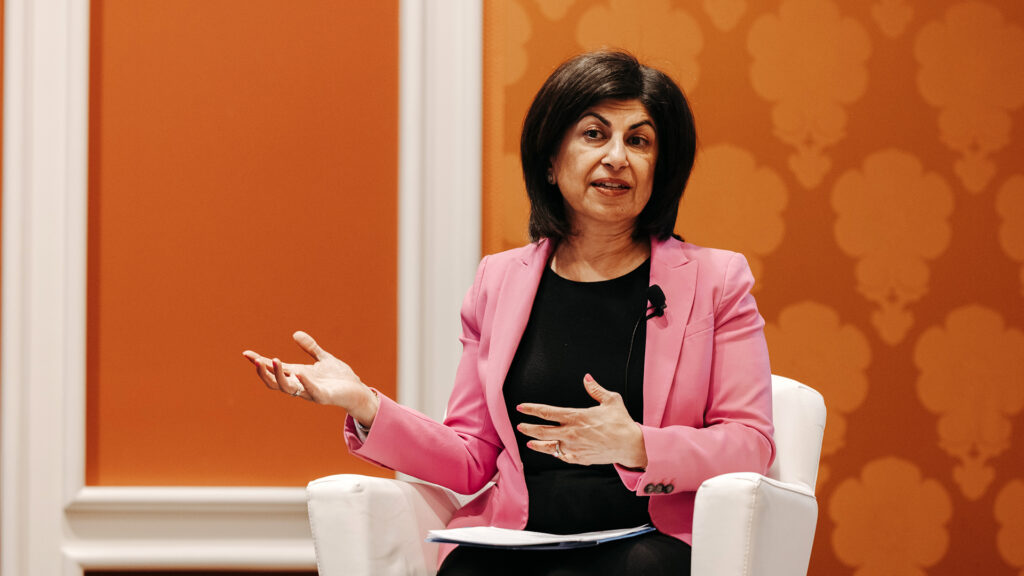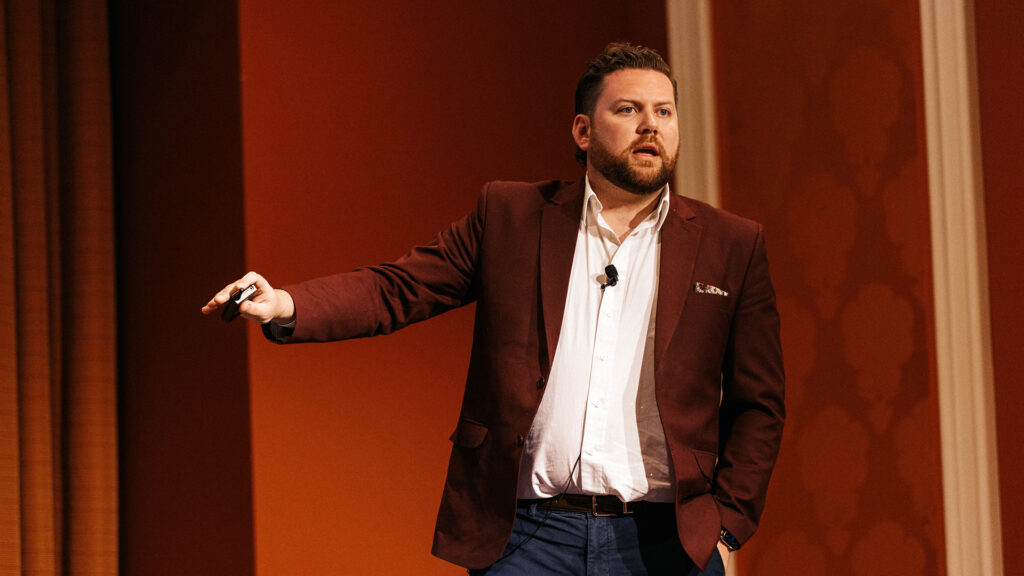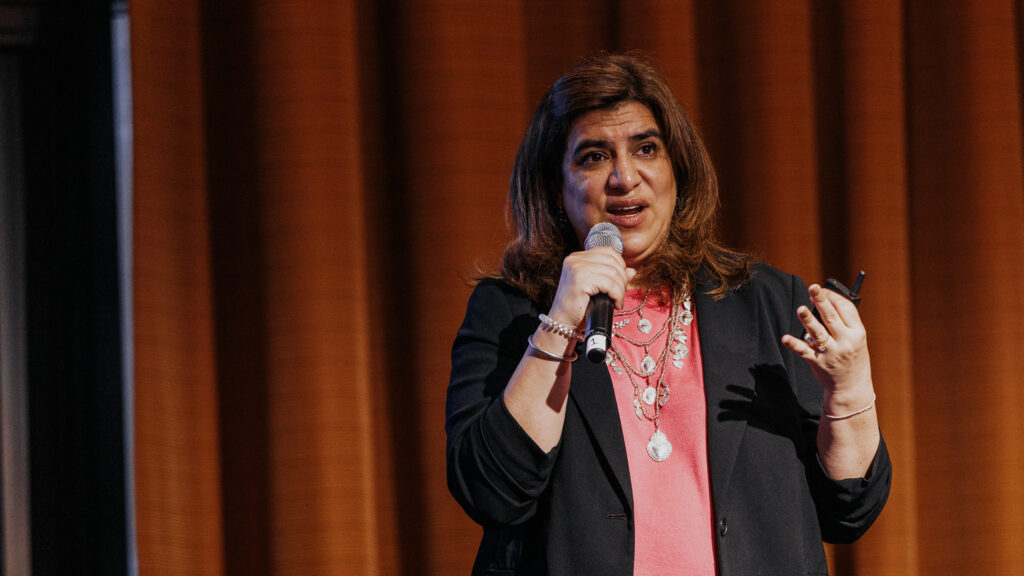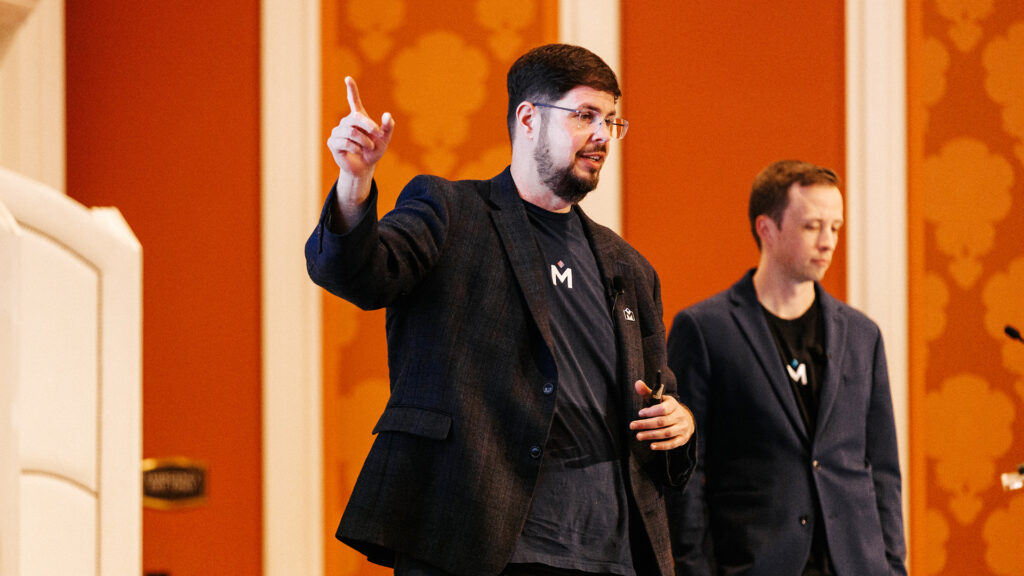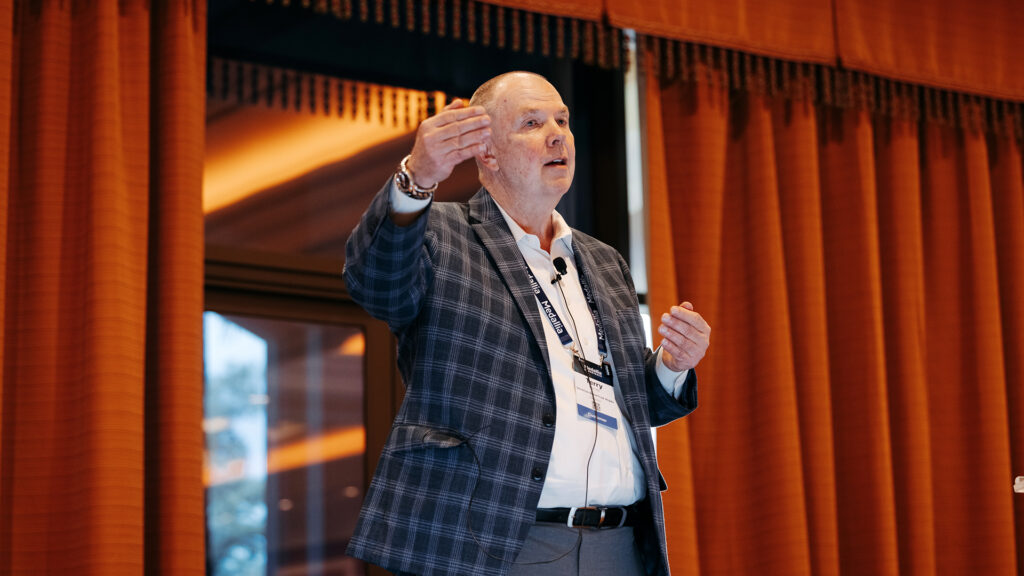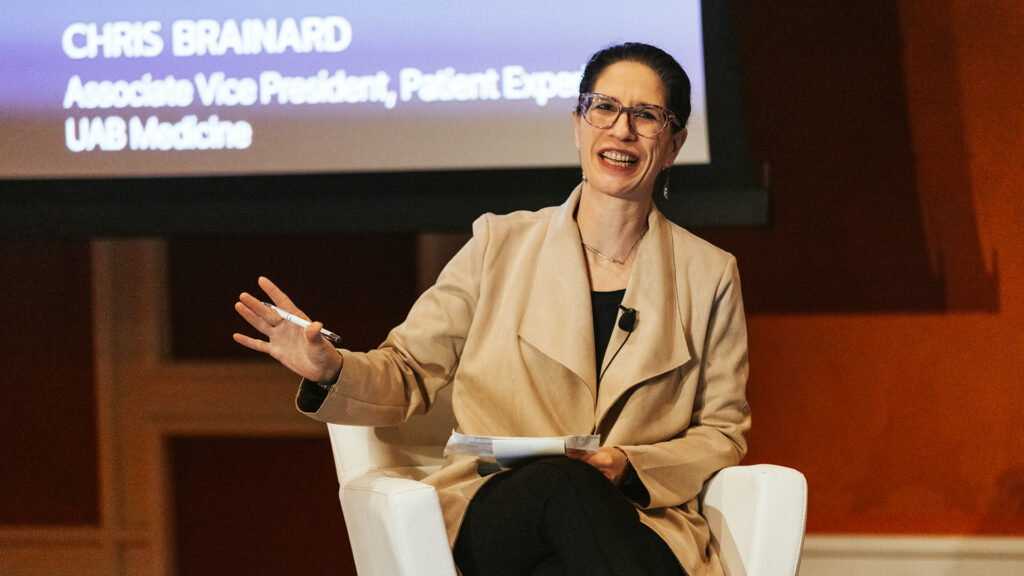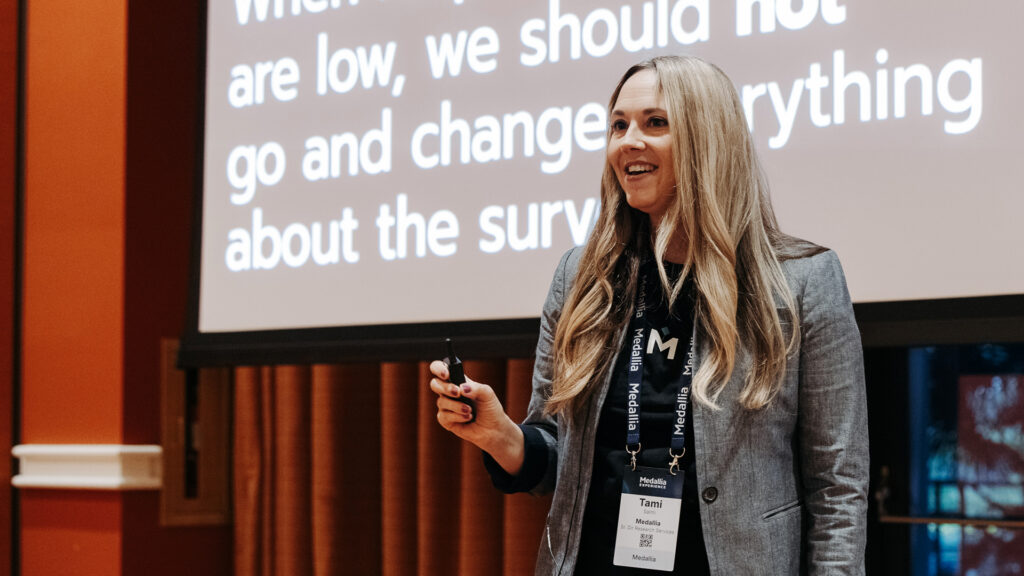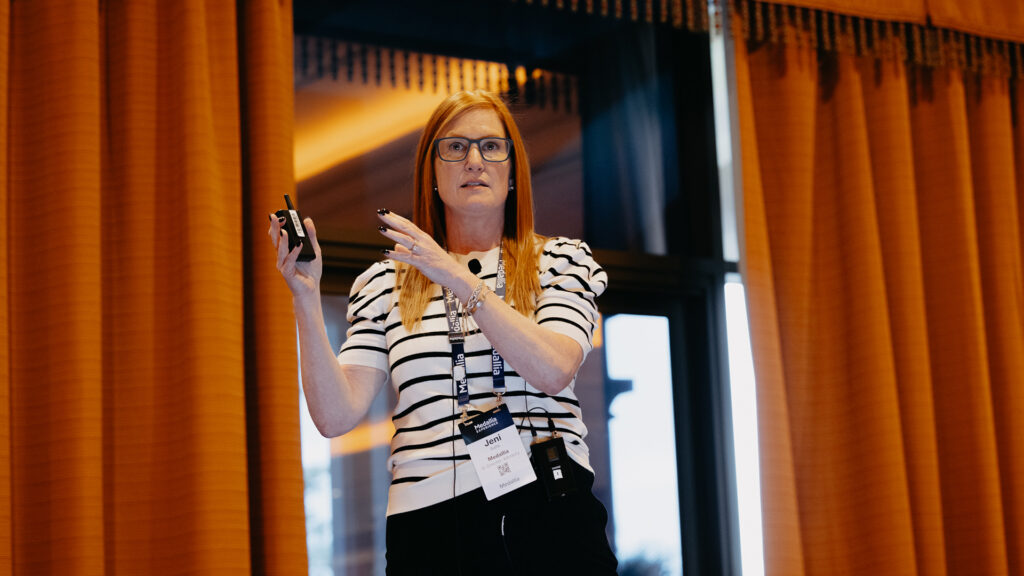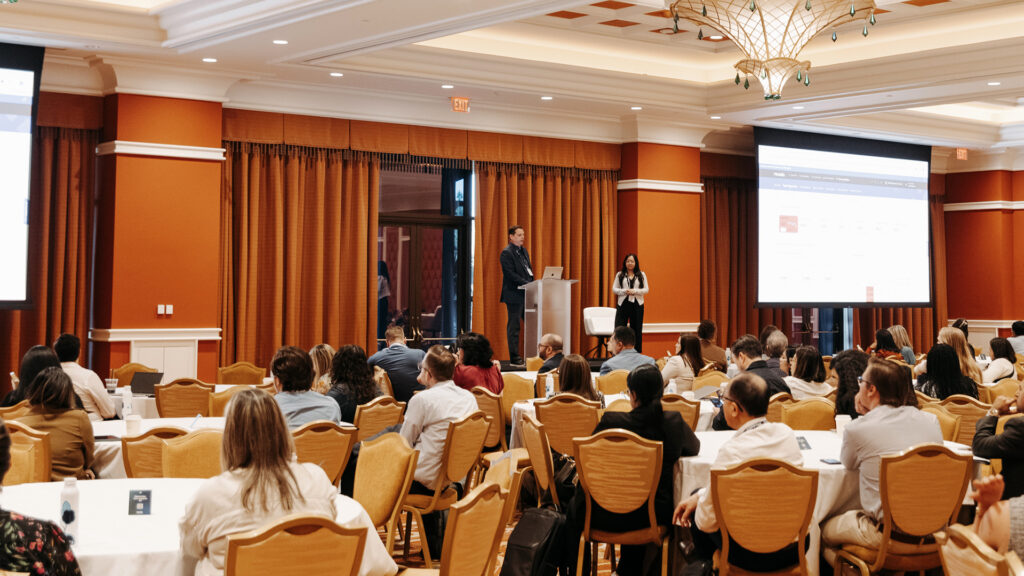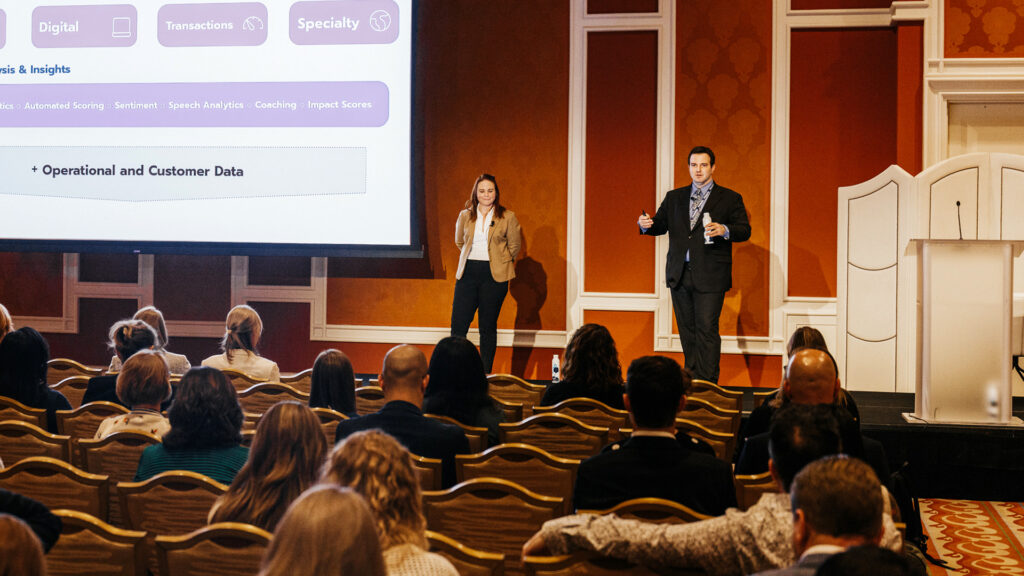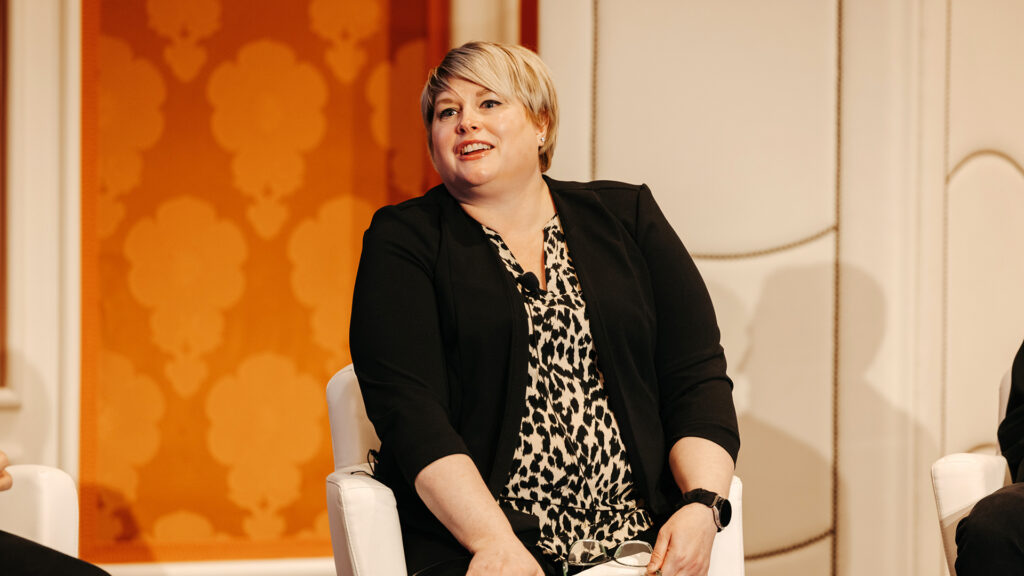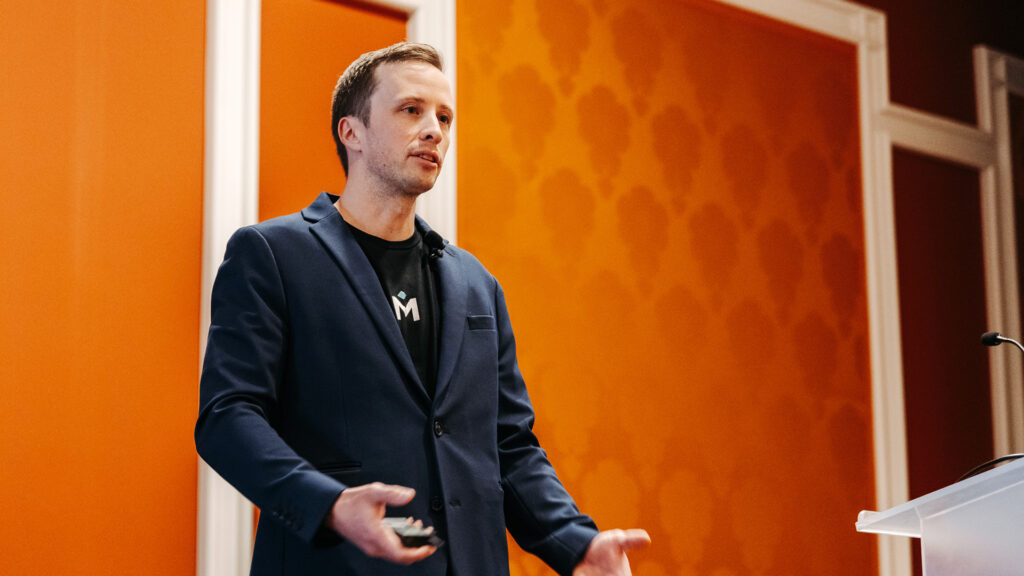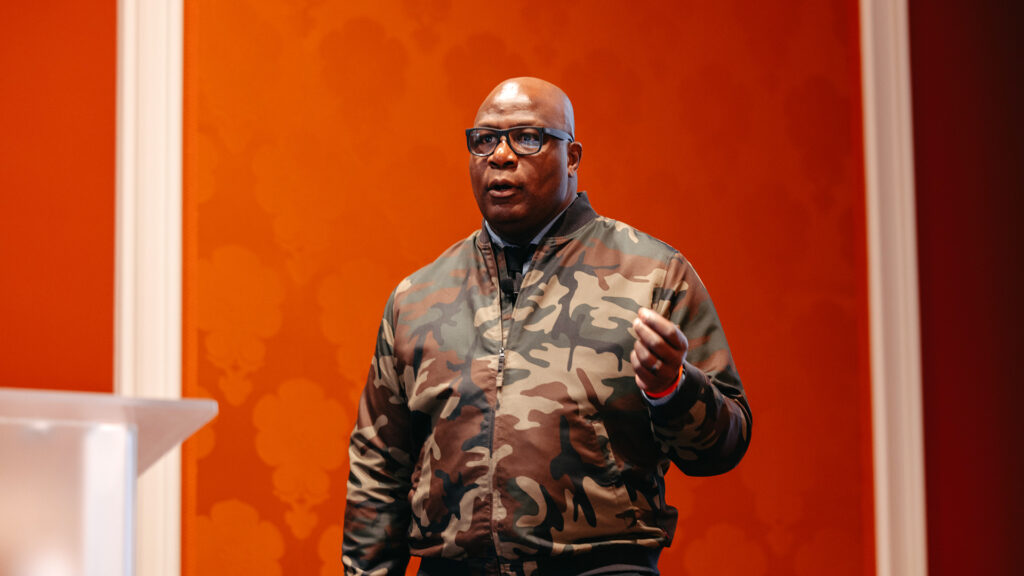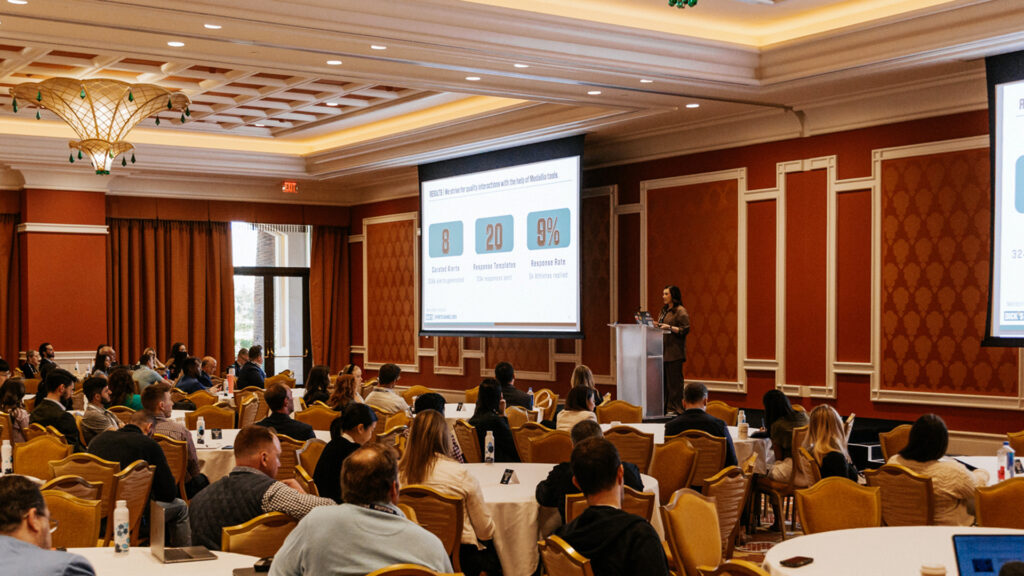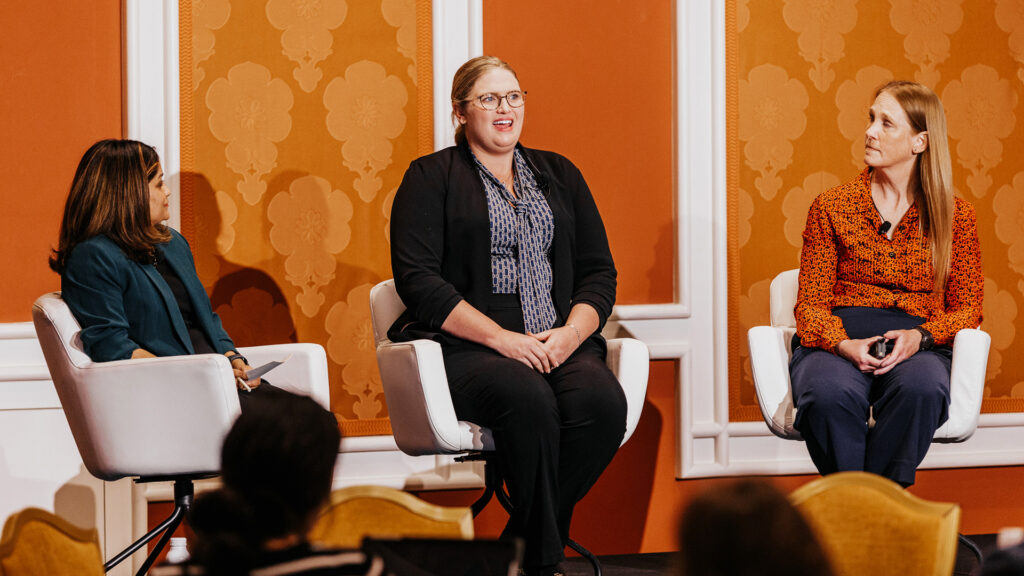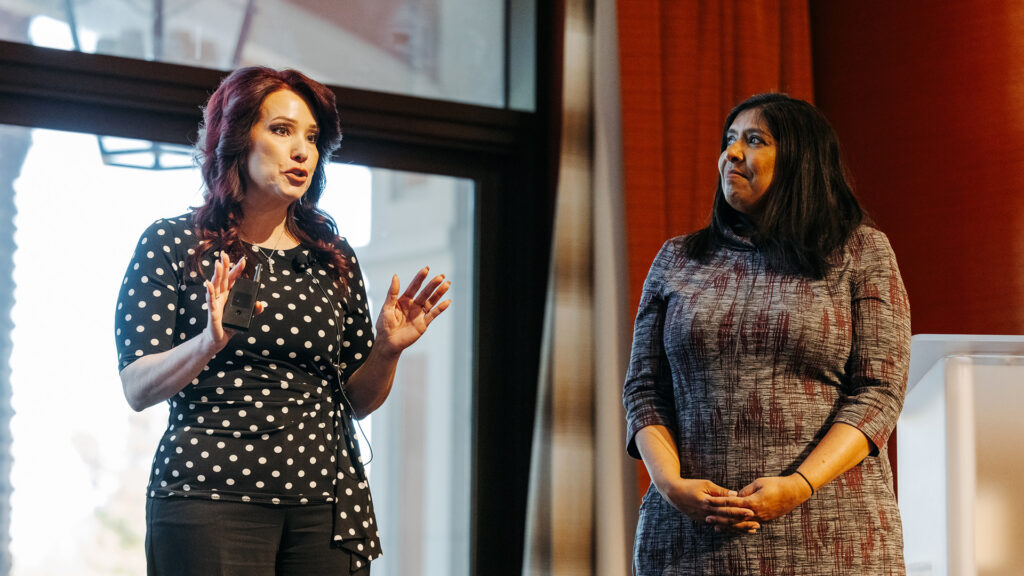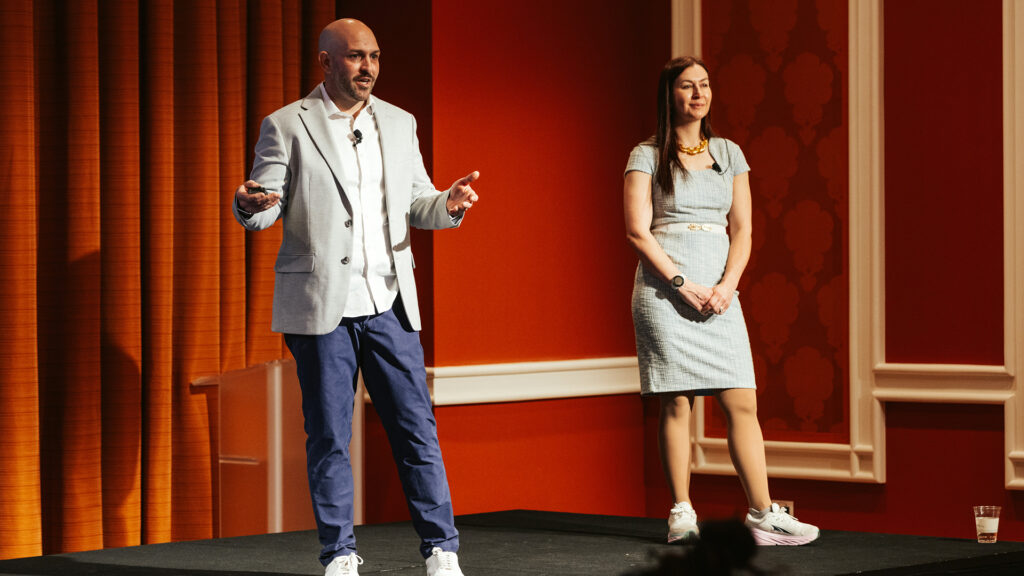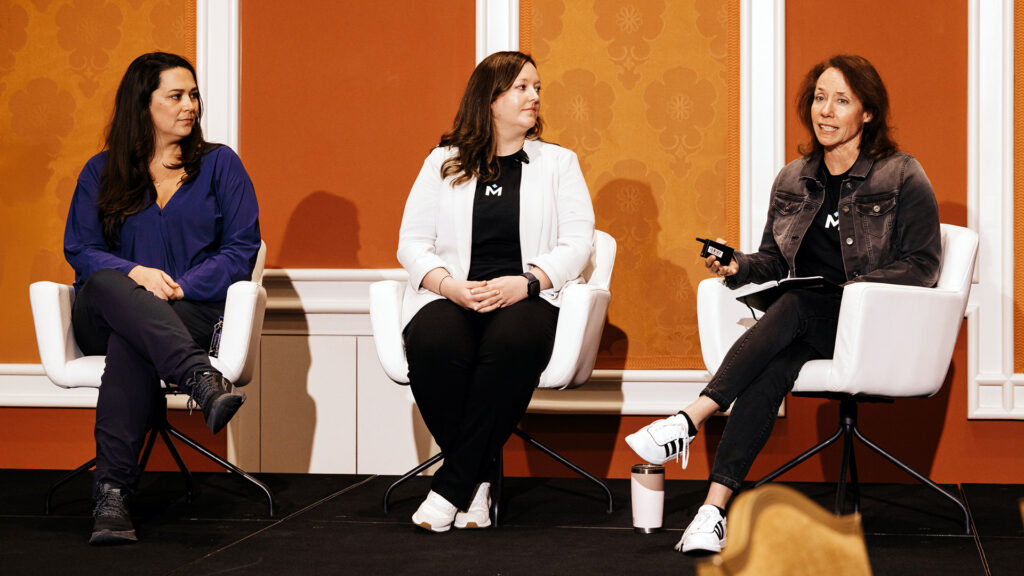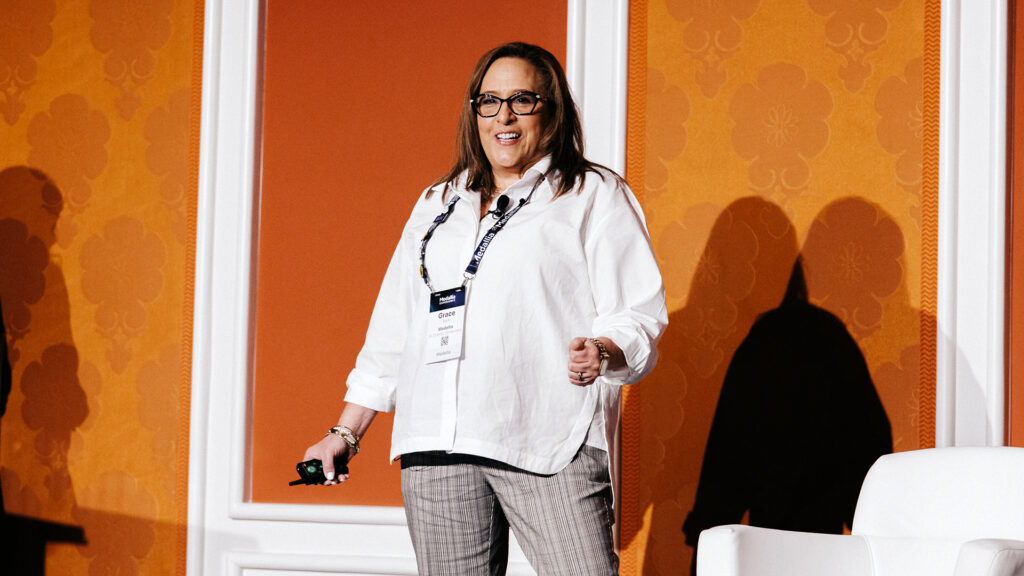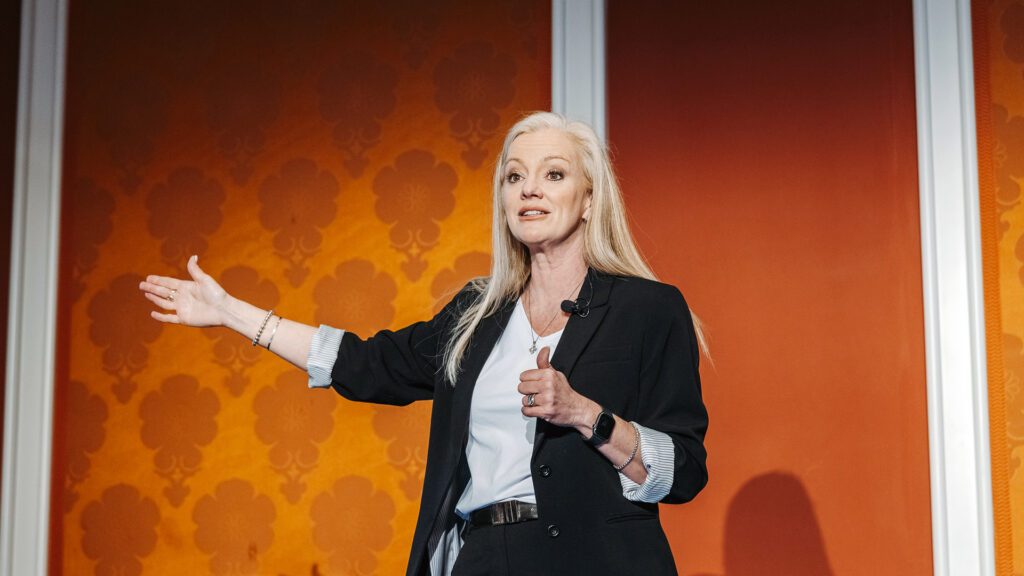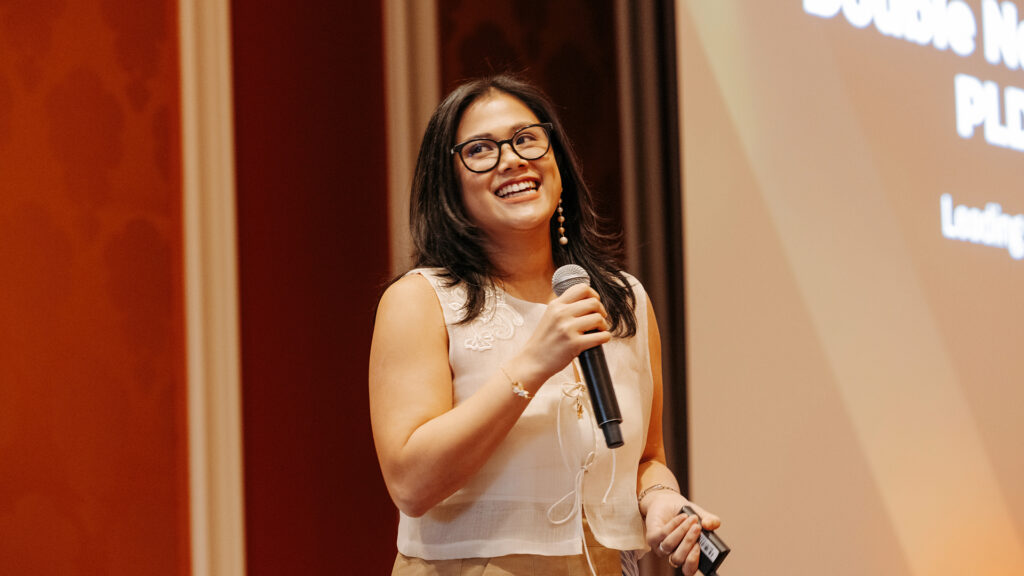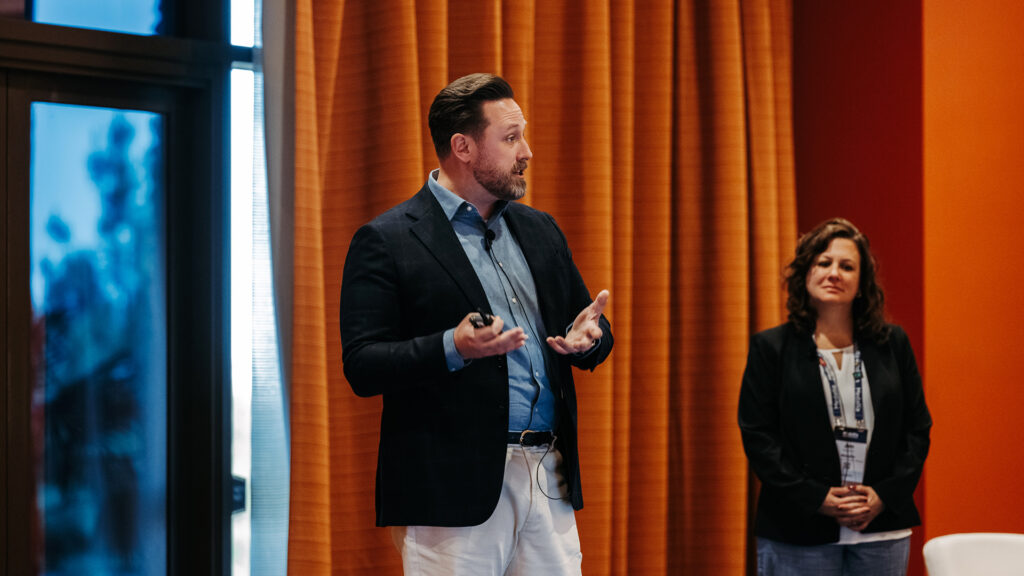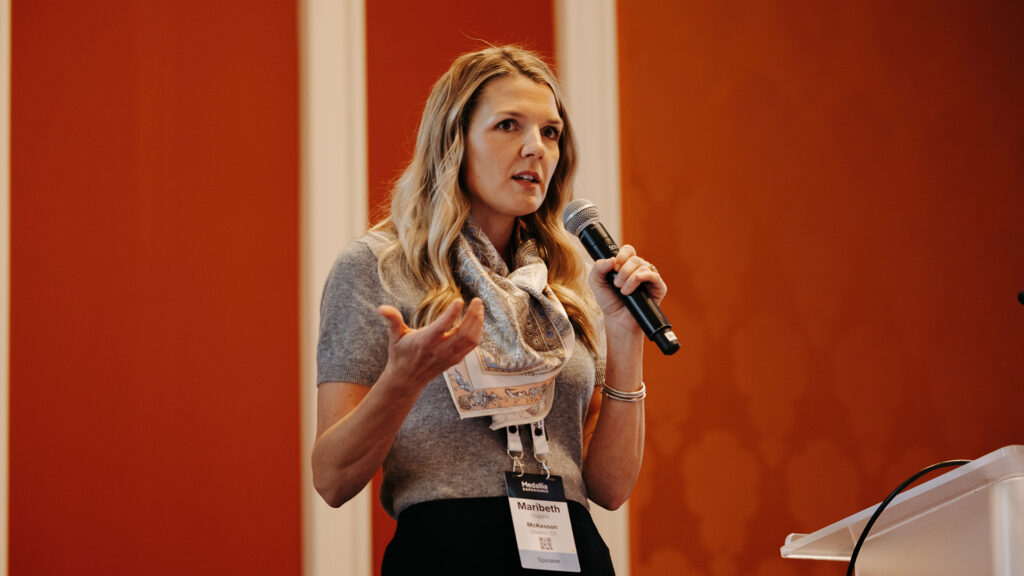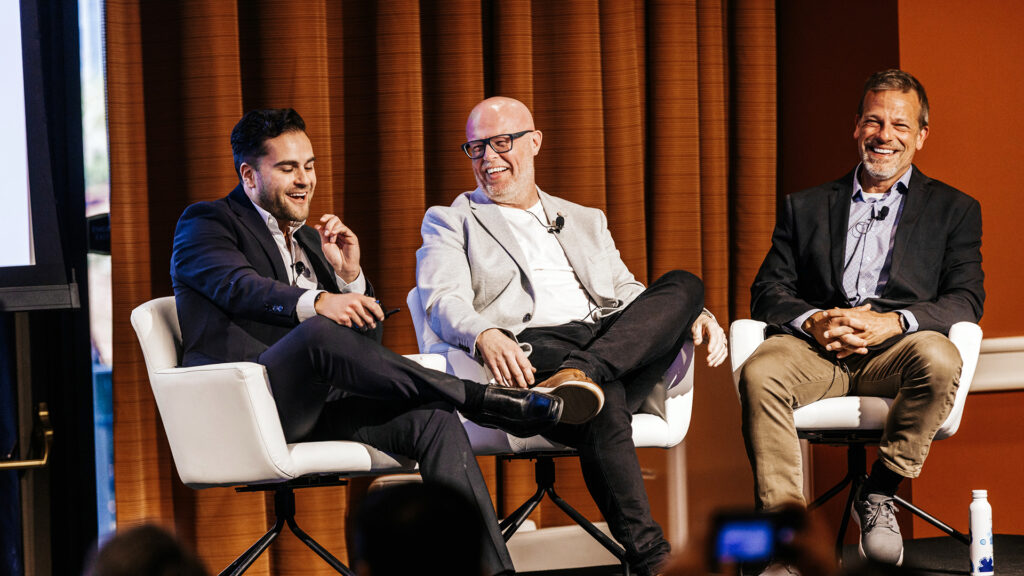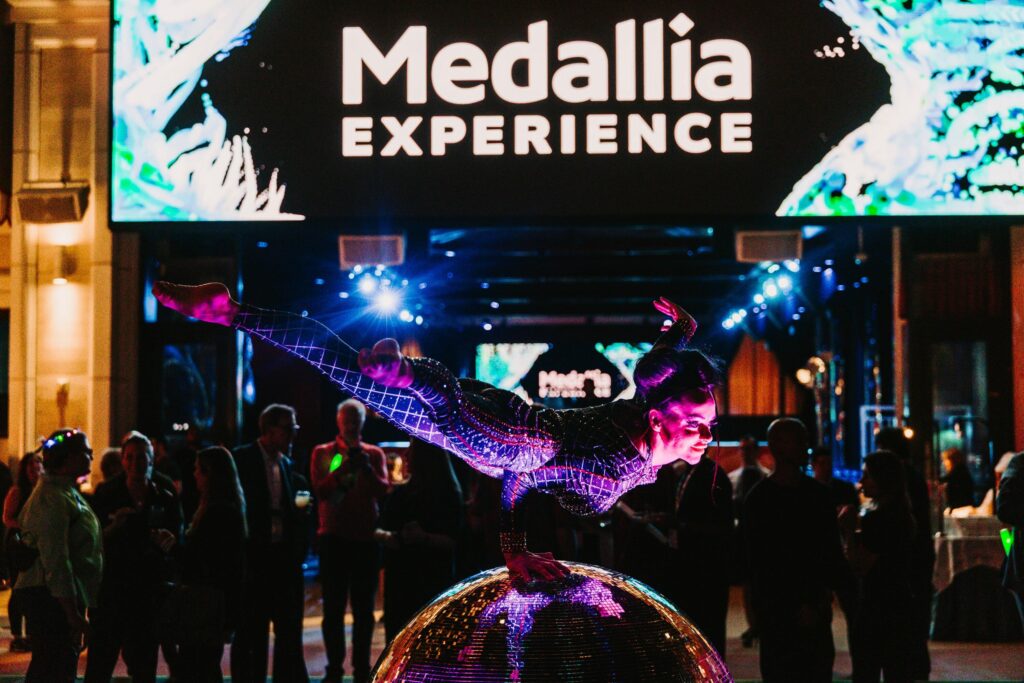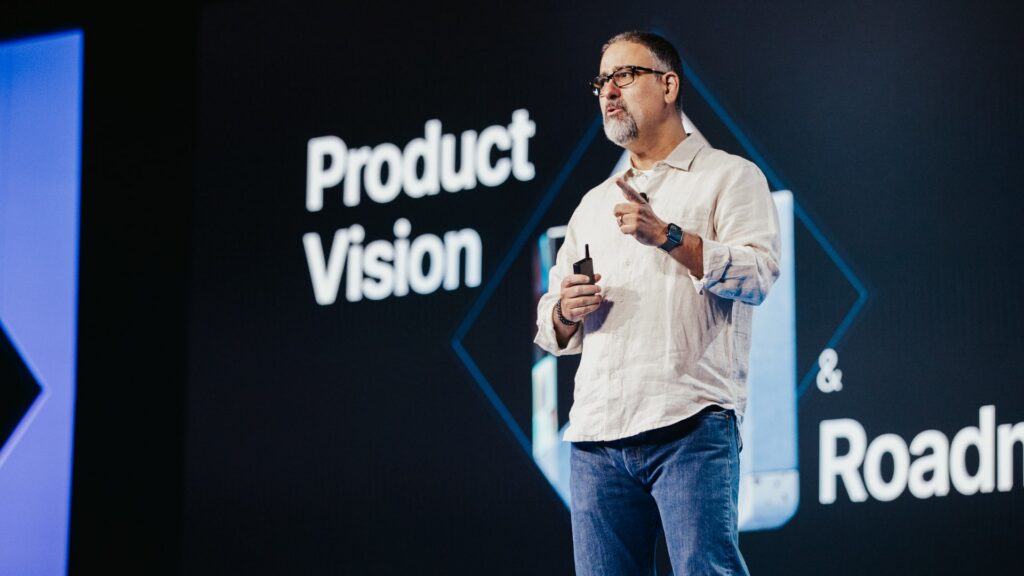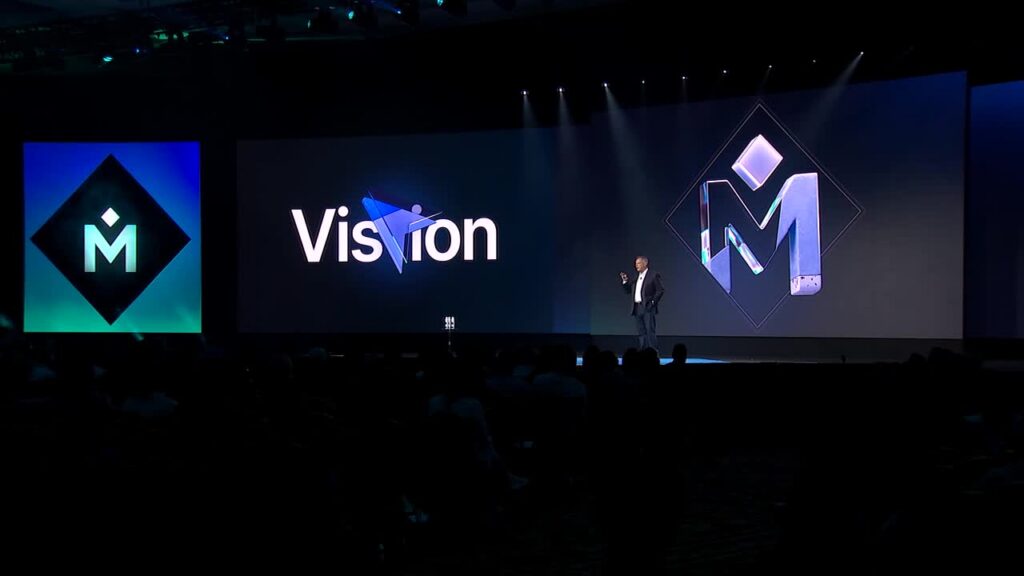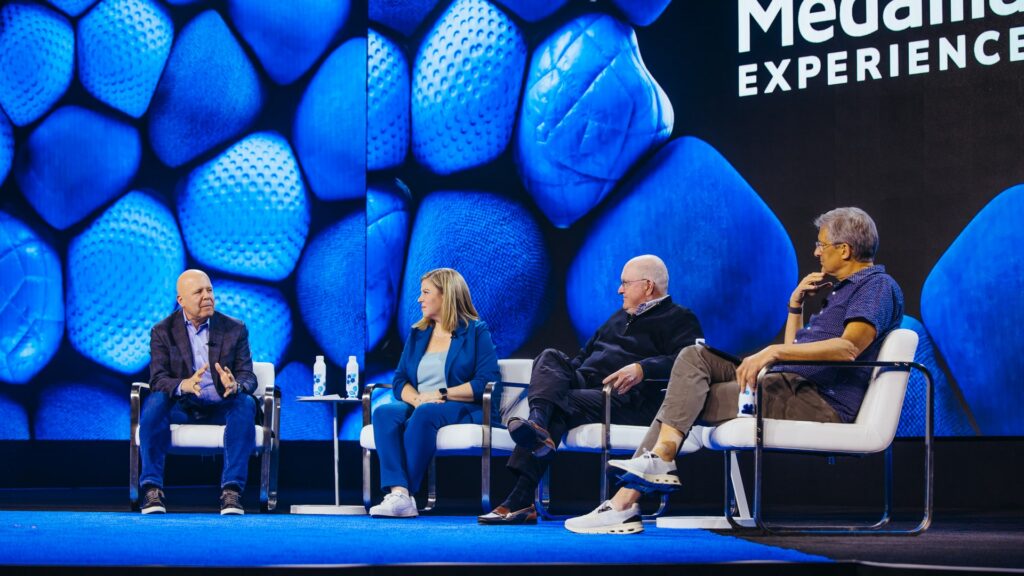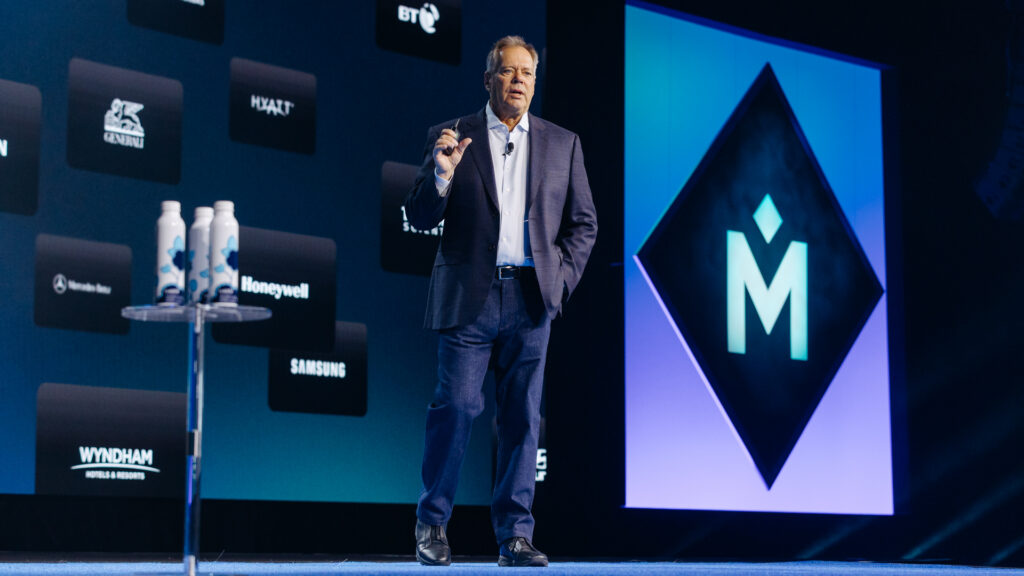Geoff Ryskamp: [00:00:00] Welcome everybody. Thank you so much for joining us at Medallia Experience 2025. I’ve already had just more than my brain can take in terms of content so far today, so I’m super excited about where experience is going. Today we’re gonna talk about a topic that has been discussed and experience since before it was called Customer Experience, and that is just loyalty.
We’ve got an incredible group of companies and panelists who are joining us, but as we get into this discussion, I want you to think about. Kinda how you think about loyalty. I want you to think about maybe a brand that you’re very loyal to and what makes you loyal to that brand, and what are the behaviors that you show to that brand that exhibit you as a loyal customer. The interesting thing about those who are joining me today is that I think we have a really good different kind of cross dimensional view of loyalty. We have Nordstrom joining us, which, a retail experience can be somewhat transactional that leads to a lifetime loyalty standpoint.
We have Hyatt joining us, which, certainly a little bit more longer [00:01:00] lead time in terms of planning and getting into the experience. Then we have holiday and club vacations, which can be, just straight up multi-generational loyalty. As we’re gonna learn a little bit more about today.
So we’re gonna dive into those topics. But before we go there, now that you’re all thinking about loyalty, ideally I want our panelists to briefly introduce themselves and then we’re gonna jump into the conversation.
Natalia Cervantes: Hello everyone. I’m Natalia Cervantes. I’m the text Analytics program manager at Nordstrom.
I’ve been doing that for about two years. And I am part of the customer insights and analytics team that supports the strategy decisions for Nordstrom as well as Nordstrom Rack.
Camille Kremer: Hi. There’s some face out here I already know, but anyone I haven’t met yet. Hopefully we’ll be friends by the end of this conference.
My name is Camille Kremer. I’m the Senior Director of Customer Experience for Holiday Inn Club Vacations. By the way, here forward, I’m just gonna say HICV because our company name. Is a mouthful. So HICV, probably the least known brand up here. We are a [00:02:00] timeshare and resort company. We’ve got 30 resorts domestically, and in Mexico we have about 7,000 employees and 380,000 members and owners.
I am part of a small but mighty. We like to say Mighty CX team. Actually two thirds of us are here right now, so my counterpart Mercedes in the front row. Thank you. Our team, we design, deploy, collect, aggregate, analyze, derive insights, and then drive improvements based on customer feedback. I like to say we should actually be the CX ci.
Team because we’re both customer experience and continuous improvement. We actually teach Lean Six Sigma throughout our organization in order to drive change. They won’t let us name it CX CI. ’cause it sounds like sexy HR doesn’t. I’m working on it.
Geoff Ryskamp: Excellent. I think we picked up a new term today.
I’m gonna remember that at the most inappropriate time. Okay. David. David, you.
David Jeffery: Not sure how to follow that, but hi everyone. I’m David Jeffrey, and my title is [00:03:00] Director of Operational Services. But really, my team and I help support our hotels in the hotel technology product space from the business side.
So we’re often a. A cross between IT and the business, but I come from the field, so I find myself being more business in an IT world. And at Hyatt we have over 30 brands now and only 1600 hotels. Loyalty is very important to us, as I’m sure you can imagine, especially as we have guests that travel.
From one very different brand to another very different brand, and making sure that they stay a Hyatt guest forever, no matter where they are in the world and what brand they’re choosing to stay with. We are very much in love with the Medallia concierge tool that helps us keep connected to our guests before travel, during their stay and after.
Geoff Ryskamp: Excellent. And David, maybe you’ll get upset with me, but I just have to say, if there, I’ve been a student of the hospitality industry my whole career. And if there’s a company that’s making moves in the hospitality space the last few years it’s Hyatt. [00:04:00] It’s definitely been one to watch.
We’re gonna talk about some of the reasons for that, but I’ve just been fascinated with the trajectory of this company. And yeah, we’ll talk a little bit more about it, but I want to talk about something that we just all of you are thinking about and how you’re defining loyalty and the brands that you’re loyal to, like what it is that you’re showing as a customer.
And some of that’s probably coming from feedback, some of it’s coming from behavior, et cetera. But I’d love to know how your brands define loyalty in today’s environment. What is it that, that you look at and how do you define customer loyalty?
Natalia Cervantes: For Nordstrom, we have obviously strategies for loyalty for Nordstrom and for Nordstrom Rack.
So we look at a couple of things is are we delivering on the promise that we’re making to our customer? And is the customer continuously trusting us that we are going to deliver and they can keep coming back to us throughout the different stages of their life journey and their life events and experiences.
So are we helping them look and feel their best? [00:05:00] Are we helping them find great products at great prices? And are they coming back to us consistently? So it’s that trips mentality, whether that’s they’re trying to find an outfit for their first job interview and they’re going to the rack and then they’re growing in their career.
Now they have to have the opportunity to come present on a panel at a conference, and they need a, an improvement on their outfit. So they’re taking advantage of the Nordstrom styling services, which I did, by the way. Very nice. Wow. Look at this. I did style myself. Look at
Geoff Ryskamp: this, a walking advertisement for Nordstrom, Nordstrom styling me only I could look that good.
But
Natalia Cervantes: are we delivering on the promise? It does our customer trust us that regardless of where they are in their stage and what they’re trying to do in their life, that they can keep coming back to us and we’re gonna be there for them and we’re gonna help them. That way they can keep having experiences with us, whether that’s their own or gifting or for their children, it’s throughout their entire lifetime.
That’s the long-term loyalty. That’s the long goal.
Geoff Ryskamp: [00:06:00] Excellent. I think everybody’s gonna be checking their nearest Nordstrom for these stylings. And for me, I think it was my five-year-old that went into my closet and said, you could wear this and see what happens.
Natalia Cervantes: That also works,
Geoff Ryskamp: a true story about some of that.
But anyhow, I like that you mentioned trust. I think that’s a very interesting component of it. Camille, David, anything to add on kind of the, your brand’s definition or your personal definitions?
Camille Kremer: Yeah, I I’ll jump in here. So I loved you said trust and just off topic momentarily indulge me here before coming on this panel because I’m a CX nerd.
I actually did put an all call out to everybody I know and asked Big L what does loyalty mean to you? How do you define it? How does someone show it to you? How do they earn it? And the words that came back were. Reliability, trust faithfulness consistency. Accountability. I loved that one. Accountability came back. Beg But my dad, I’m gonna give him full compliments on this one. He said loyalty is love in action. Loyalty is shown and earned by fulfilling a promise. He’s a [00:07:00] carpenter, not a copyright. And he might have chat GP toed that, to be honest. But I’m gonna, I’m gonna give it to him. So thank you Papa Wayne.
But when I heard that, and you said promise fulfilled and trust and reliability, that really speaks to how HICV thinks about loyalty, mainly because we have a very different product from anybody else who’s up on the stage, we’re timeshare. You buy our product and it’s yours into perpetuity, right?
You only need a purchase with us once. And so for that loyalty equation of, fulfilling the promise, our customers fulfilled their side of the promise the moment they purchased. Now it’s up to us to fulfill our side of the promise for the rest of their lives. Hopefully, if we do it right, they’ll will this to their children, right?
So we need to make sure that you. Love the choice you make. You what choice you made, the service that you get. We need to make you love every interaction and every stay with us. And as a result, actually our primary metric in the company is called Guest love. So on a 10 point scale for [00:08:00] experience, it’s our top box that is guest love.
We are all accountable to it. From the front desk agent to the CEO. We all have that as our kind of north star, this guest love. So that’s kinda a metric I think for our brand. We know if we’re delivering on that from a business sense, when we see that 60% of all of our revenue actually comes from owners repurchasing, so they’re doubling down, they’re expanding their ownership.
And I repeat, they never needed to purchase with us again. They only need to do it once and they’d have our product forever. So for them to decide to repurchase, we know that we’re getting something right. The other thing that we see is 20% of our reservations are actually owners sharing what they have, their reservations with friends and family.
So that is like the most activated NPS promoters. You can imagine, right? So there’s advocacy there. So we know we’re getting it right in those metrics. But then from a kind of qualitative and tangible sense, the way we think about loyalty is this multi-generational that you said at the intro.
We see people who have [00:09:00] owned with us for. 40 years, right? They raised their kids on our properties. Their kids are now purchasing. Their grandkids are there. We get to watch all the generations come together. They’ve become friends with other friends, with other people who are within our network, and through that they’re cultivating community.
So part of our sense of loyalty is not just creating community to us and us being delivered to them. But our members and owners creating community with each other, so we need to activate, cultivate, and curate community.
Geoff Ryskamp: David, how does Hyatt look at loyalty? How do you, how do you design it from where you sit and what would you say is the current point of view on it?
David Jeffery: So the foundation of Hyatt is we care for people so they can be their best and intrinsic in that is trust and reliability and all of these sort of common themes that we’ve been talking about. But I think at Hyatt and what makes me appreciate Hyatt a lot is that extends not just to our guests, it extends to our operators, our owners, our vendors, our customers.
Anyone that’s interacting with a Hyatt. In any way should feel that care, that need for [00:10:00] us to make sure that we’re setting you up to be the most successful, either on a stay or in a meeting or whatever the case may be. Travel is emotional and travel is expensive, and travel is. A utility that we’re trying to make better at Hyatt, and we want to make sure that if you’re there for the job interview that you have tomorrow morning, or the family reunion, or the vacation, or that solo trip that you’ve planned forever, we are here to make sure that we’re caring for you so that you can have the best Hyatt experience possible no matter what door you walked through to get there.
Geoff Ryskamp: So we’re 10 minutes into this thing and I haven’t heard anybody talk about points or anything like that, and I think this is a very interesting. Thing. Because if you talk to, whoever the business traveler is like maybe your mom or dad or something, and how they thought about it, they were racking up points so they could take the kid on vacation.
And that was that’s a loyalty program. You mentioned loyalty, like big L, like actual, like real loyalty. And I thought that what you said was really interesting [00:11:00] about this kind of, this idea of the emotional connection of loyalty being a verb and Will Gadara talked about this also, right?
There’s a good chance that any of our customers will not remember all of the details about what we did, but it’s the how we felt afterwards and how our brands made them feel. Which that, that’s gonna stick with me. I think that’s such a powerful. I think interesting component, but I wanna suss that out a little bit ’cause I think this is really important.
’cause we can all talk about loyalty and say, yeah, it’s important, this is a big thing. But what I’d love to know, as you’ve looked at this, is the different aspects of the customer experience that really have the most significant impact. On building these relationships. I think that’s a really important point.
’cause if we want to actually drive this to a tangible thing. So what have you found with that? What are those moments that matter that have a really big impact?
David Jeffery: I’d love to share my story from yesterday. Yeah. Let it rip. Let’s do it. Yeah. So flying here yesterday my flight ended up being 13 hours delayed.
Delay after. Yeah. Is that the longest delay in the room? 15 hours.
Anybody [00:12:00] higher than that?
Geoff Ryskamp: I think
David Jeffery: you went. Yeah. And in my former life I was a flight attendant and even 13 hours is quite, quite a lot. But I can earn and burn points with any airline and I can have the credit card for any airline.
But every time that we were delayed or something happened or there was new information. My app lit up and not only did it light up and say exactly what was happening, and here’s a meal voucher and we’re so sorry. I have a lot of meal vouchers. I should check when that expire. Yeah.
Who’s hungry? We got,
Geoff Ryskamp: yeah. We’ve done David at the airport.
David Jeffery: Yeah. But at the end of my flight, the moment we touched down, I had a text message and an email from United saying, we’re so sorry. Here’s compensation. If this isn’t enough, please call us. So I know that if I fly united in the future, and I probably shouldn’t say united, but if I fly united in the future and we have delays or something goes wrong, I at least know that I will feel taken care of because I don’t wanna run around O’Hare from the B [00:13:00] gates to the sea gates and back.
Every time they change a gate. That’s emotional because they took care of me. I won’t even consider not flying United in the future because they’ll take care of me when something goes wrong.
Geoff Ryskamp: It’s incredible. So I think what I’m hearing is the moments when things don’t go well could be that significant moment.
David Jeffery: Yeah. And that’s where a tool like Medallia Concierge comes into play for us because we have live interactions with our guests at our fingertips. So when the towels don’t get delivered or the room wasn’t cleaned before five and. Or we just wanna say, Hey, we know you had a job interview today. How? How was it?
How did it go? We’re all rooting for you. Whatever the case may be. We have a live wire into our guests, and we don’t have to be reactive when a guest has something go wrong, and then we’re following up after a survey. We have them right in front of us and how we use those tools to care for our guests to be their best.
That is, I think, what loyalty is about. It’s interesting
Camille Kremer: just to piggyback off that, because [00:14:00] I love when things go right. But not your flight. Obviously that went completely wrong, but when a company or a brand is able to deliver in real time be proactive, I think is absolutely stellar.
But I don’t want to out shadow the fact that the concept of the service recovery paradox. Is everybody familiar with the service recovery paradox? That if something goes wrong, but you recover it so well, they’ll actually score you better than if nothing had gone wrong in the first place.
I think there’s real opportunity in that because it’s not always gonna go, right? Yeah.
So make sure that if there are moments that. Aren’t ideal that you own it. Take accountability. That was one of the words I really liked in the beginning. Take accountability for it and then make it right by somebody.
And with that, I think you can gain as much loyalty as if you got it right the first time. I’m not encouraging people to make problems every time we teach this at my company. I’m like, don’t make problems. But but I think it’s worth noting too that it’s okay to get it wrong sometimes, as long as you recover effectively.
David Jeffery: United allowed me to take a lot of worry points out of the equation. I don’t [00:15:00] have to worry about. Is my flight gonna take off or what’s happening? I know what to expect, when to expect it. If I had the opportunity to text the hotel, I could have said, Hey, I’m running late. Please keep my, my room for me.
But I could focus on the things that I needed to do versus, on top of which having to manage United and their customer service. My phone was blowing up yesterday, which was great because I knew every second of the way what was happening, and that allowed me to then. Take deep breaths, not freak out. Do what I need to do in order to prepare myself for the eventual flight.
Geoff Ryskamp: Sounds like you were never in the dark, right? Which is the bing when we’re traveling, or even in different experiences, like in a retail environment, you just don’t want to have this moment of uncertainty and not understanding kind of what the deal is. And that’s a great example I think you shared.
If you don’t mind, I’d love to know from a retail perspective as well, and Natalia, what are those moments? That really have you found to be the most critical? If there’s things that you’ve identified that are key friction points or key, just important cases for customer loyalty.
Natalia Cervantes: Yeah. David, I need to get [00:16:00] this out because my brain just can’t stop thinking about this. Did you know that the O’Hare airport has the most starbuckses of any airport in the us?
David Jeffery: Yes, because as a Starbucks guy. I’m very the
Natalia Cervantes: most
David Jeffery: yes.
Natalia Cervantes: Okay. Now that I have that, you spoke for a
Camille Kremer: 13 hour layover by the way.
Natalia Cervantes: You went to every single one.
Geoff Ryskamp: I It’s a tipping point where you can have too many though, right? Yeah,
Natalia Cervantes: but I liked what both of you said, which was, yes, we can make things right for the customer when things go wrong, but again, we know that things are gonna go wrong in our journey stages. So we look at Data by Journey, and then we look at it by key drivers and we use TA and we.
Map it out and try to see, okay, what pain points are the customers having? But if it’s a pain point that we can’t immediately fix, if it’s a, two year plan to fix the pain point, is there a stage before that we can come in at and say, Hey, we know you’re gonna experience this pain point. We know you have a difficult time finding the tracking number or getting access to [00:17:00] your previous purchases.
Like how can we explain these things better to you? So that we can show you, you can trust us, that we understand there’s a pain point coming in your journey, but how can we help you pass through and build that fluid loyalty landscape that I like to talk about where you’re adjusting to your customer’s needs and you’re saying, I hear you.
You gave me feedback. I understand you, and I’m building trust and consistency. Letting you know that I’m with you. It’s gonna be difficult. There will be bumps, but I’m with you. I think all of us in the room can say that there are pain points for our customers along their journey with us. Otherwise, you’re at the wrong conference, I think.
Yeah, exactly.
Camille Kremer: So can I piggyback on that? ’cause I love that so much. For the last three years we’ve had a JD Power Award for outstanding customer service, but. One of the things in order to earn that is you have to prove that you do certain things. And a JD Power best practice is proactively reach out to your customers if you know there is a dissatisfier, right?
So just nip that in the [00:18:00] bud. Don’t be, don’t shy away from it. Don’t be afraid of it. Acknowledge it and set the expectations upfront so that proactive outreach for a dissatisfier is an absolute best practice. I love that you’ve called that out.
Geoff Ryskamp: It’s interesting too, ’cause I think, David, you talked about that a little bit, the proactive outreach and how that looks, what that feels like from a guest standpoint when they’re on property before they leave, this type of thing.
And. Channels of interaction I think are important too. Speaking the language they do, right? Yeah. Like they don’t necessarily have to go download an app somewhere to figure it out. There’s other ways. So is that something that you found as well, like from a trust standpoint, like being where your customers are?
David Jeffery: Yeah. Especially when someone is spending their money to, to sleep in your building, which might be having renovations. Or there might be that. Bar that’s downstairs, that’s like loud and raucous and setting expectations for those guests is crucial in, in making sure that they have a great stay with us.
So we think about that quite a lot.
Geoff Ryskamp: I like that you, David and Natalia both talked about this really important concept of [00:19:00] sometimes you know the problems that you have as an individual location or as a company, things that are inherently challenging for your guests or your customers.
And there’s sort of an honesty and an important dialogue that you can have with the customer about that because some of the times, like in this sector, we get all this feedback and we’re like, okay, what are the things we can change and what are the things we cannot change? And that gets into a really interesting prioritization component.
One of the things that I think is the most apt to potentially influence with this though, is our extended teams, like all of the people who are working inside the hotels, the resorts, all of the retail locations. I’d love to get your take on this, just like that relationship that you see, like the employee experience delivering loyalty, how does that all work and how do you see those working together?
I.
David Jeffery: I think at Hyatt, that’s why we feel that we care for people so they can be their best, is our foundation. It is crucial to everything we do. It is all over the walls in our corporate office. It is the only thing that is on the walls in our [00:20:00] corporate office because for us, it’s the only thing that matters and that extends to not just our guests and our owners and our operators and vendors, but it.
Most, especially our colleagues, if they’re not taken care of, if they’re not feeling happy with their work, if they don’t like the hotel experience that they’re working in, then they’re not going to deliver the same for our guests. And the best way to do that is to make Hyatt a differentiator as an employer.
So we give all of our Hyatt colleagues 12 free nights a year. At any hotel in the world that has availability for it. So I went on my honeymoon to Amsterdam, right? Wow. For free. And I will never ever forget that because that was a huge differentiator. ’cause going on honeymoon is expensive, right?
And so to have that as a Hyatt colleague at my disposal when I need it is great. And that makes me. Feel not only part of the company that I work for, but I also get to experience the company I work for. I don’t just work at Hyatt. I experience Hyatt. I stay in Hyatt. I have the Hyatt [00:21:00] credit card, and it helps me be a more well-rounded colleague in that way.
And that’s what we’re trying to give to our colleagues as well, is that is it’s not just a job, it’s way more than that.
Geoff Ryskamp: It’s a killer benefit too, and I’m very differentiated. I think I saw a couple phones come out with some applications going through some upcoming trips coming, but no, I love that. It’s the experiencing of the brand.
Yeah. Other thoughts on this? Thinking about the employees and the teams?
Camille Kremer: Yeah. We I. There’s the saying, happy employees make happy customers. We say loyal employees, make loyal customers. Do we really lean into looking at attrition and what can drive retention? How do you get to that loyalty?
We have a similar program where every single employee from the landscaper to the top all get points so that they can go similarly, experience the product, understand what it is to be an owner get that full experience, feel that community. But we also, similar to you, we’ve got programs about Be yourself, be real.
There’s a whole training program, but stay real because we want people to not just [00:22:00] feel their authentic self at work, but we need them to be diverse because our customers are diverse. And that also helps with the creation of community. But the one or the thing I wanna bring up, what was the guy’s name from the keynote?
Geoff Ryskamp: Yeah. Will g.
Camille Kremer: Okay. So that guy I knew I was gonna forget his name and he was wonderful. So one of the things that he talked about was. The guy who gave him the key right when he walked in and that, that guy felt the impact of being able to make an incredible moment for him. So one, we empower, we’ve got budgets on the resort so that people are empowered to make meaningful moments.
But I think another thing that we do is we put Medallia in the hands of literally. Every frontline employee. Awesome.
So
Camille Kremer: they can see what the feedback they’re getting, right? When they get it wrong, but also, especially when they get it right, they understand how they made somebody’s birthday or anniversary or the one trip they got to take this year, how they impacted that person.
And we do that, whether it’s the call center or resorts, doesn’t matter. Anybody who touches the customer can see what the customer is saying about them. And that has been [00:23:00] totally impactful. ’cause everybody wants to know that they’re making an impact at work.
Geoff Ryskamp: I love that the recognition component. Can really drive a lot of engagement.
And I don’t know, I’ve heard it called this free fuel that can power your business that exists, right? And it’s this recognition component and we should burn lots of it every day, right? That’s a good percent. Not my quote somebody else, that I think it’s a really important component to think about.
Other thoughts on that though? Employee? Yeah, I just, I wanna do a quick plug for Medallia. If anybody is not familiar with the Athena flags. There are recognition flags, literally that Athena will put on various surveys. It makes giving recognition super easy. Yeah. So if you don’t have a really robust recognition program, that will help fuel your jet for sure.
Camille Kremer: Another one is the Voices Platform, which essentially just sends little snippets to your executives of great quotes that have come through and your executives at any moment can hit appreciate or and that type of recognition where especially frontline people is just. Enormous. So I just wanted to give a little plug for Medallia products.
Geoff Ryskamp: It’s interesting too, you talk about the engagement and [00:24:00] feedback at the property level, which I think is a key, huge part of hospitality. And Medallia’s actually done analysis on this in the past where we’ve. Looked at correlations between levels of engagement and feedback and financial performance.
And not a surprise. The two are highly correlated. So this works really good in like an environment with a lot of retail stores or a lot of different hotels or resorts. You can actually see a really very interesting and compelling correlation there. So we talked about the state of loyalty now.
How we are defining it, how we’re thinking about it. Let’s look ahead a little bit to the next few years. I would love to understand from you all like where you see loyalty going and kinda like where it is now or we talked about a little bit, but like relative to where it is now, where is loyalty going and how is your company thinking about it?
How are you thinking about it? Because things are changing pretty quick. I think I heard from somebody in one of the keynotes about agents talking to agents, AI based, and that seems different, but thoughts on that? The future?
Natalia Cervantes: I would love to jump in here ’cause I was rethinking this question actually [00:25:00] today.
Yeah. Because of the different presentations that we had yesterday. I attended the mug sessions and the discussions, the round tables, and then hearing a lot of the speakers here today, when we think about that five to 10 years down the road and what loyalty looks like. These are all insights and innovations and these are all conceptual things that we think about.
We know that our customers are gonna want us to know them on a deeper dive and be there for them and be able to anticipate their needs and personalization and genuine connection. None of that is going away, but when I started to think about everything I heard and where different businesses are with their Medallia journey, with their customer feedback collection, with their CX understanding, after hearing all of that from yesterday and today.
It made me think about, okay, but what about the today journey? What about The what can we do today to help our customers stay loyal? Five to 10 years is a great concept, great thoughtful opportunity to think about [00:26:00] loyalty, but if you can’t maintain the loyalty now five to 10 years isn’t gonna matter.
They’re not gonna be such a. So what can you do within their journey now? What can you fix? How can you help them? How can you be there within that fluid loyalty landscape that I like to talk about?
Yeah,
Natalia Cervantes: how can you be there for them and how can you support them so that five to 10 years down the road when there are changes and there are shifts.
They trust you, they understand that you’re gonna communicate. You’re compassionate. You’re genuine, and they will stay with you. 5, 10, 15, 20. The landscape is not gonna matter anymore ’cause you’ve built that roadmap for them to trust, to stay with you for some reason. Maybe it’s ’cause I’m in, in Vegas and there’s betting for some reason.
I I thought about the sporting analogy. When you have a team that you’re dedicated to that hasn’t won a championship or. A conference in decades, but you continue to buy their gear to go to the games, to, participate with the sports team. ’cause [00:27:00] you believe that they’ve changed the strategy.
They’ve gotten new young players. They have a new coach like you, you believe. And then when they do win you’re there to celebrate, to support them. So that’s where my brain was going with this, is that if you’re not getting your customers to believe that you’re going to continue making changes and adapting to their needs and they understand there’s pain points, but if you’re not doing anything about it and they’re just running into the same wall over and over again with the same coach that hasn’t won a championship in 20 years.
It’s gonna die out.
Geoff Ryskamp: I love that. How do you, this is like a little to build on that. How do you do that though? Like how do you bring them along for the ride when you’re learning? And this question for everybody, right? But this whole idea of kind of this two-way street of loyalty where it’s I.
They’re telling you stuff. You’re fixing stuff. Is there a component where you like, close the loop or let customers know? How does that work? Yeah, so
Camille Kremer: in that kind of reciprocity sense, I’m gonna, I’m gonna share something that, [00:28:00] vulnerable and humble with you. What happens in Vegas stays in Vegas.
We wanted to launch an app recently, not even an app. It’s actually just a new portal for people to interact with our members and owners to interact with Old portal, really clunky, but got the job done. New portal. Better ish. Doesn’t get all the same jobs done that the old one did, even albeit clunky.
And in January we just arbitrarily told everyone we’re turn, we’re turning the old one off and you’re just gonna have to use the new one. And the pitchforks came out and they lit the torches and they stormed the castle.
Oh, wow.
Camille Kremer: And everyone told us that was a terrible idea. We paused. We said, we hear you.
We. A hundred percent stopped that as our timeline. And we took it as an opportunity to create really fluid communication with our owners and say, okay, now we’re listening to you. One, we’re not gonna do that. Two, as we make updates to this, as we get it closer and closer to what you’re actually looking for, here are the ongoing communication.
So I think the [00:29:00] reciprocity piece that you’re talking about. Is just inform your customers, whether it’s about something good that you’re doing or something that you are recovering from. Make communication not just about a CTA, like customers are not ATM machines. Ultimately, like there needs to be relationship building communications that are going out.
Whether it’s just education, communication, Hey, we love you, we’re thinking about you on that job and review, right? Relationship building items. I think that being able to communicate out lets them know you’re listening and you care. And they come back.
Geoff Ryskamp: So when you’re sitting in this seat where you’ve got the data and the information, and you see a big investment happening at your business.
And you’re starting to collect signals and information that it might be the wrong ones. I think this is a really interesting point. I think if you’re in cx, you’ve probably seen this happen before in your business, right? Like the train’s leaving the station, it’s expensive, it’s got executive sponsorship, but all the alarm bells are going off in cx.
From what you’re hearing that it’s like [00:30:00] this is not it, right? Unpopular thing. But I think this is where CX leaders can be the guardians of the sunk cost fallacy. Which is like one of the first things they teach in business school. It’s the basic idea of you can walk away, right? It’s cheaper to walk away, right?
If you’re collecting data and information. So a really powerful and important thing, and it requires a lot of, so it’s awesome to hear stories like that. These are not the stories that get published. Like
Camille Kremer: it stays in Vegas. But yeah, it,
Geoff Ryskamp: everybody abides by that rule. I will say
Camille Kremer: we’re very lucky that we’re we’re not just customer obsessed by, at the tagline.
Actually, our CEO is completely bought in. So when we went to him and said, it doesn’t matter, this is three years of sunk cost, everyone’s gonna be upset. We will lose loyalty, we’ll lose trust. We’ll lose all of that if we move forward. And so it was the right thing to do and they were willing to listen to us.
Geoff Ryskamp: Awesome.
Camille Kremer: Yeah, it’s really cool.
Geoff Ryskamp: Stuck. Future loyalty, Natalia said. Future of loyalties Right now you’re building. I don’t think anybody can top that answer. That’s that is the right answer. That’s the right answer on the test. [00:31:00] But and other thoughts on where things are going, right? It’s loyalty has changed over the years and what people think of it.
But other thoughts on that?
David Jeffery: I’m under the assumption that every guest that has a complaint complaints, and that’s obviously not true. And so it’s the people that are checking out and saying goodbye and we’re wishing them on their way. Who don’t have feedback for us, who don’t complain, who just say, I’m never staying there again.
Those are the sorts of things that make me really worried when I was working at the hotel level. What aren’t they telling us? I think to that point, the future of loyalty is today to that respect, right? Because if you’re not doing enough root cause analysis at your hotels or at your workplace to figure out.
Why something keeps breaking or why guests keep complaining about the same thing and you’re not going back to address it, then you’re just fixing and compensating in an endless cycle and that does not loyalty make. I also think the future of loyalty is not necessarily earning and burning points.
I think like before I could go to any, I could phone any airline here, but I flew United [00:32:00] here and I will continue to fly united because of. The way they treated me when something went really wrong. That’s the future of loyalty to me, is maintaining that and growing that. I think the one thing we’ve said.
A lot on this stage is trust, and I think there’s nothing more important about loyalty than trust. Starbucks, I’m a huge Starbucks guy. I have way too much Starbucks in my life, but I go back to Starbucks no matter where I am in the world because I know that a tall latte at a Starbucks, at O’Hare, at a Starbucks in Beijing at a Starbucks.
In LA no matter where I am, that tall latte is the same, and that consistency is really important for me, and I will always seek out a Starbucks because I know what to expect and I know the type of care I’ll receive, and I know what they’ll do when something goes wrong.
Geoff Ryskamp: There’s a whole conversation around.
How you represent your brand and when it’s important to be consistent and when it’s important to be like uniquely authentic [00:33:00] and different. Which I think, but yeah, the Starbucks tall latte, and I dunno if McDonald’s is in the room, but the McDonald’s french fry tastes the same everywhere.
And that’s what you want. Which I love. We have a little bit of time for questions. All of your
Q+A: companies have rewards programs. What part do you think that factors into loyalty and do you think that’s actually a vital component when you are thinking of operations and you’re thinking of customer experience?
David Jeffery: I was thinking, we were talking earlier and I was talking about how before the pandemic, I used to travel a lot and if you had asked me that question when I was still in executive platinum with American, I would’ve said, I will fly American no matter what. ’cause I want my points and I want my status.
I want my. My priority luggage. I want all of that, right? But I think that. That’s just a very one-sided way to look at it. I think that I myself contradicted myself up here on the stage and right, and said, I’ll, yeah, I could have flown anyone here. I don’t care. But it’s those matters where things go wrong that matter.
And at that point, I don’t care what status I have [00:34:00] with any airline. I need you to fix the problem or at least need to feel like you’re fixing the problem. And if that hadn’t happened yesterday. I would reconsider, or I would think about maybe I don’t need to have a bazillion united points. Maybe I can think about the best, just the best way to get to my destination and not struggling to find a United way to get there.
Natalia Cervantes: If I can jump in on that too, it’s. Obviously we have a credit card. There’s points that you earn. Just like with any credit card. I have it. See, but with what you’re saying about U United, I have zero status with United, I don’t have a credit card. I don’t do anything with United, but I’m a loyal United customer because of their customer support and how they fix the issues.
The rewards are great and if I want the rewards, I can sign up for the credit card or I can, fly more with them or buy more things with the credit card. Same thing with the Nordstrom loyalty program that we have. It’s an extra thing that you get because you trust us to deliver on the promise.
So it’s [00:35:00] a secondary thing. It’s important. Of course we want credit card signups and people using the credit card, but it’s more about you trusting us and you wanting to use that credit card. ’cause you’ve got more than one credit card in the wallet. So it’s about which one do you wanna use, which one do you trust?
Camille Kremer: And I would just add a cautionary piece. We actually don’t have a loyalty program. Sorry. Yeah. As soon as you buy with us, we’re just loyal to you for life and you get all of the perks immediately. There’s nowhere to go from there. But it’s not to say that I don’t have, credit cards from other companies and I don’t participate in loyalty programs.
One in particular, I’ve gotten American Airlines credit card and I love to earn points on it. Interestingly, I never use them. To fly American. Not ’cause I don’t love American, it’s great, but I never think about it. And when I thought about that earlier I was like, oh wow. So American got me to be loyal to its loyalty program, but not to American itself.
And so I think the caution I would offer is that you could be diluting your brand when you’re in and you’re hoping to be expanding it, right? If your loyalty program [00:36:00] is all about spending with others, it’s not about your core competency anymore, and you might be losing people by offering them free marketing.
Geoff Ryskamp: That’s a huge concept. I wanna make sure everybody caught that. Being loyal to a loyalty program instead of the brand itself. Kind of full circle. ’cause we talked a little, you’ve mentioned big L loyalty. That is such an important concept and I think it’s yeah, another panel conversation for that.
But we do have time for, I think one more question, if anybody. Has anything else that they they’d like to ask?
Q+A (2): Hey everybody, my name’s Logan with pods moving in storage company, and I guess my question would be more around how do we feel about customers who have been part of your loyalty program that maybe haven’t spent in a very long time.
I. Checking in with that customer because there may be a feeling like, oh, don’t bring up that they’ve been with us for a long time, but they’ve been, maybe spending money. And we don’t want them to be like, oh yeah, I forgot to cancel that sort of situation. Like checking in with a customer that’s, been with you for a long time.
I. Just you wanted to see how things are going. Don’t make the assumption that’s how the [00:37:00] conversation with that cohort of customers is gonna go. It’s the back to what we’re talking about. Trust, transparency, communication, connection. Yeah. If you check in, that might be one of the outcomes, but what are the other outcomes?
Natalia Cervantes: How can you map out the other ways that, that conversation can go, can you do something in the conversation to guide it towards the way that you would like for it to go? And then the ones that do drop off, we’re probably gonna drop off anyway.
David Jeffery: Yes. Verbatim.
Geoff Ryskamp: It’s one of the, it’s one of the great questions of loyalty.
It’s the between. Experience. The between stay, the between purchase and that’s the component. We are out of time. I want to thank you all so much for joining us. This has been a great conversation.
